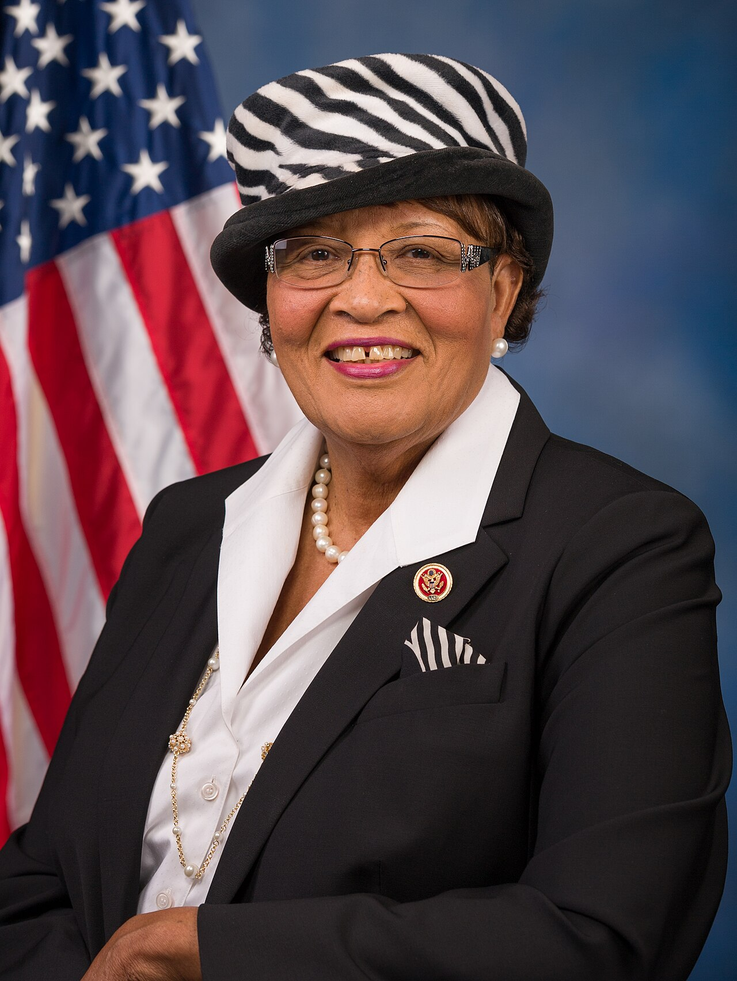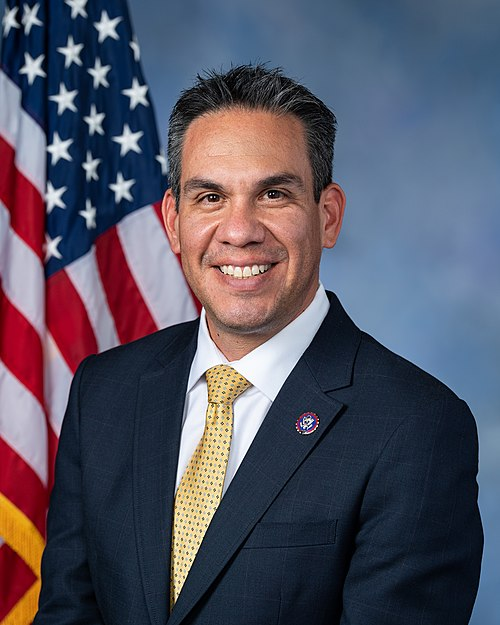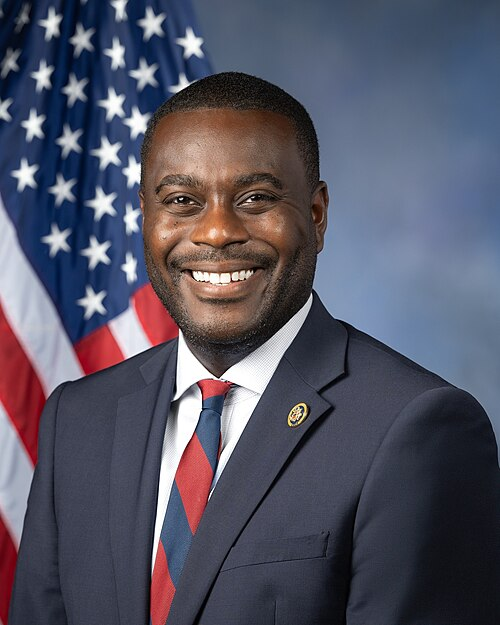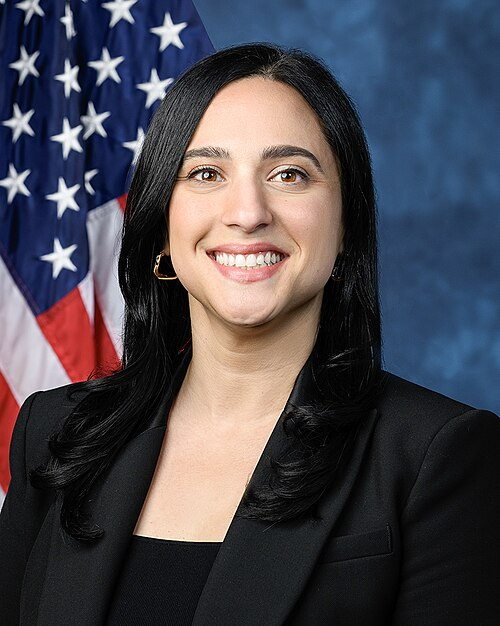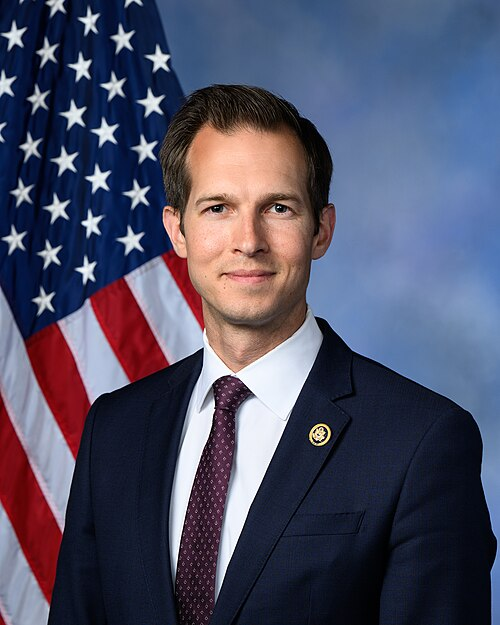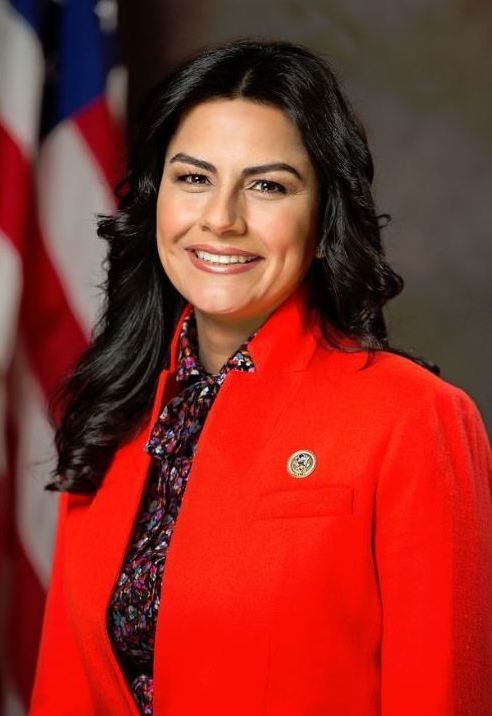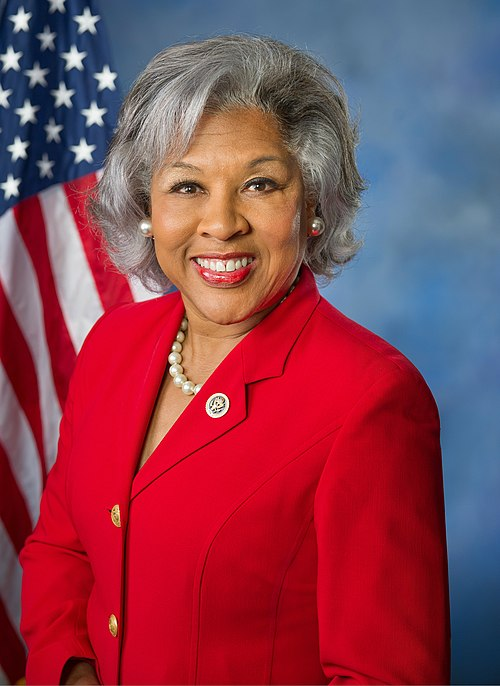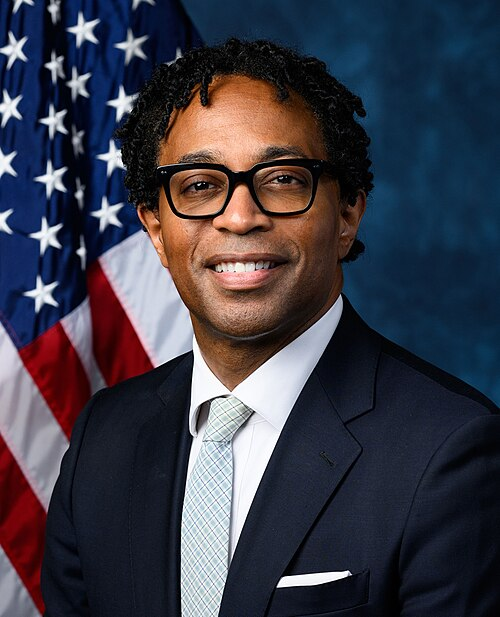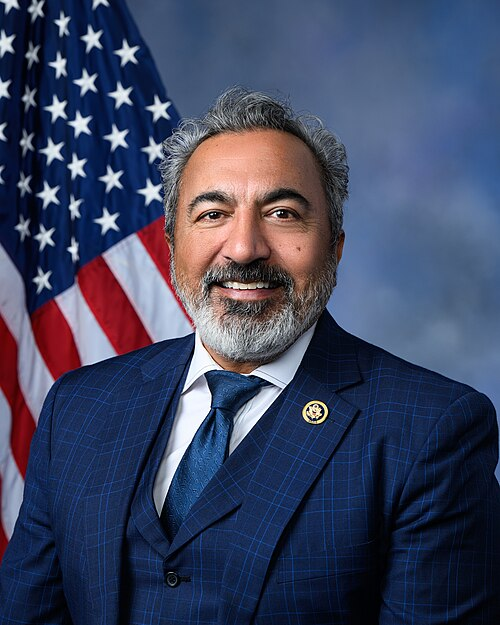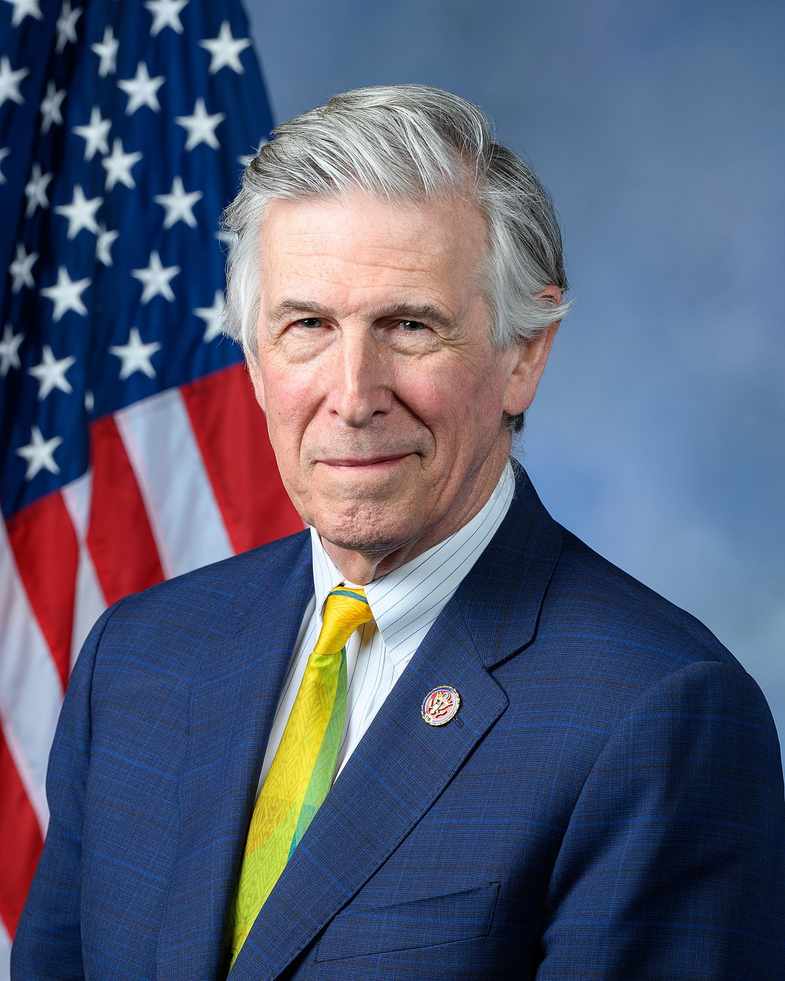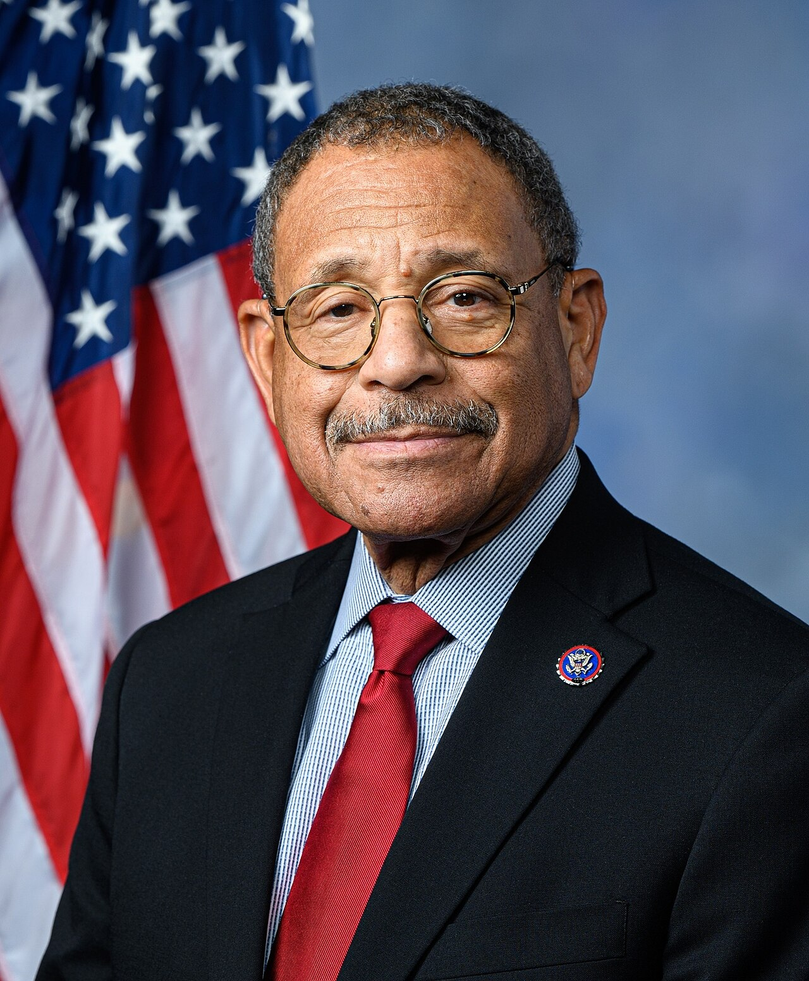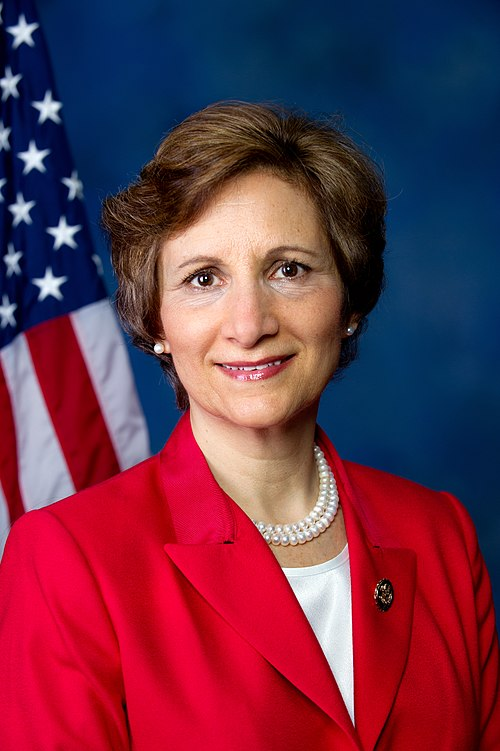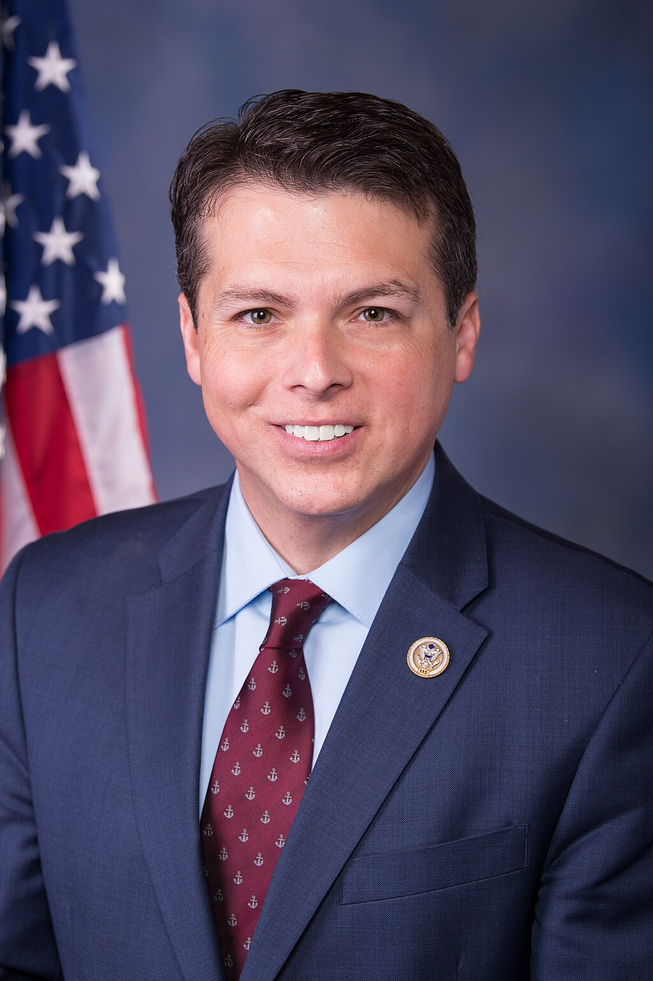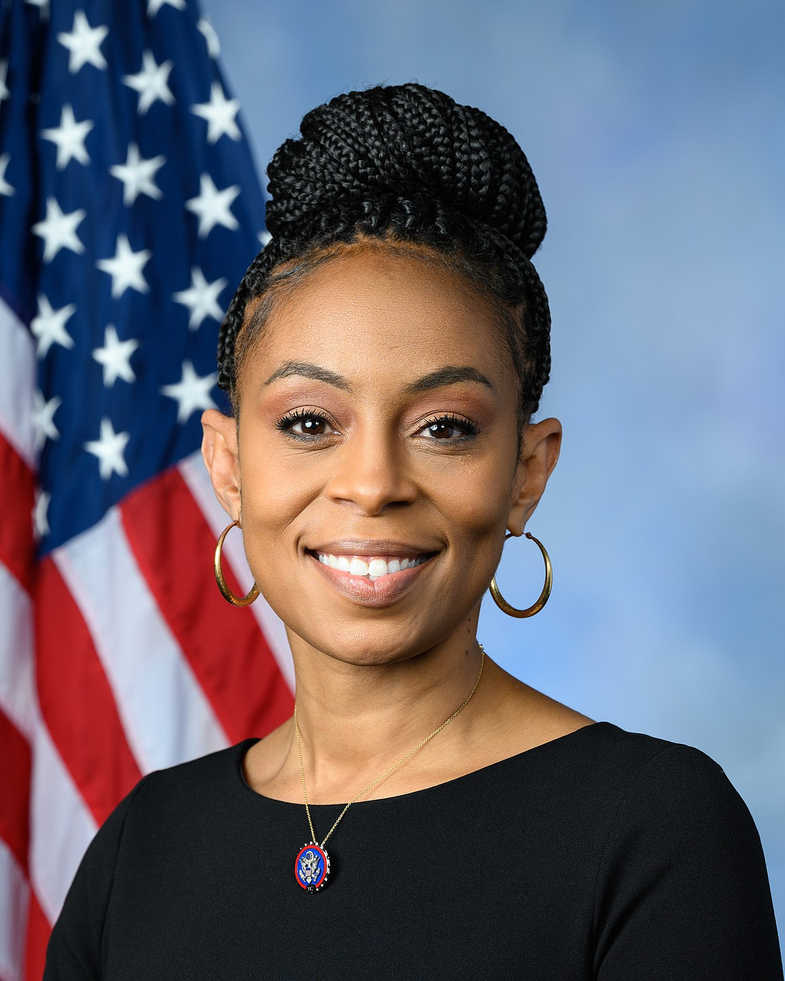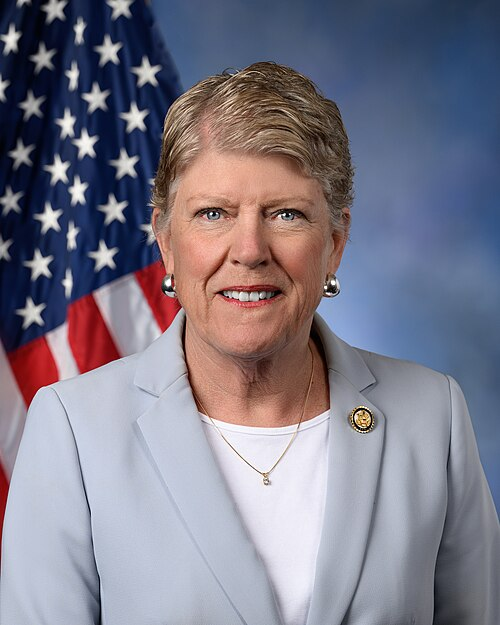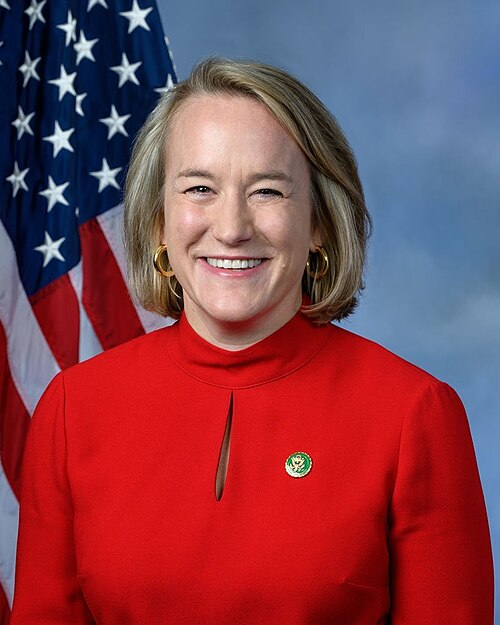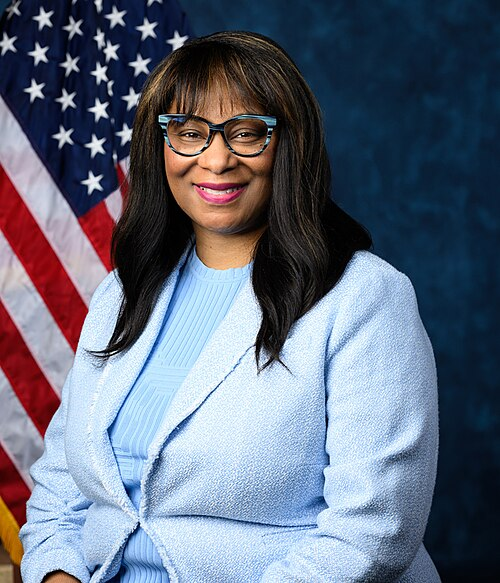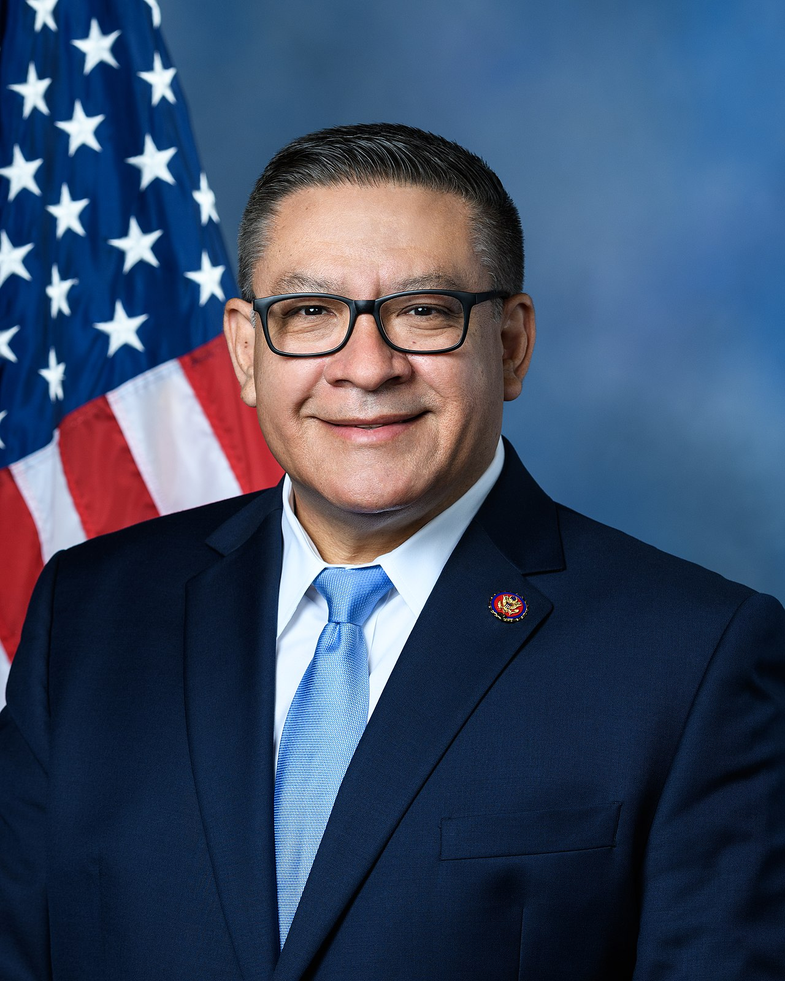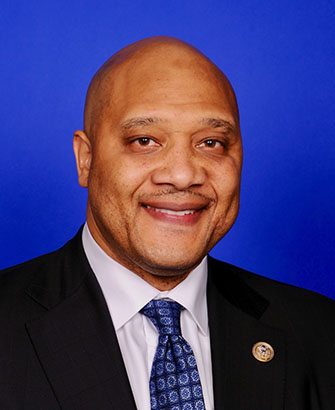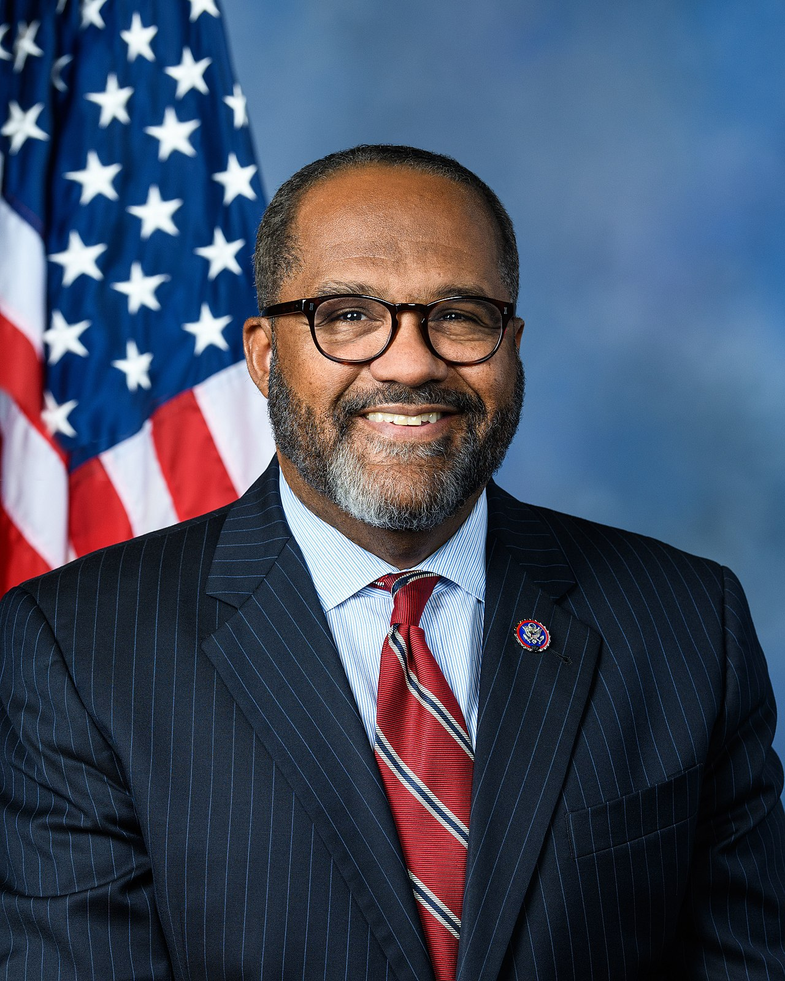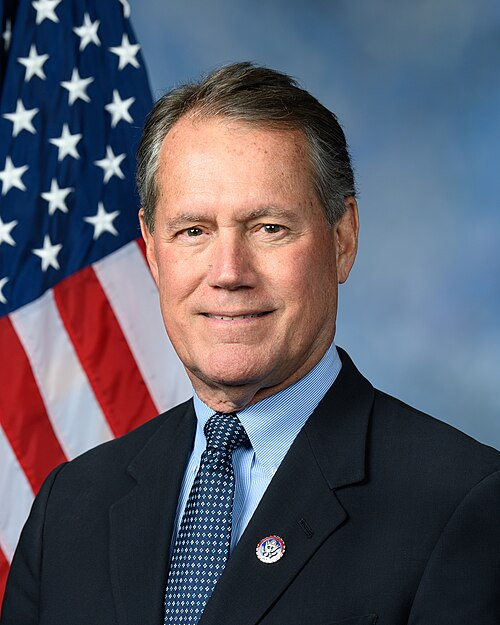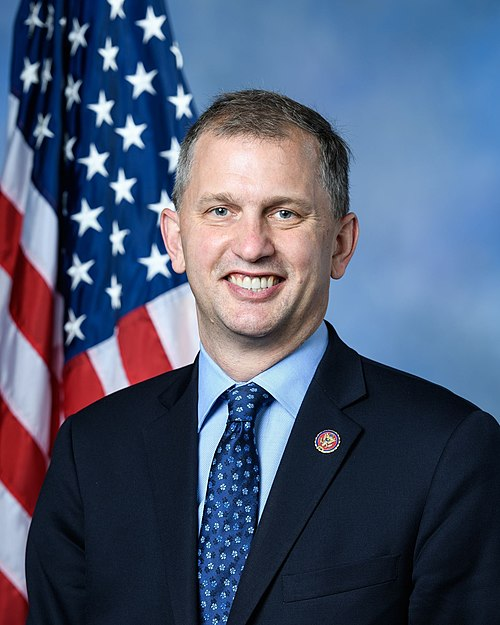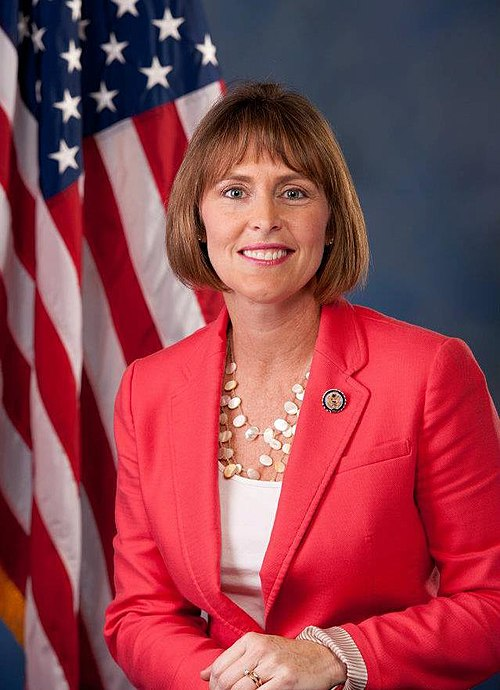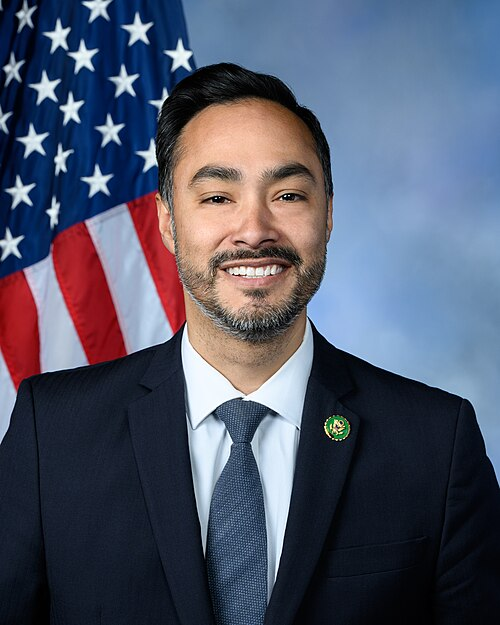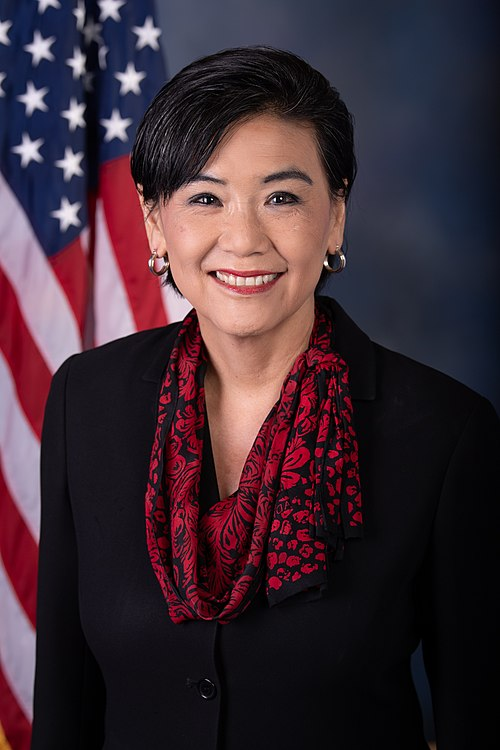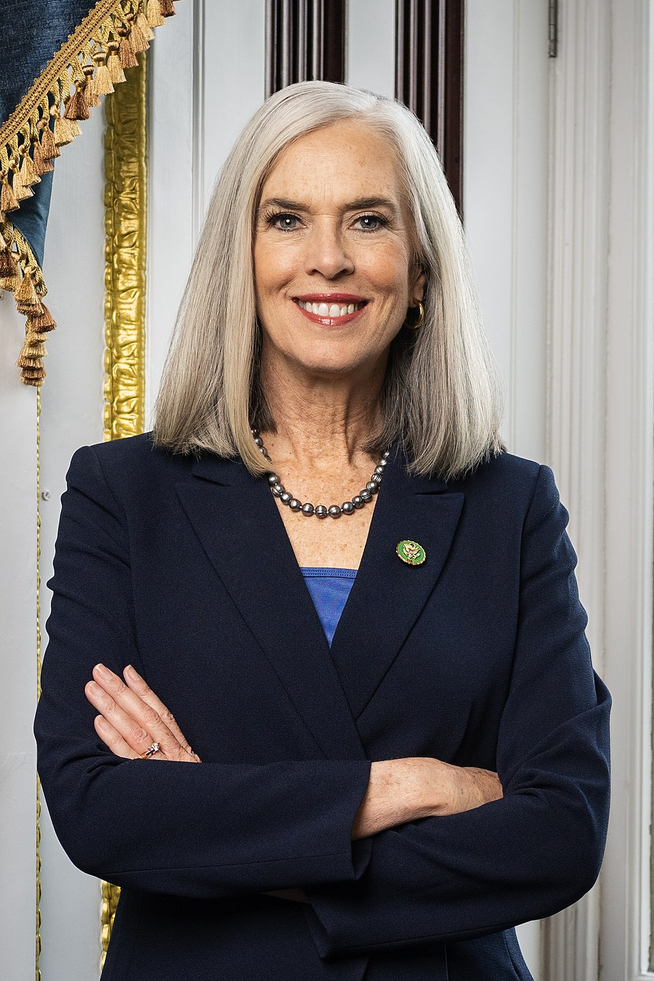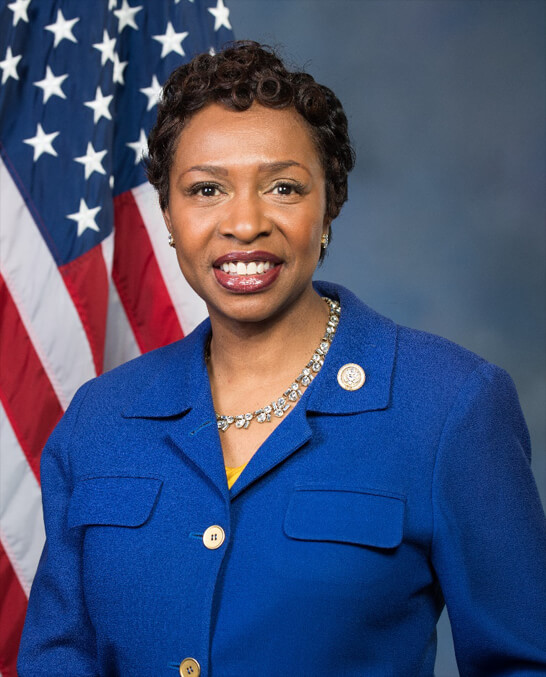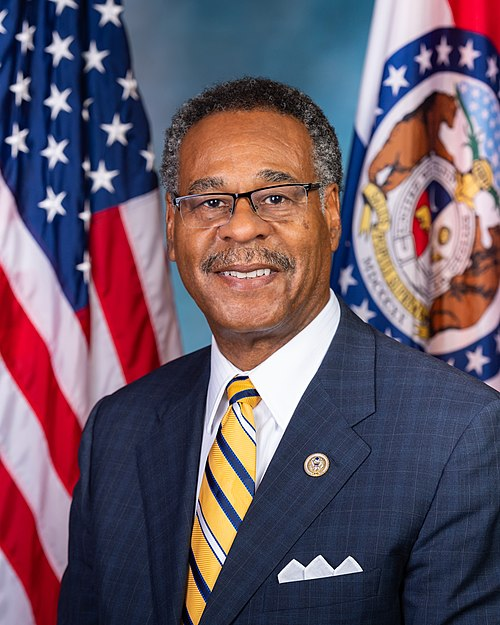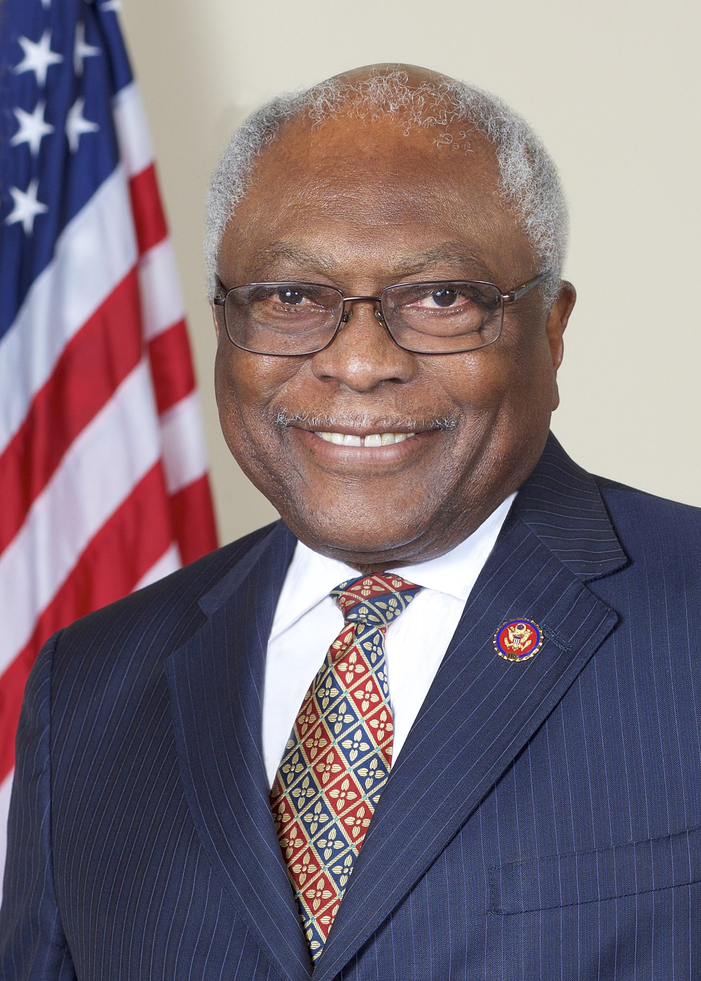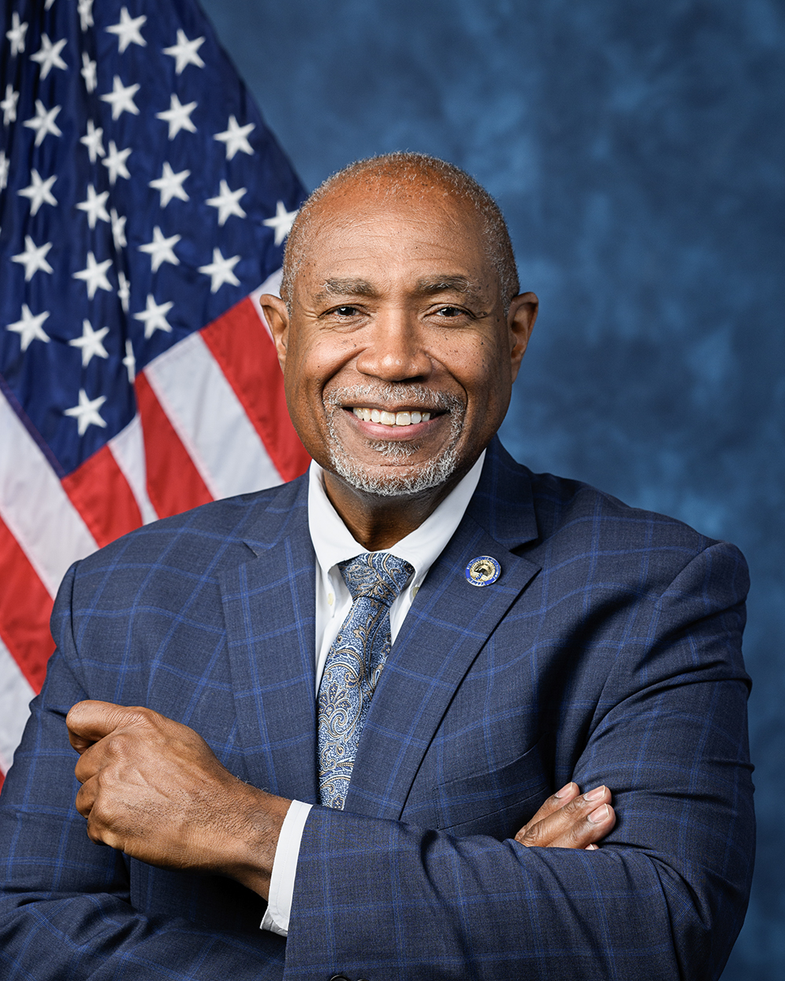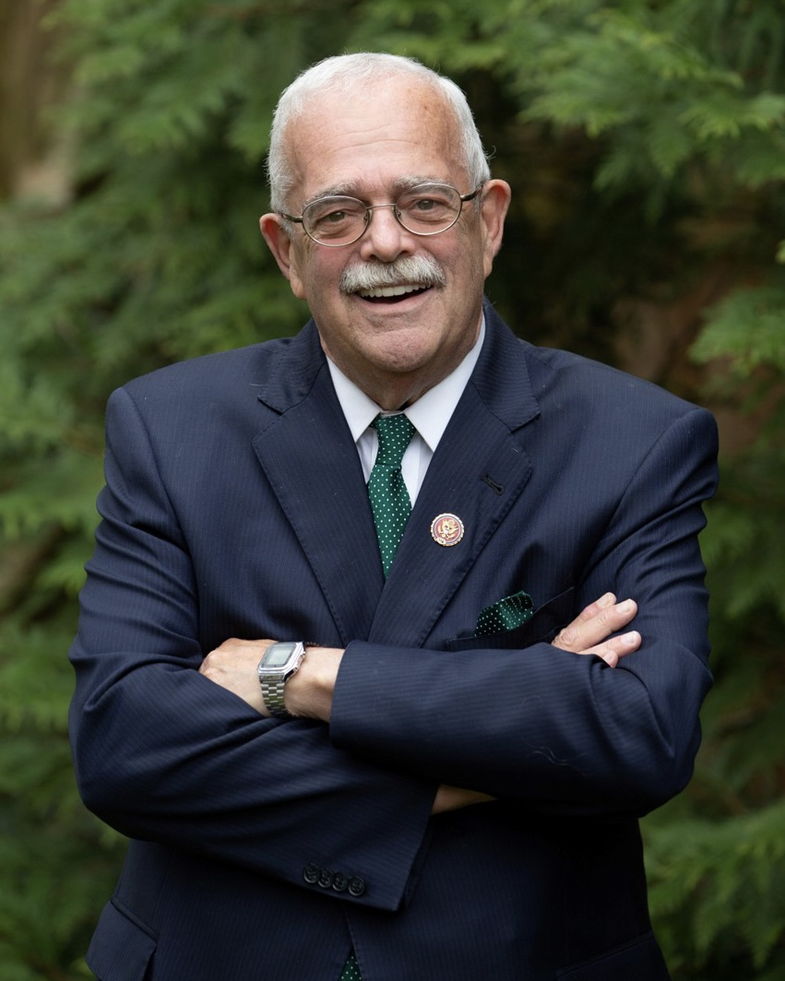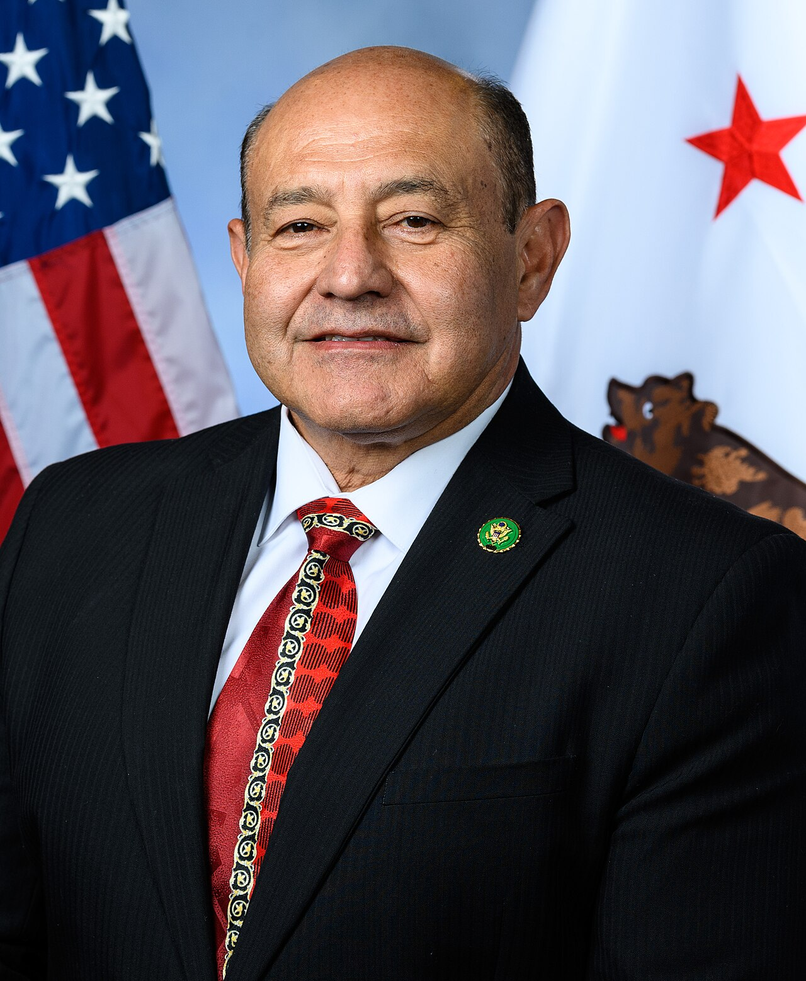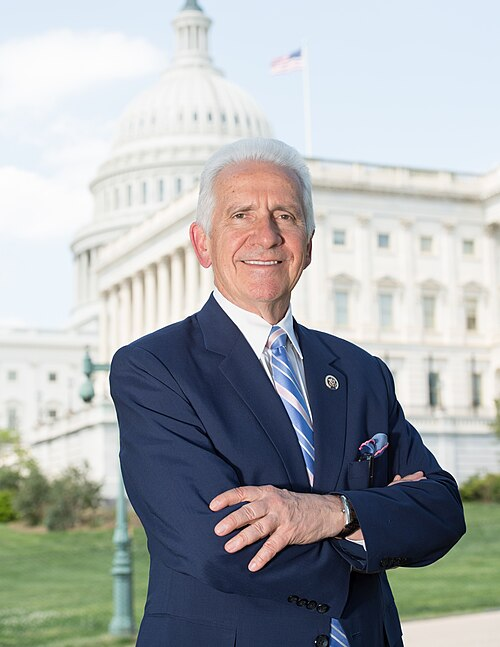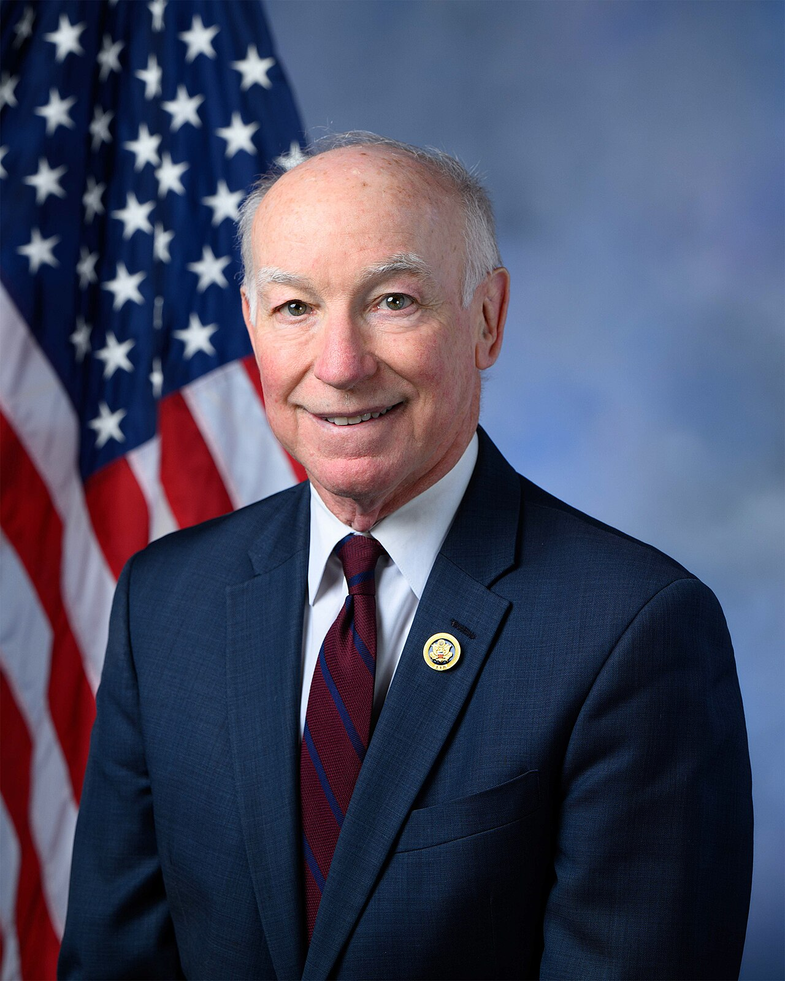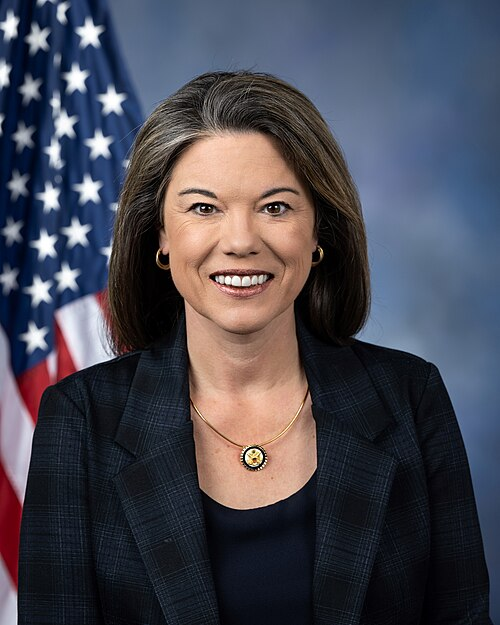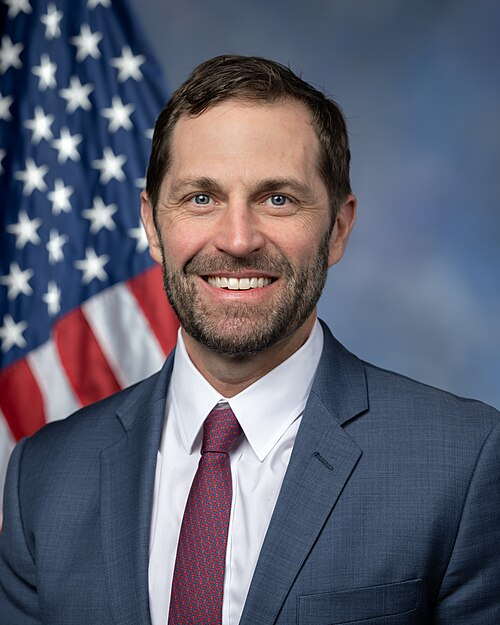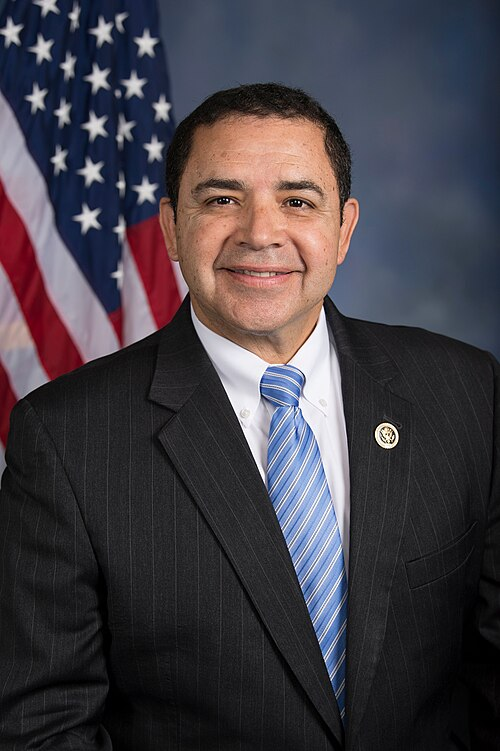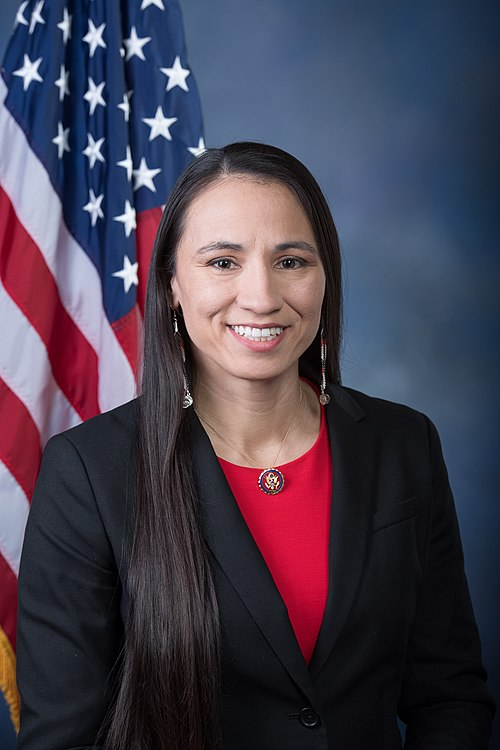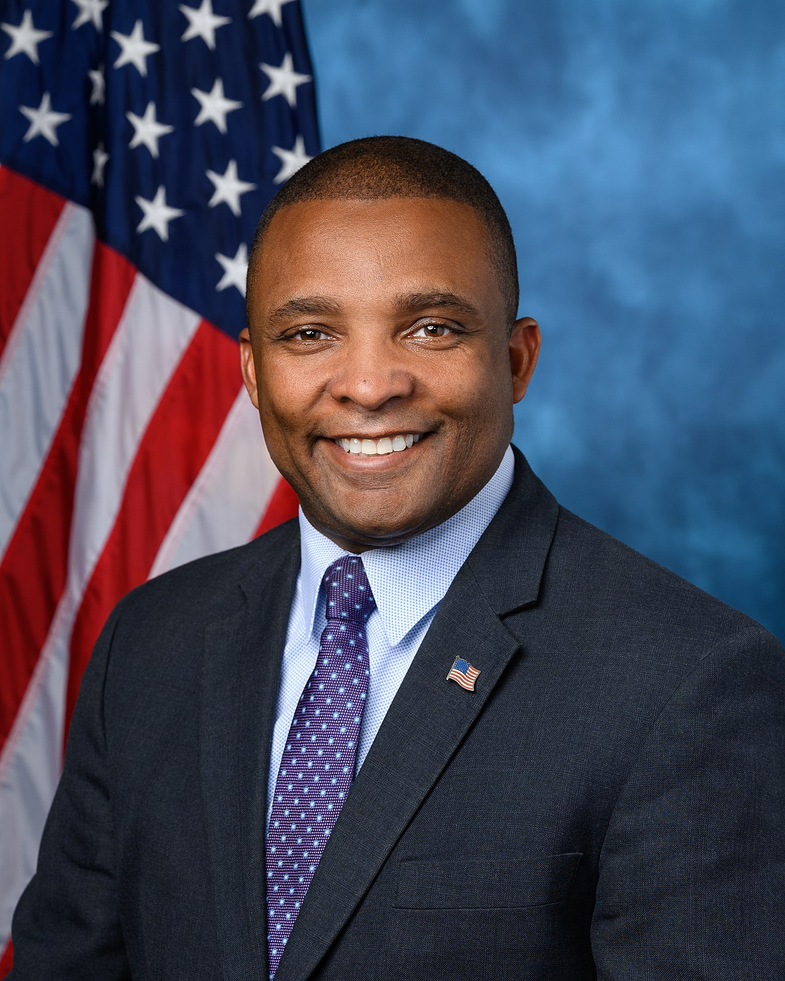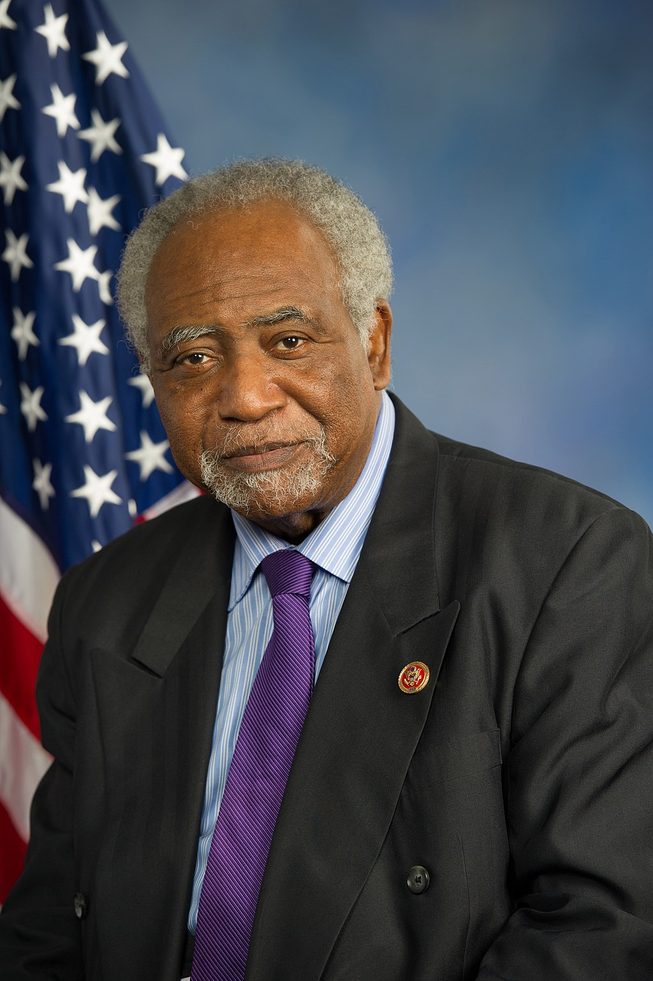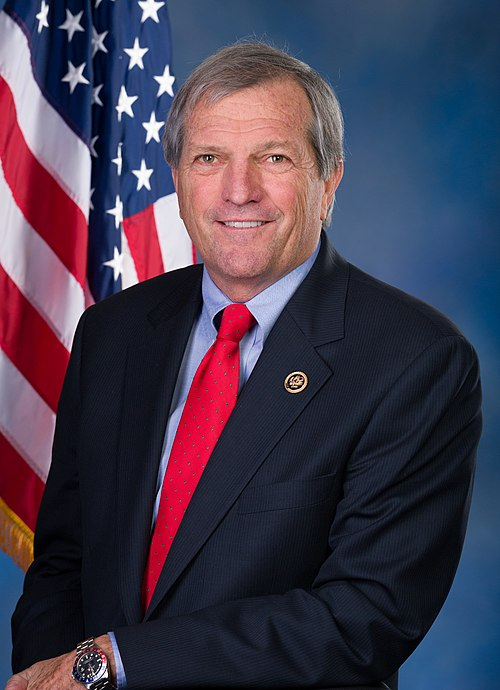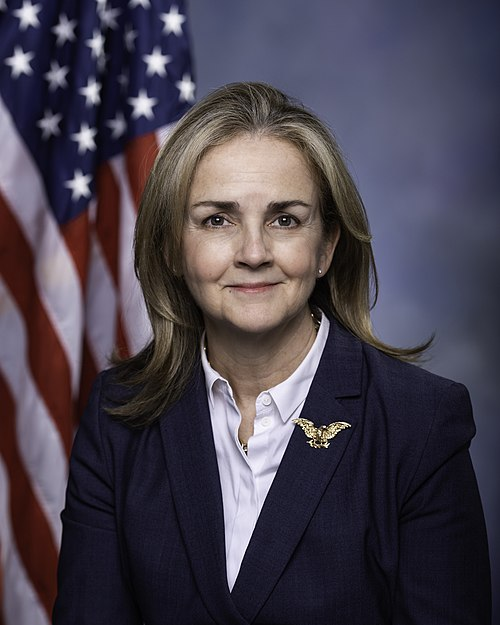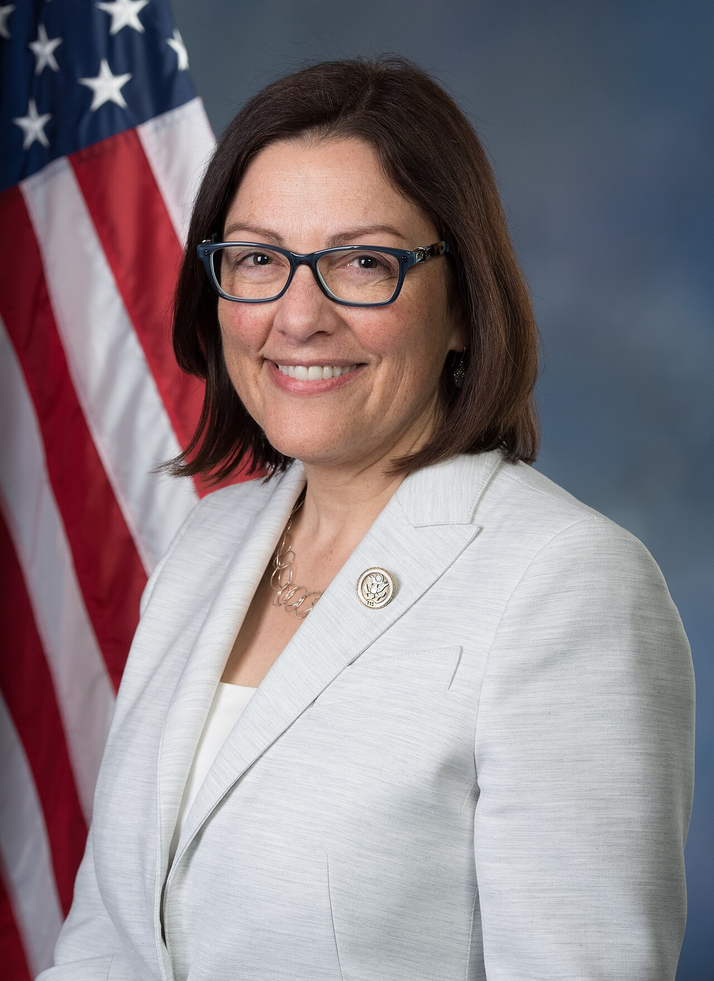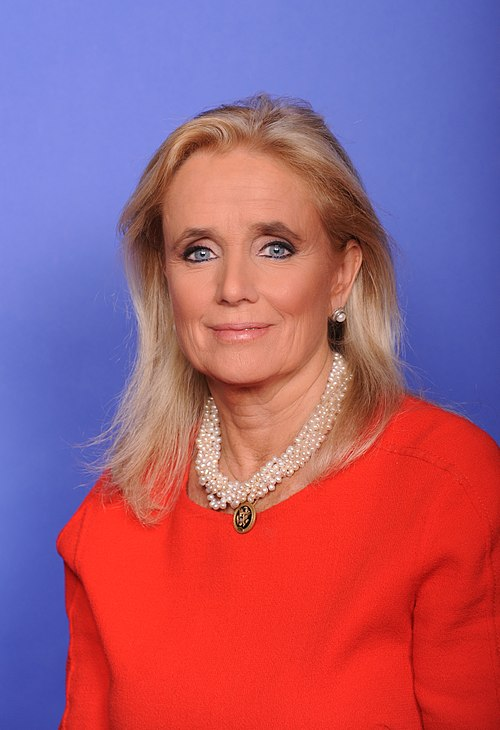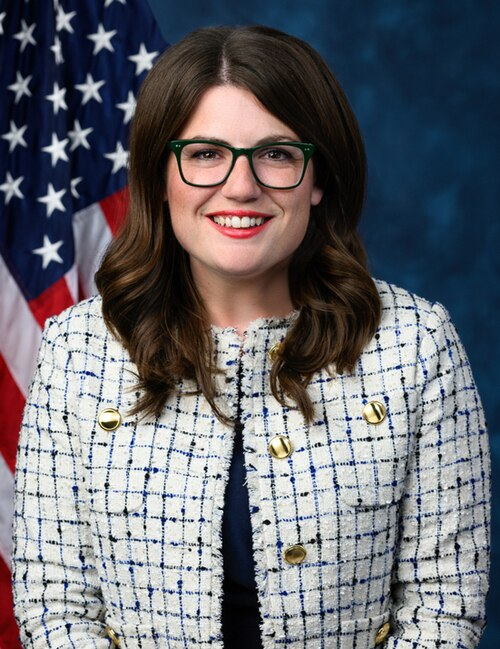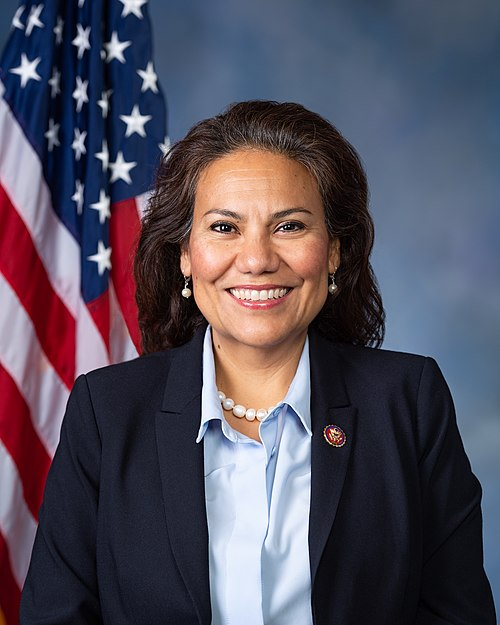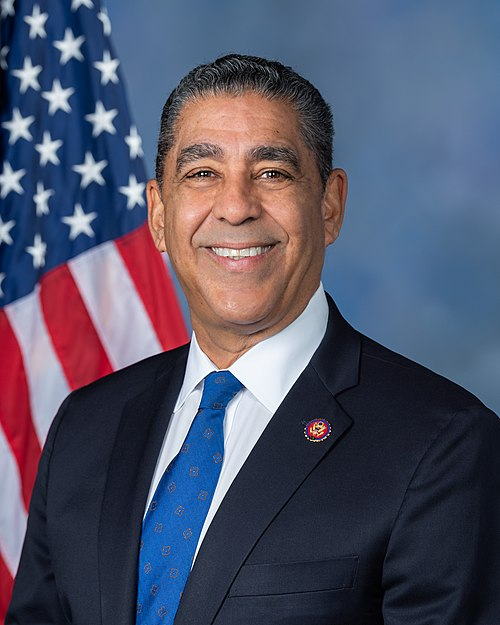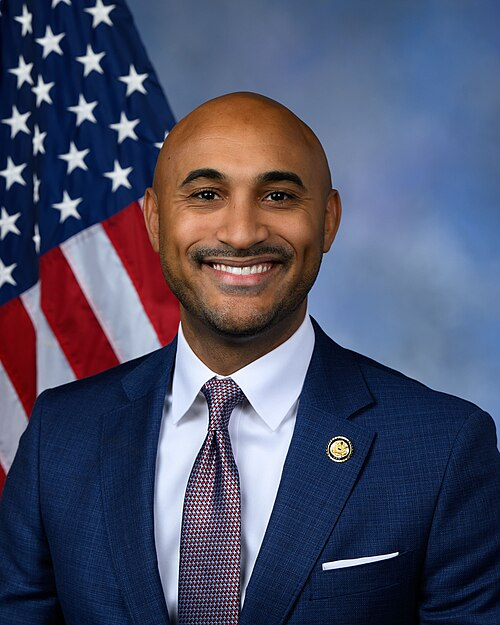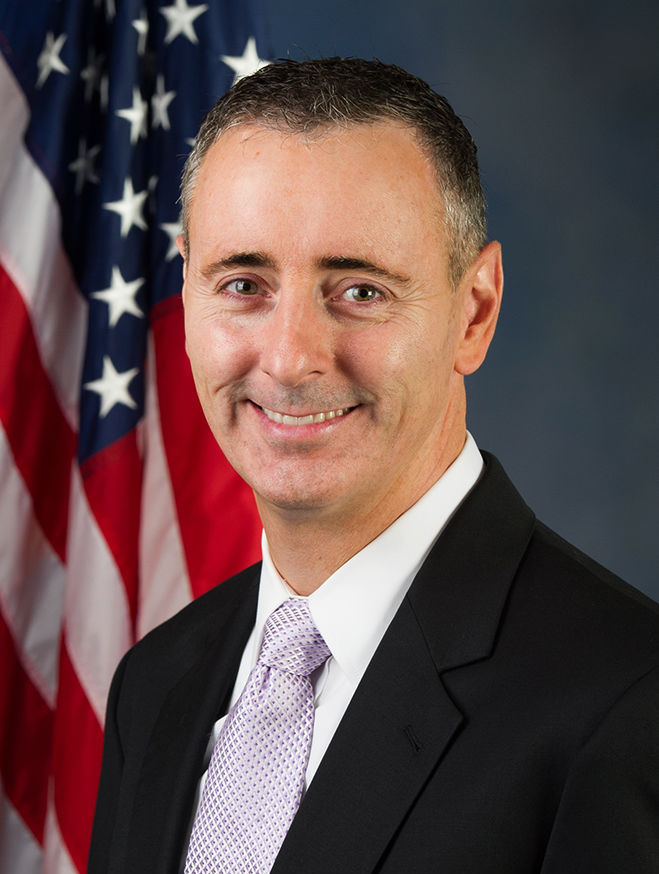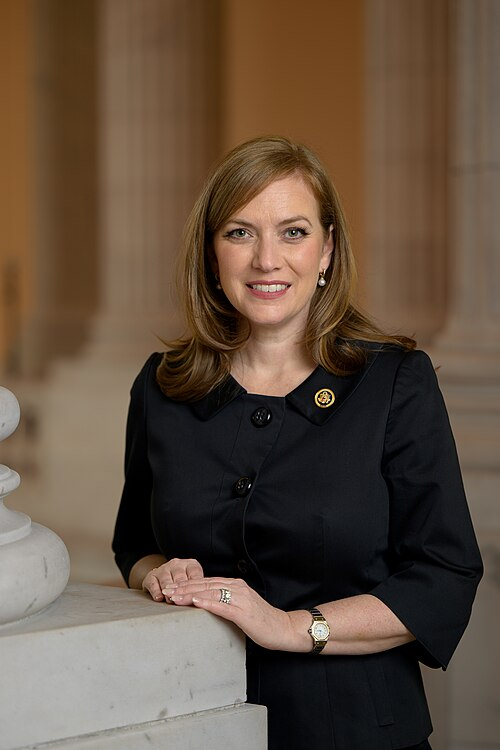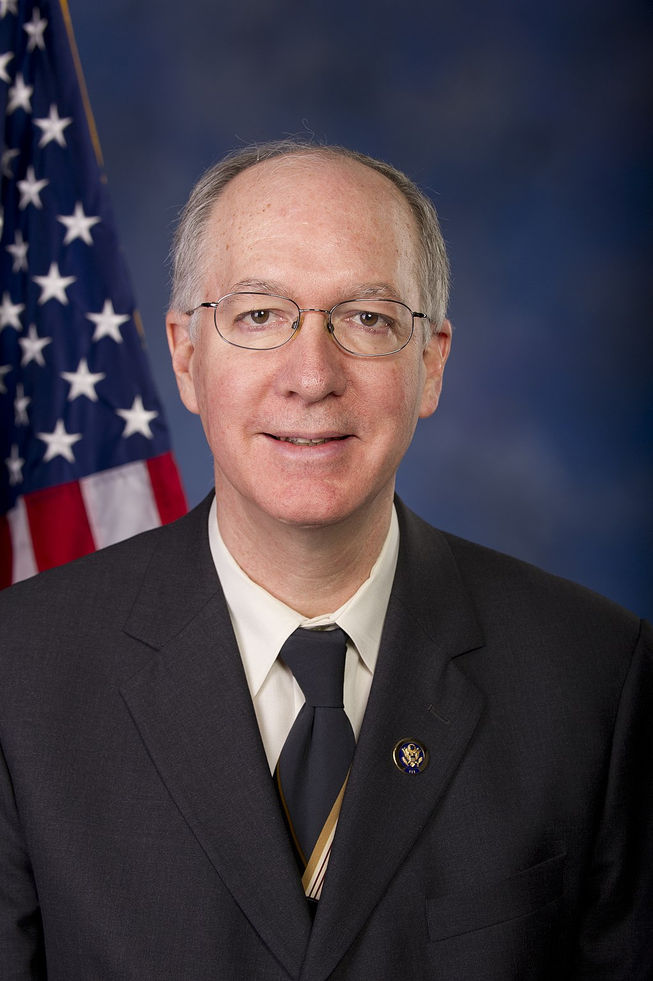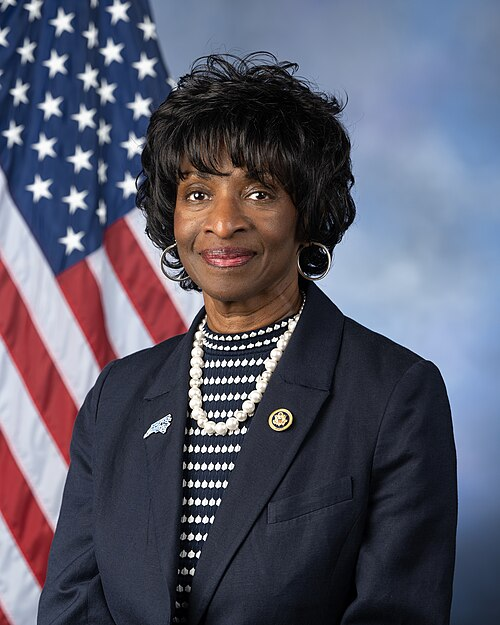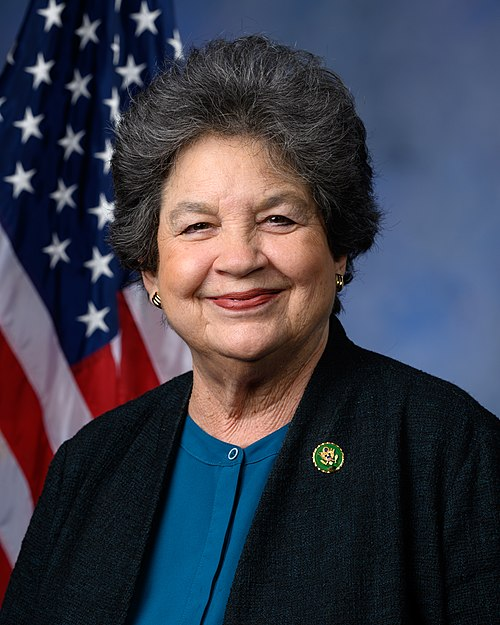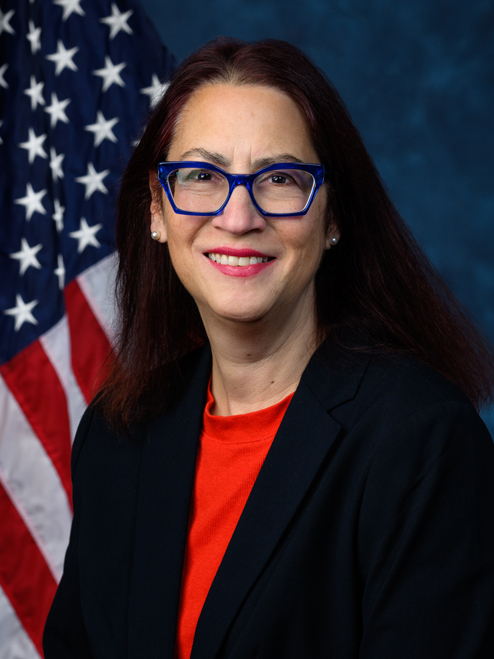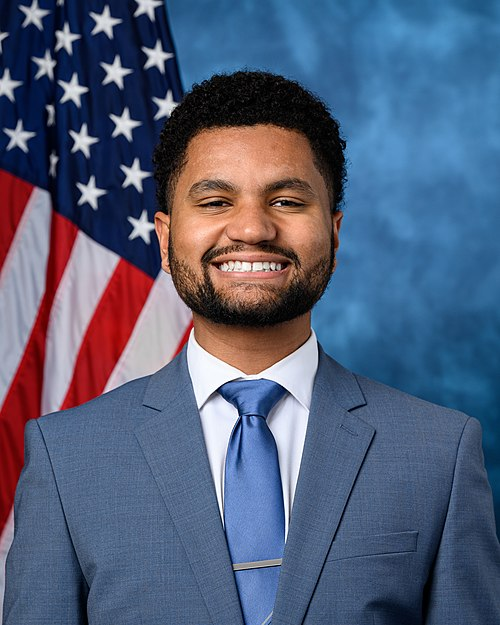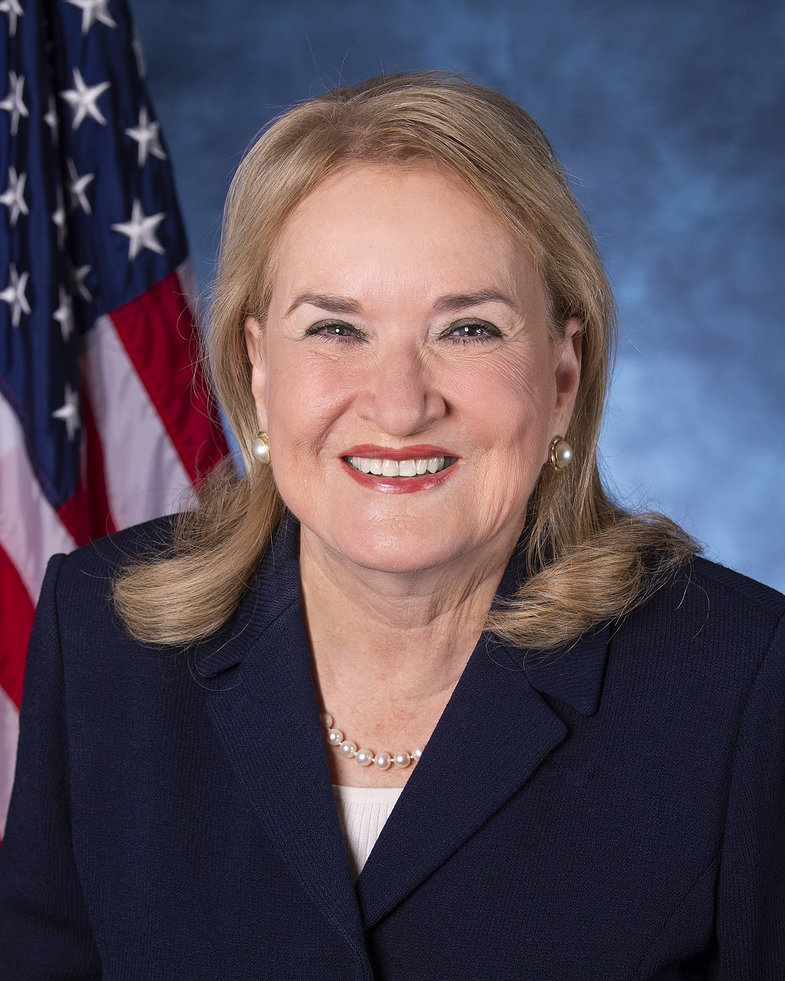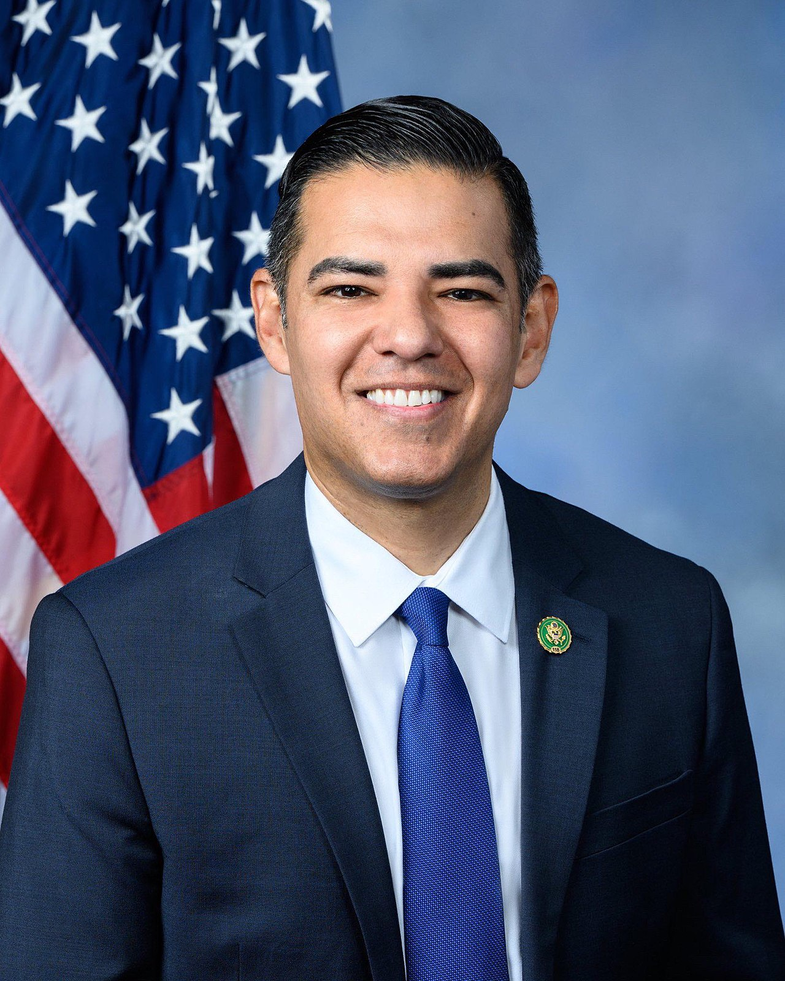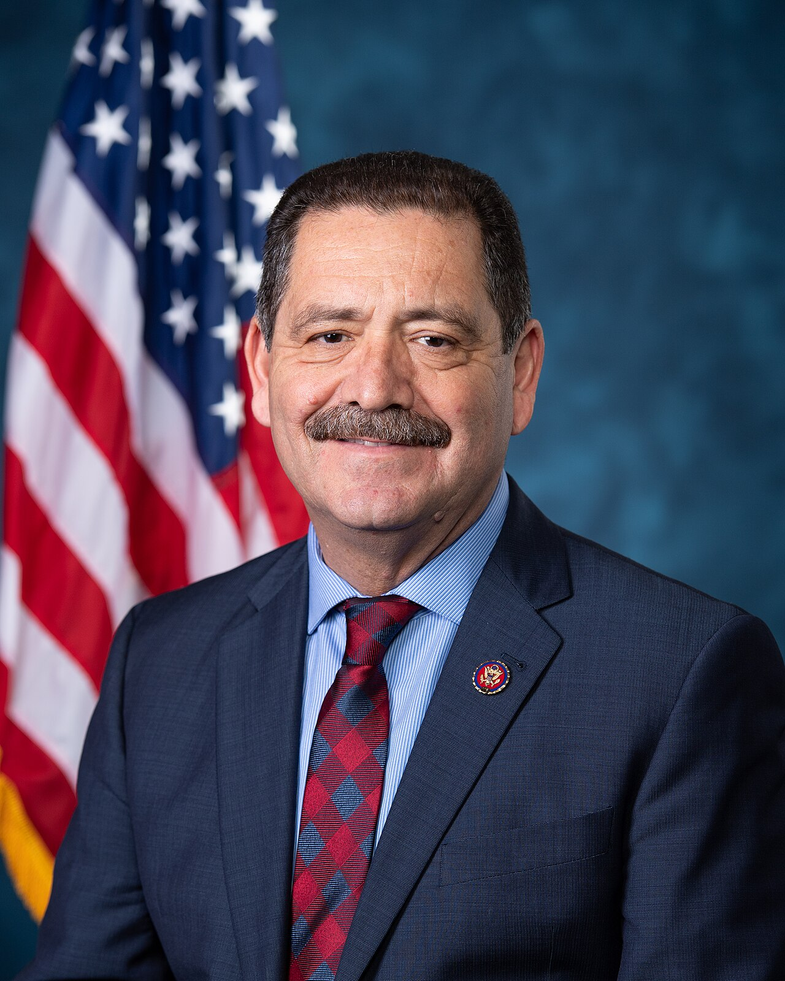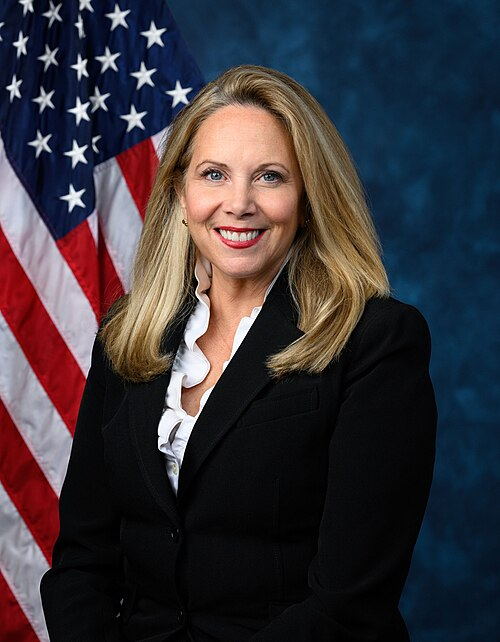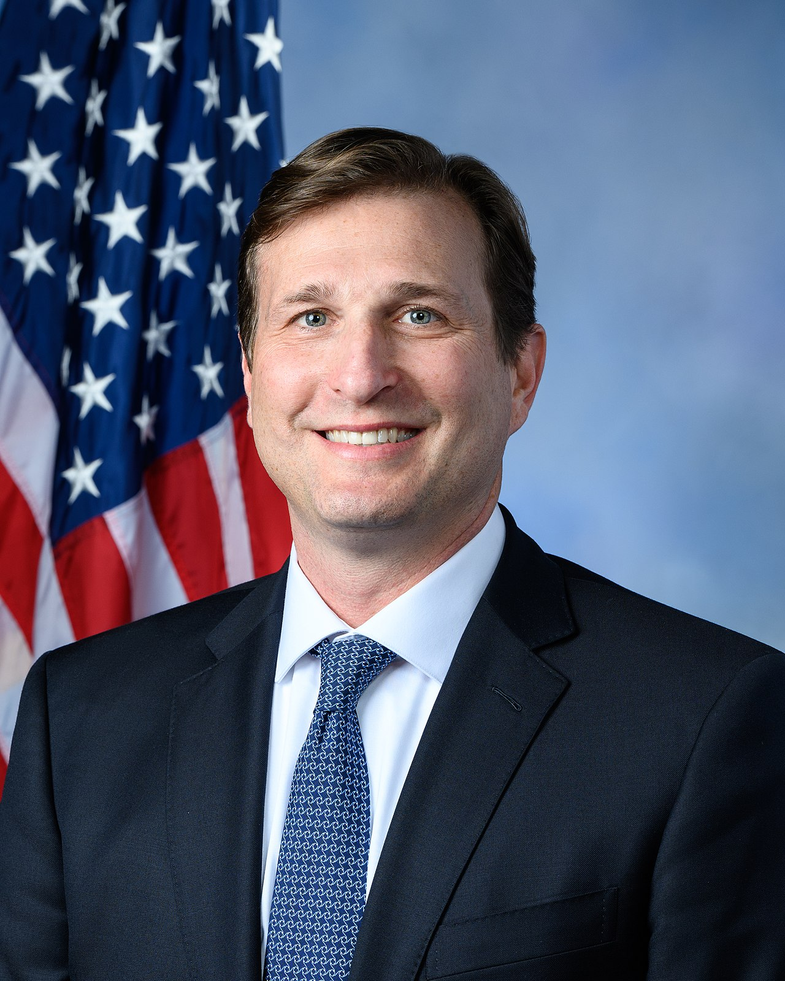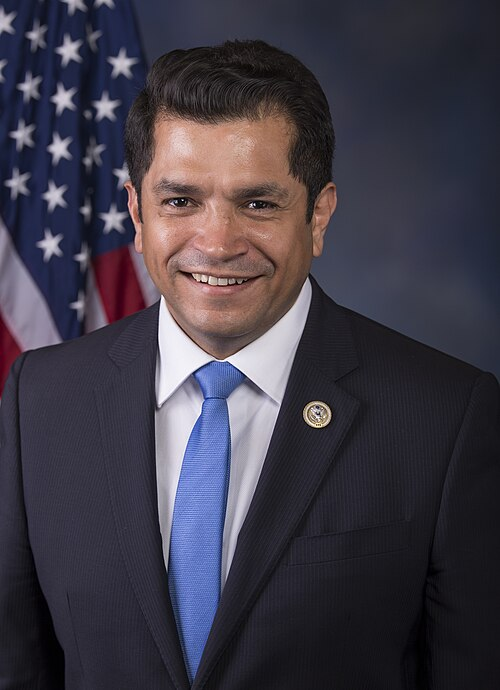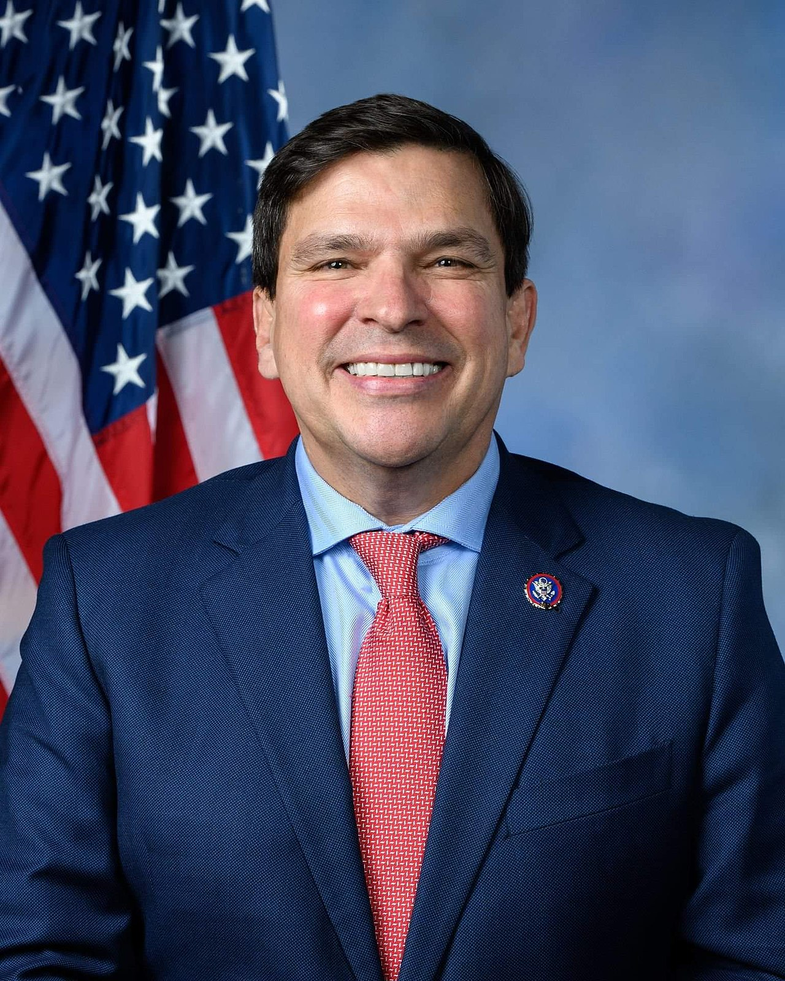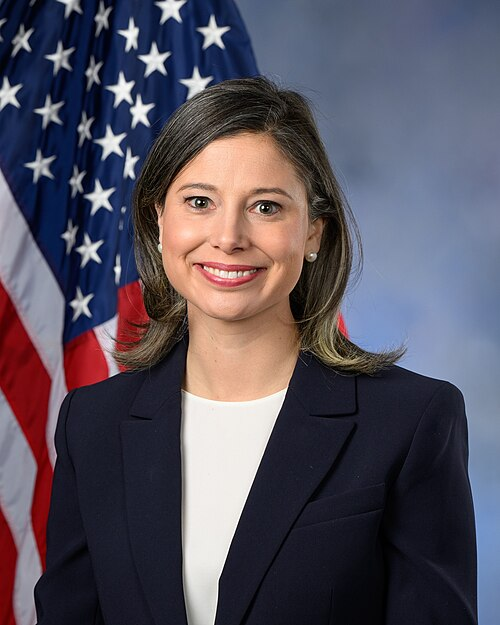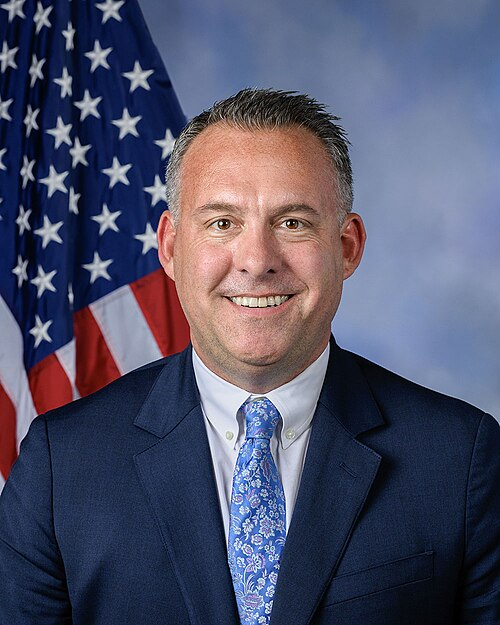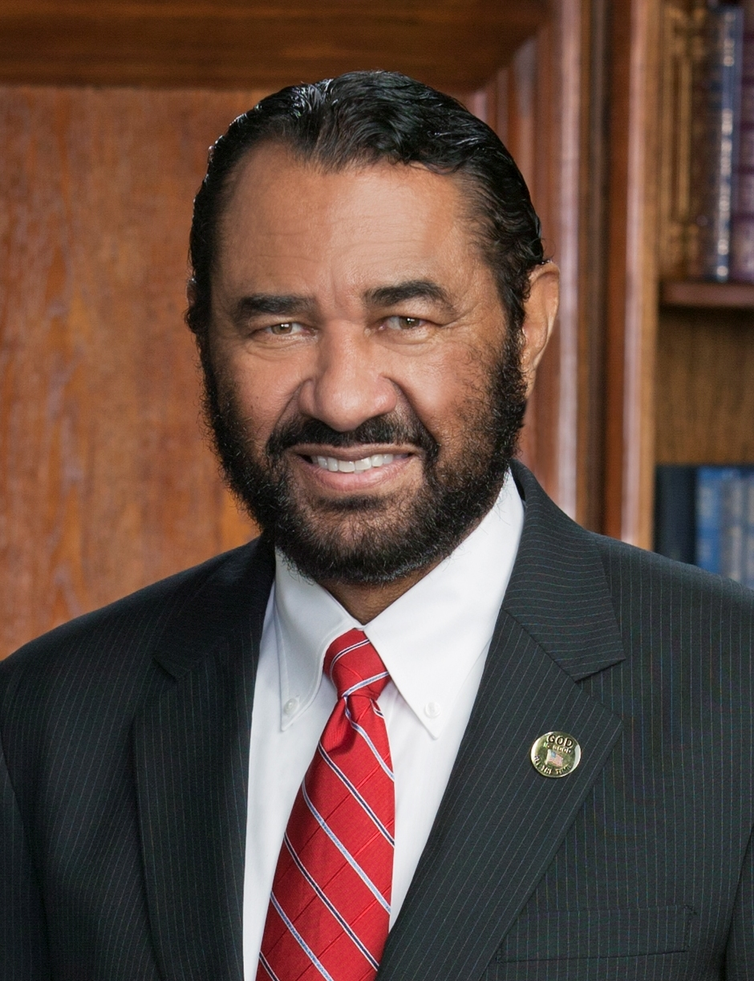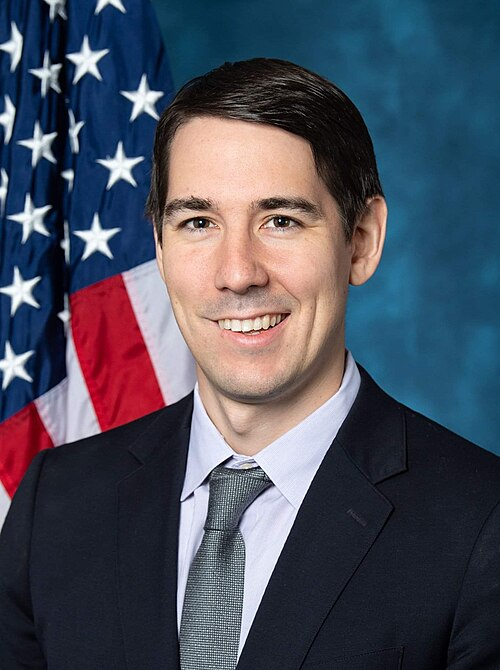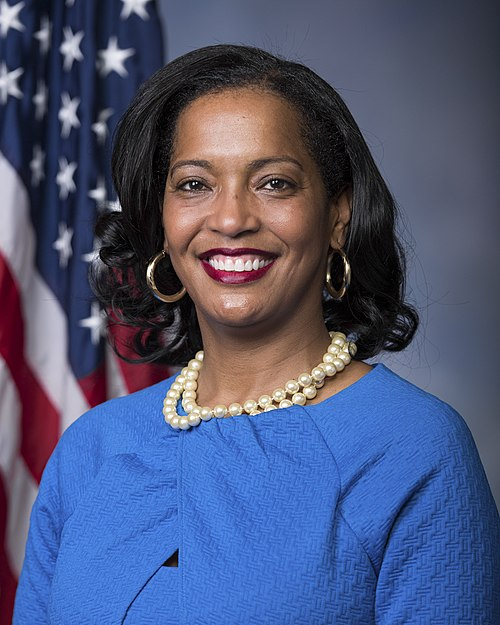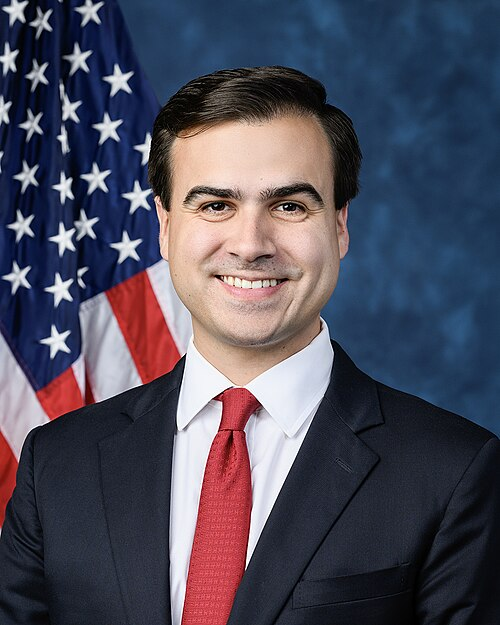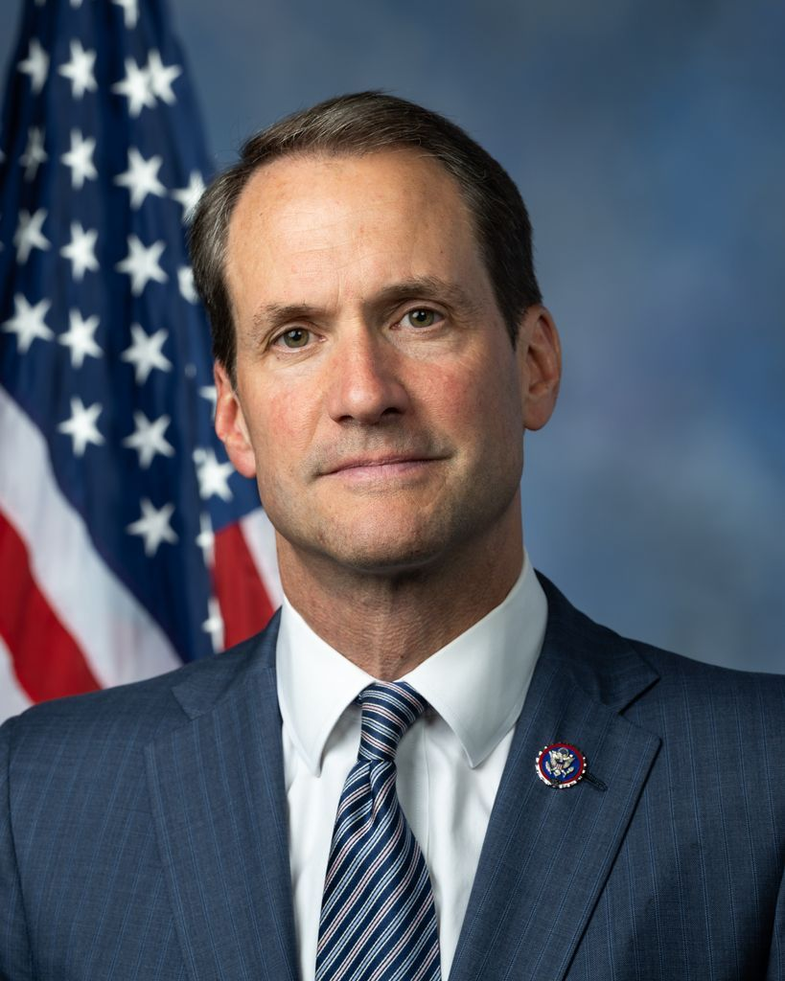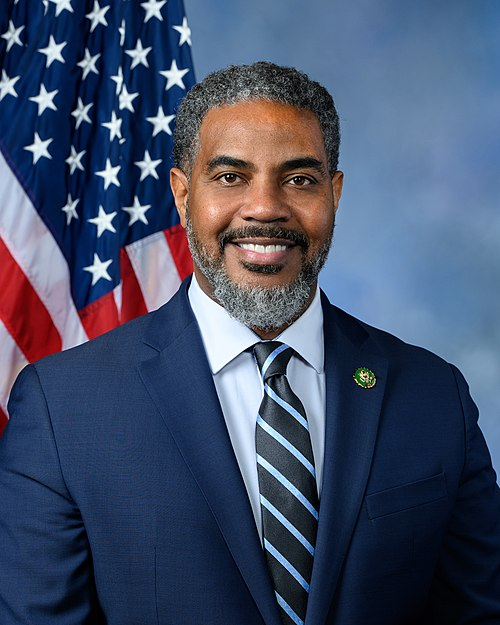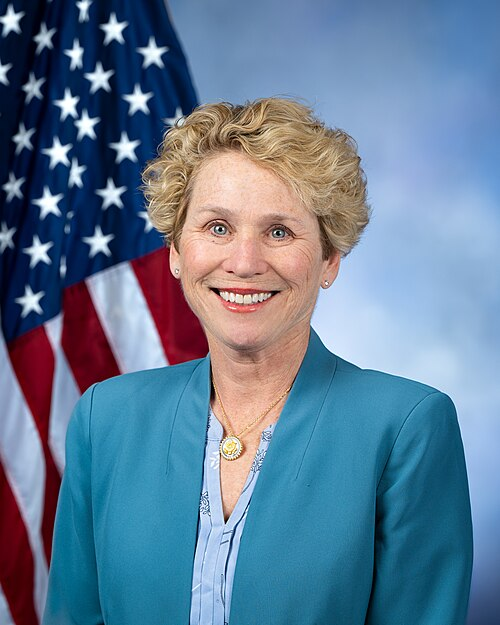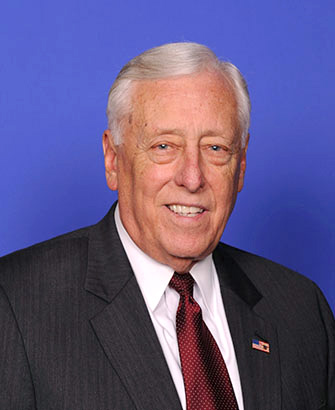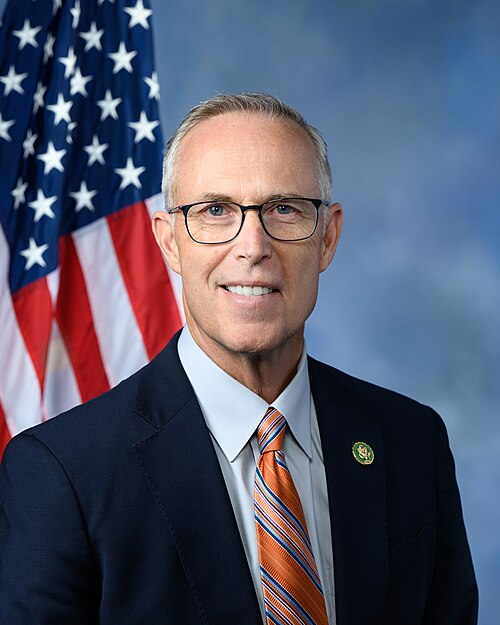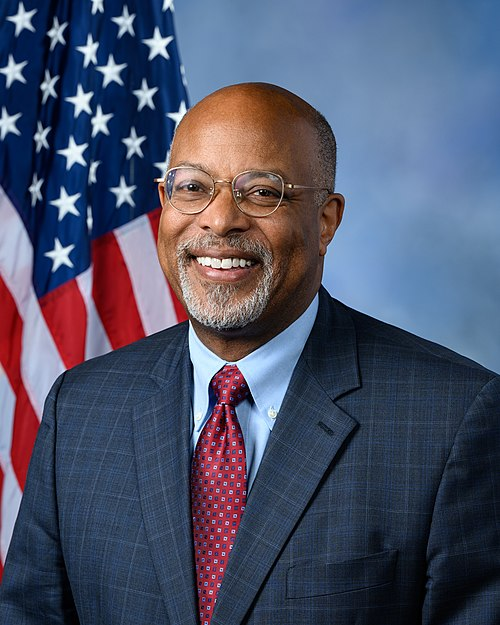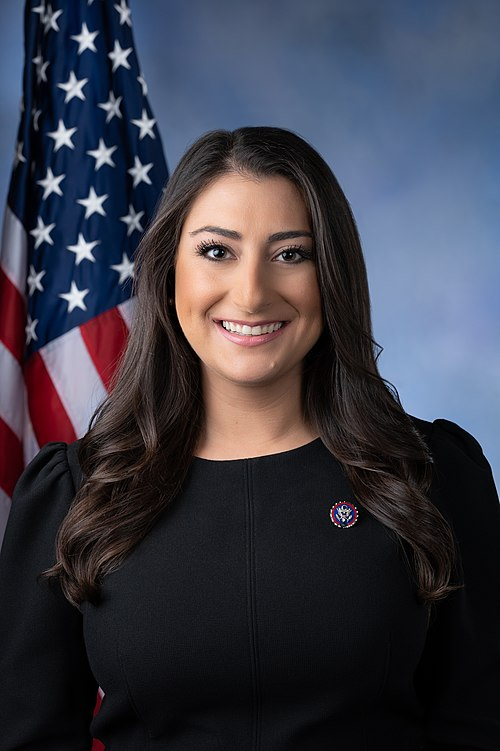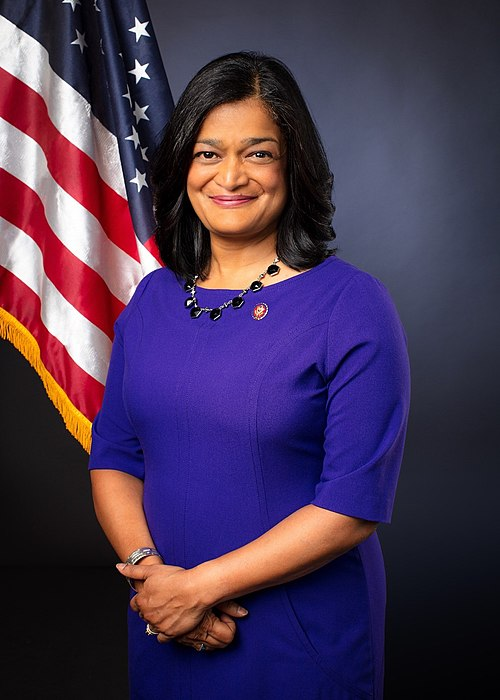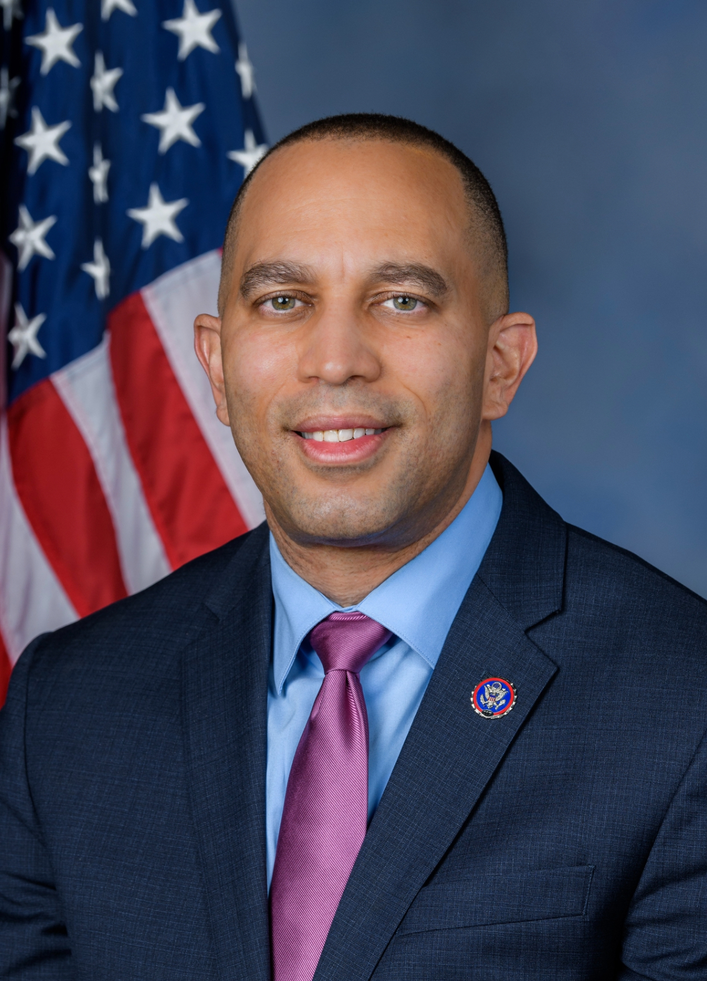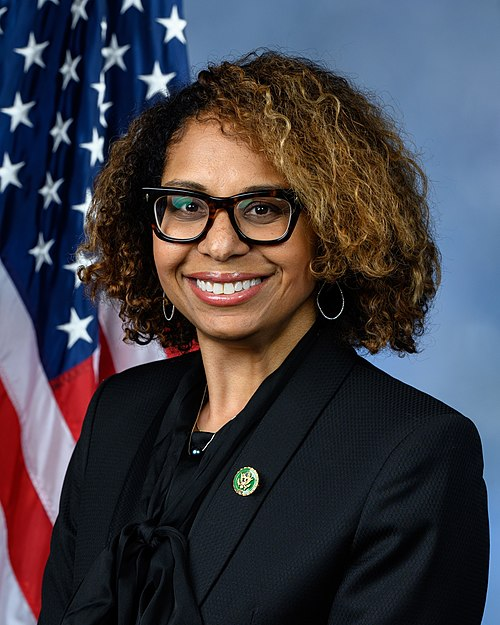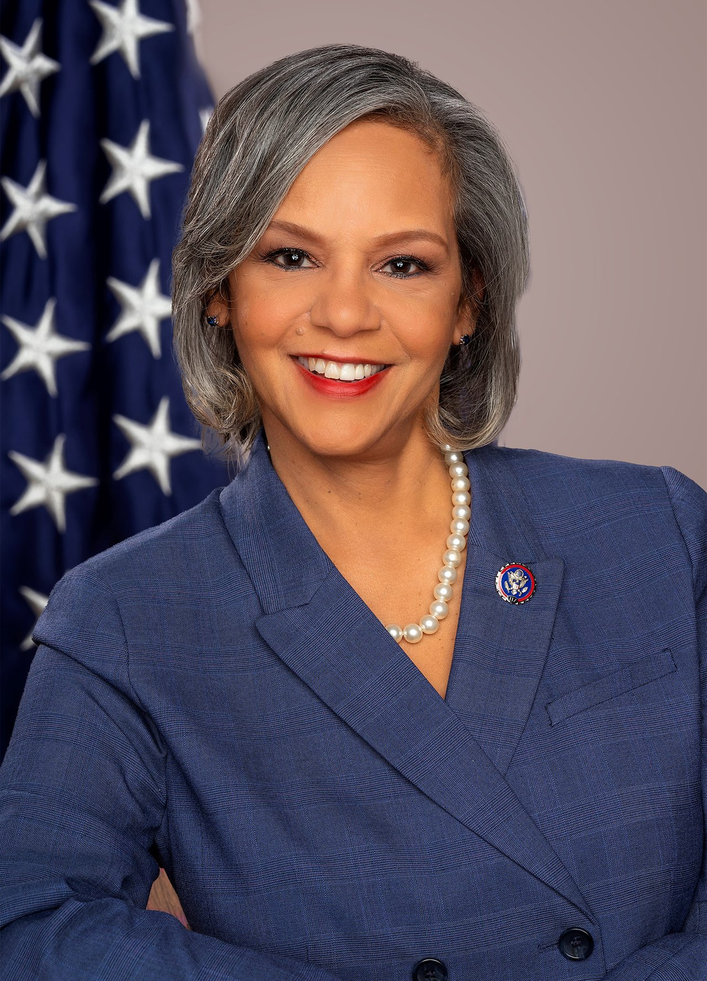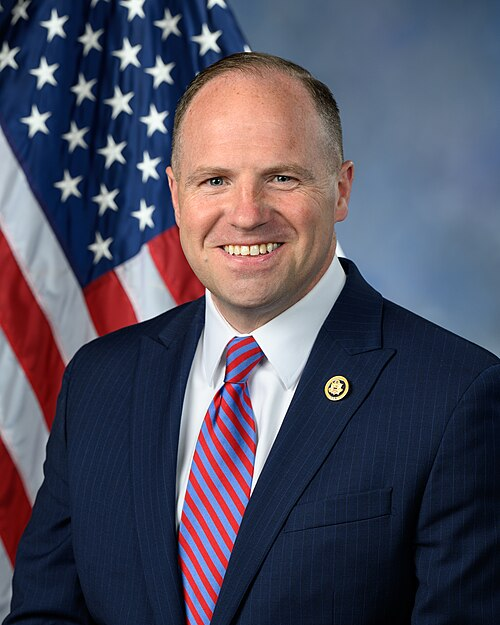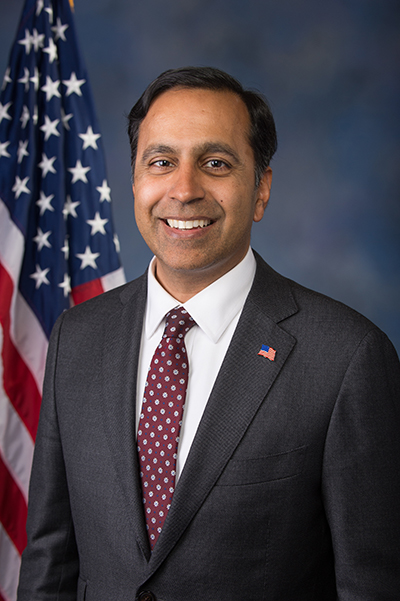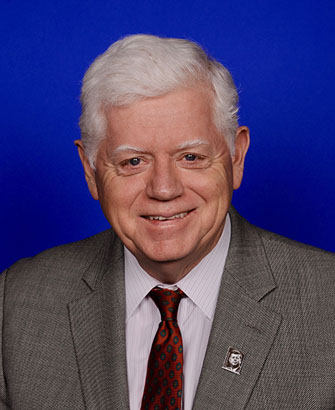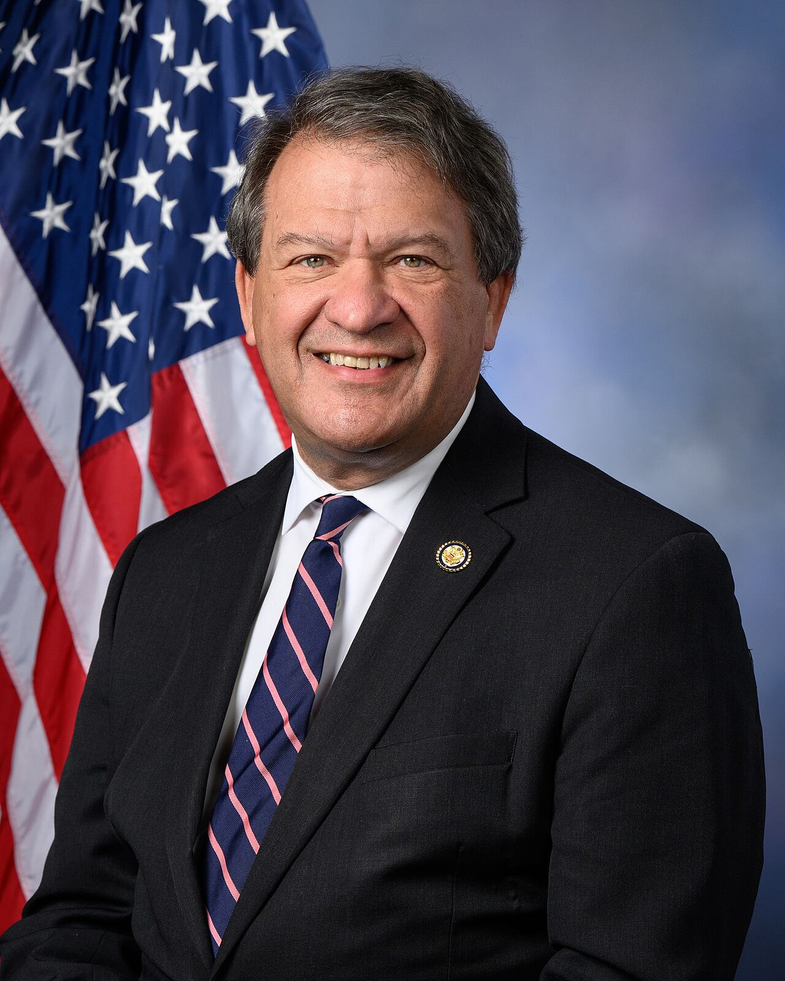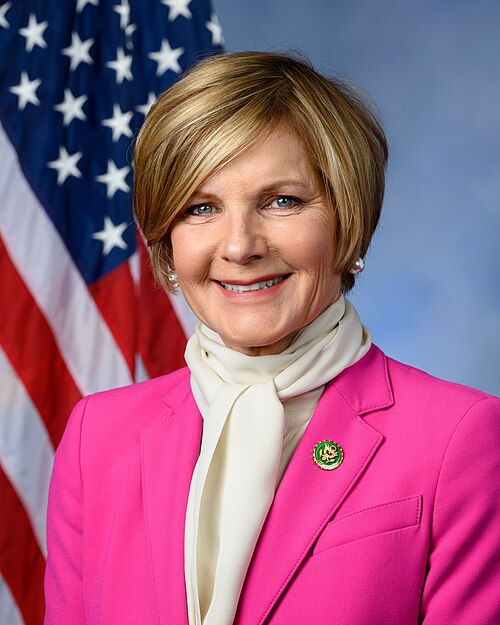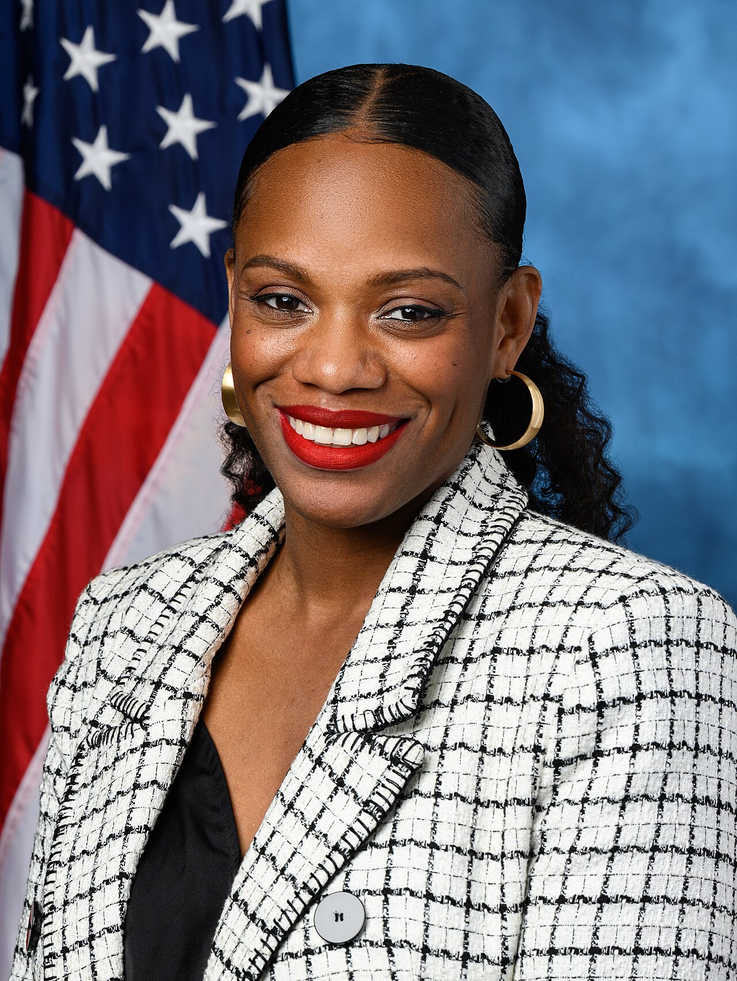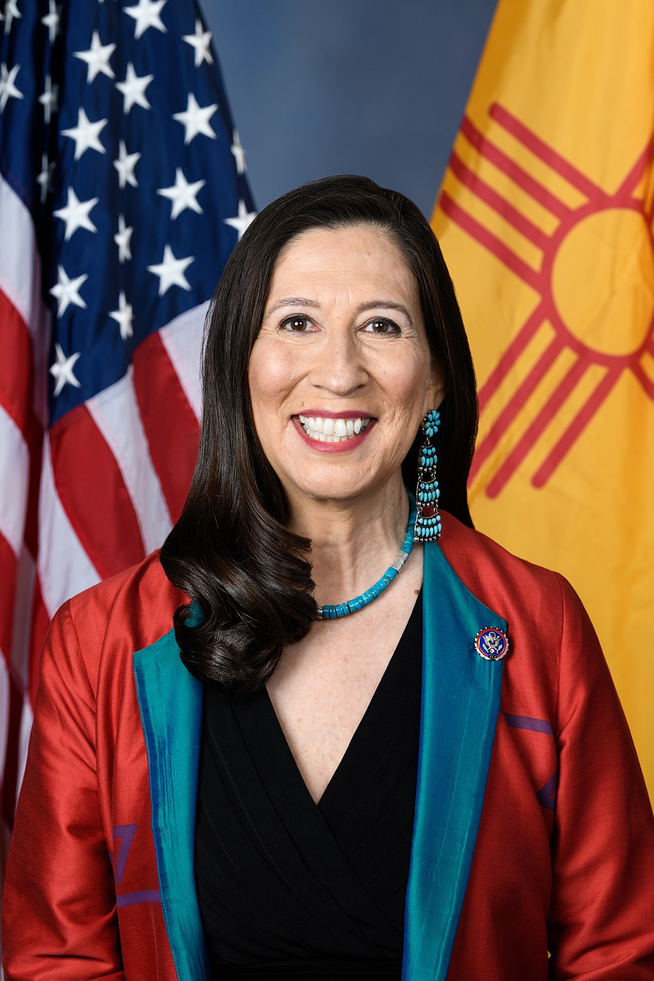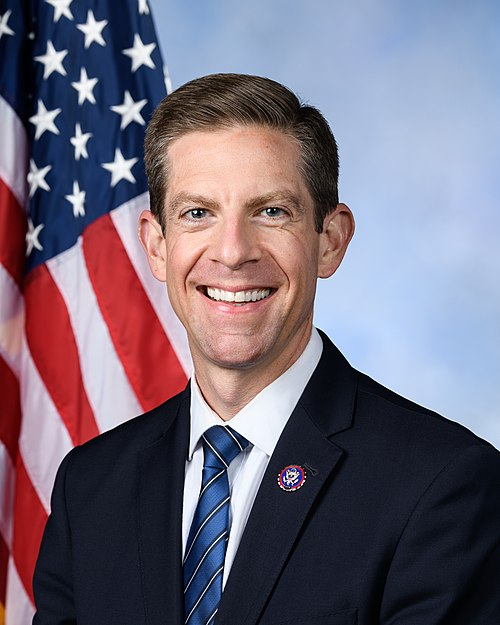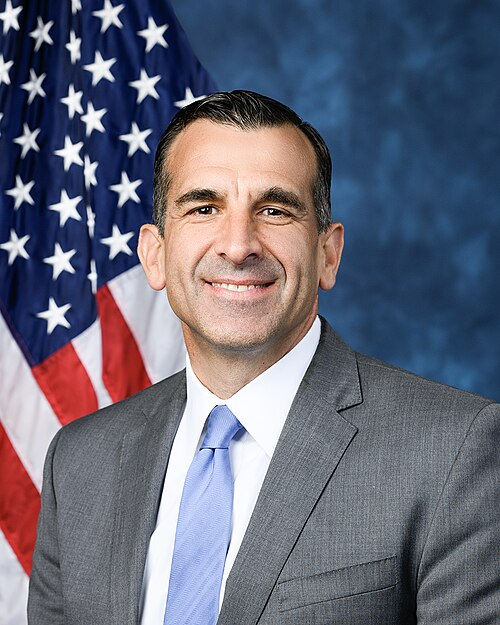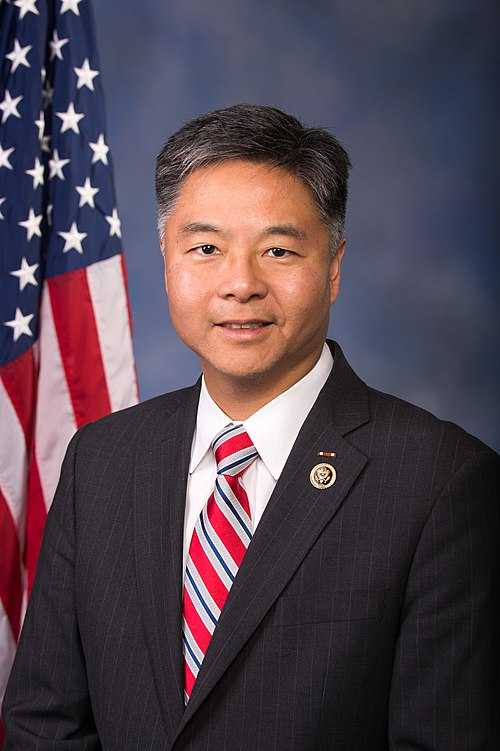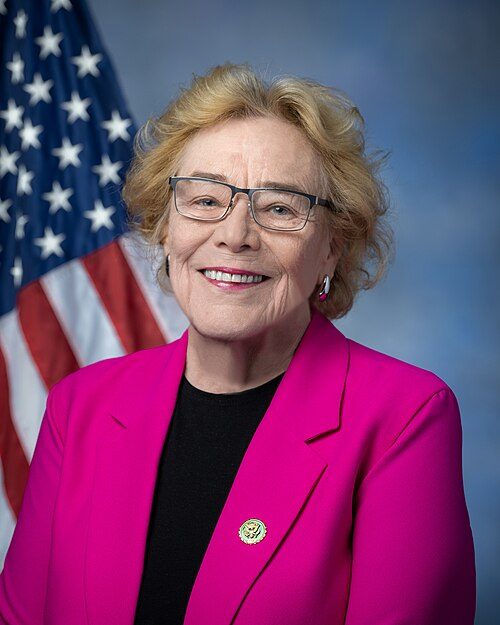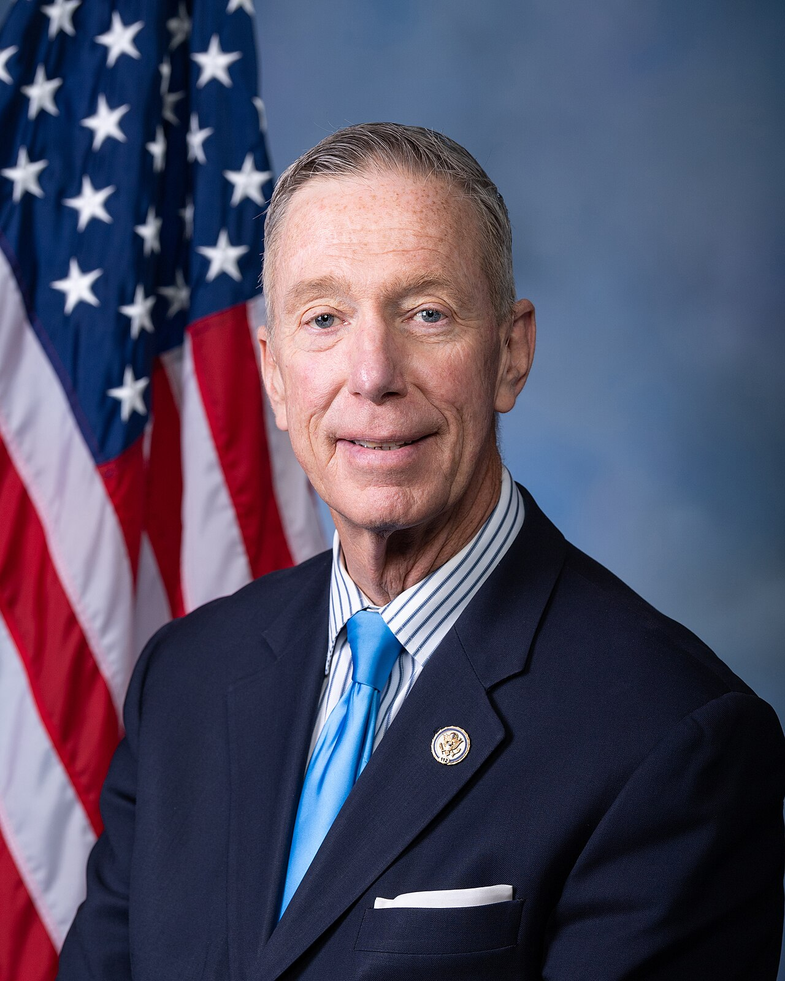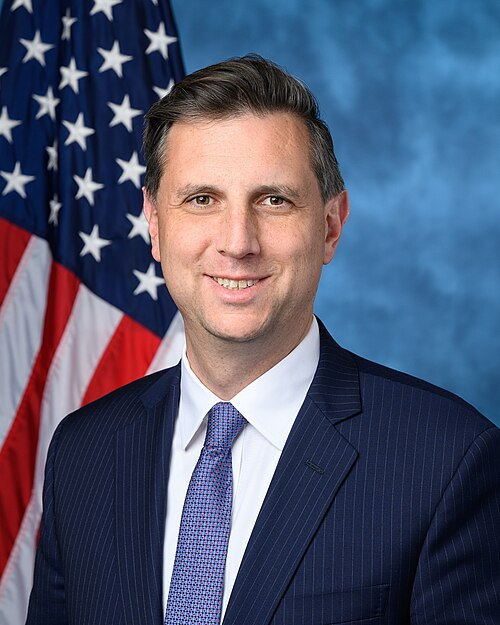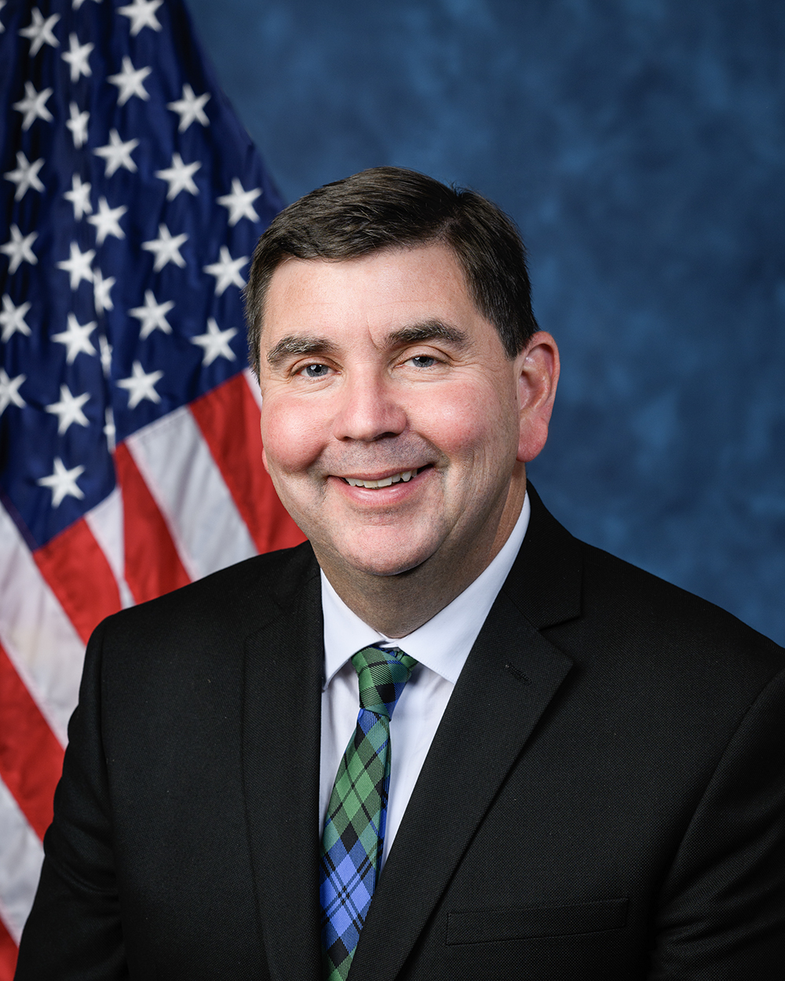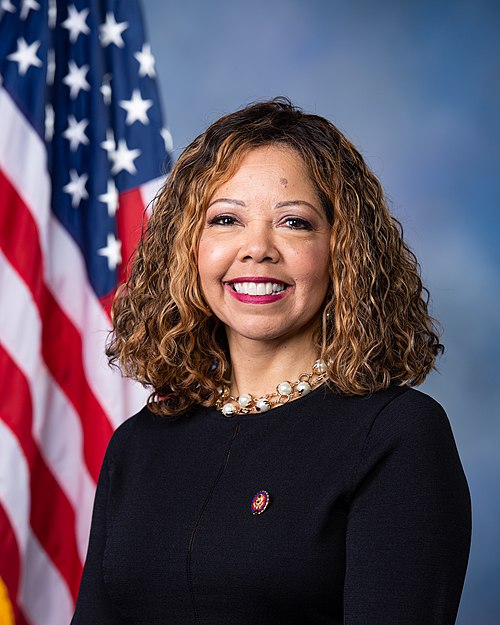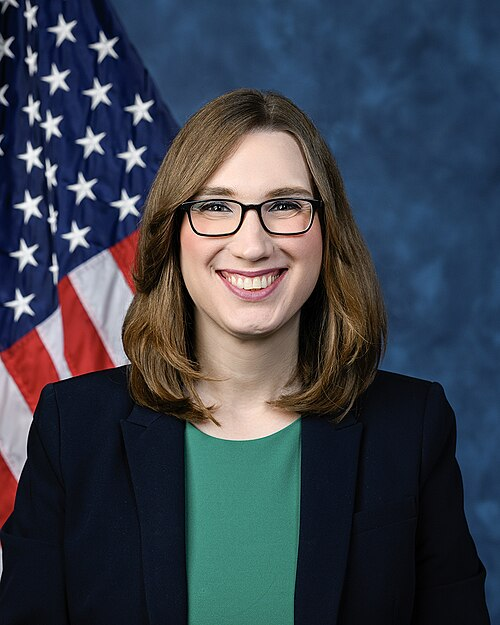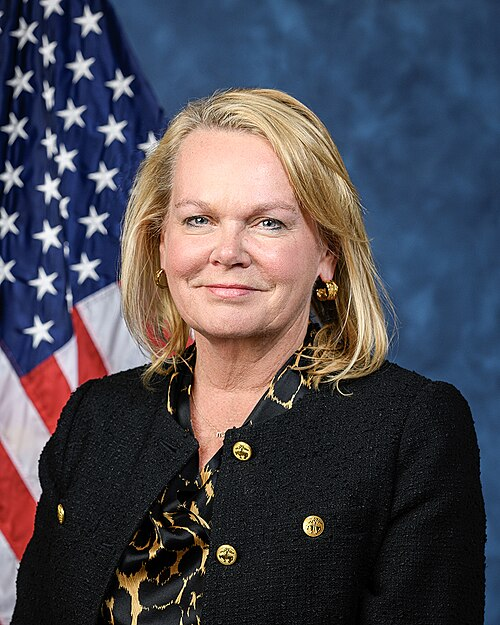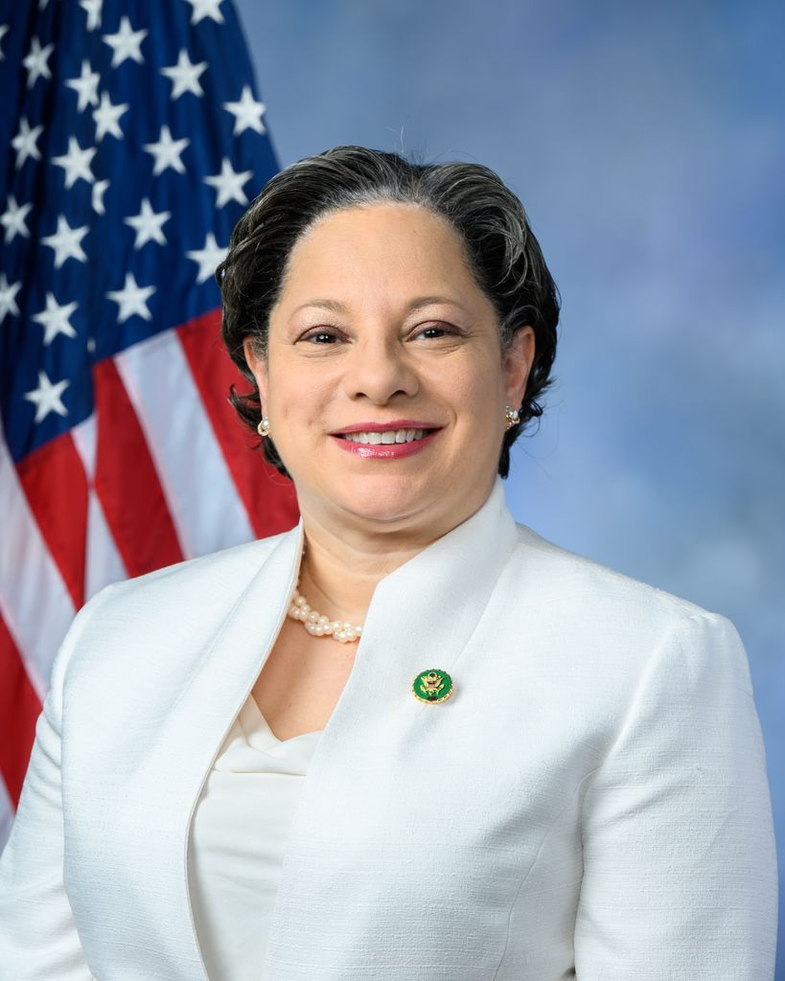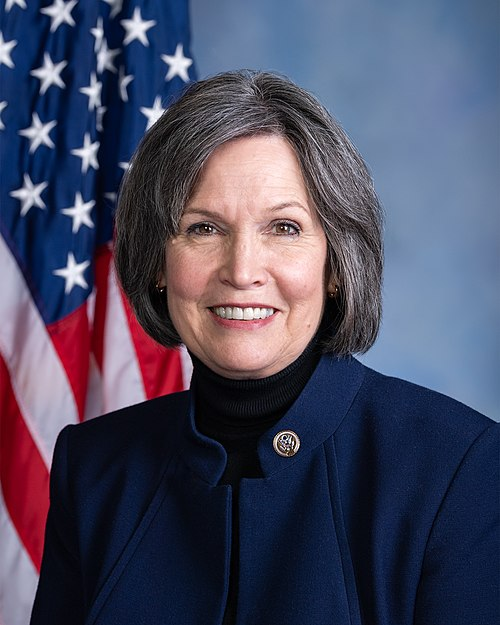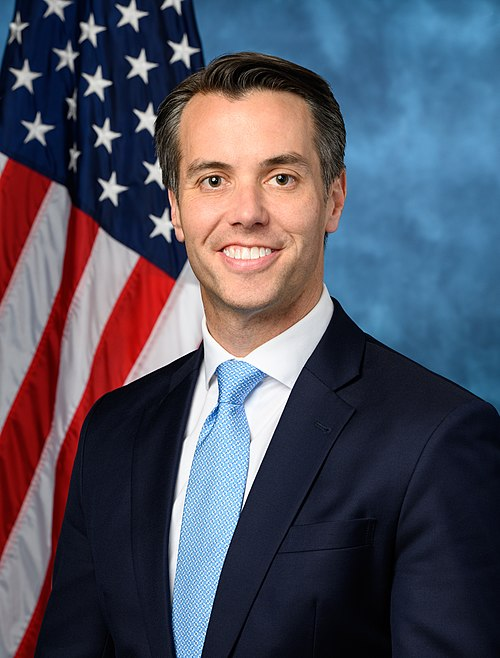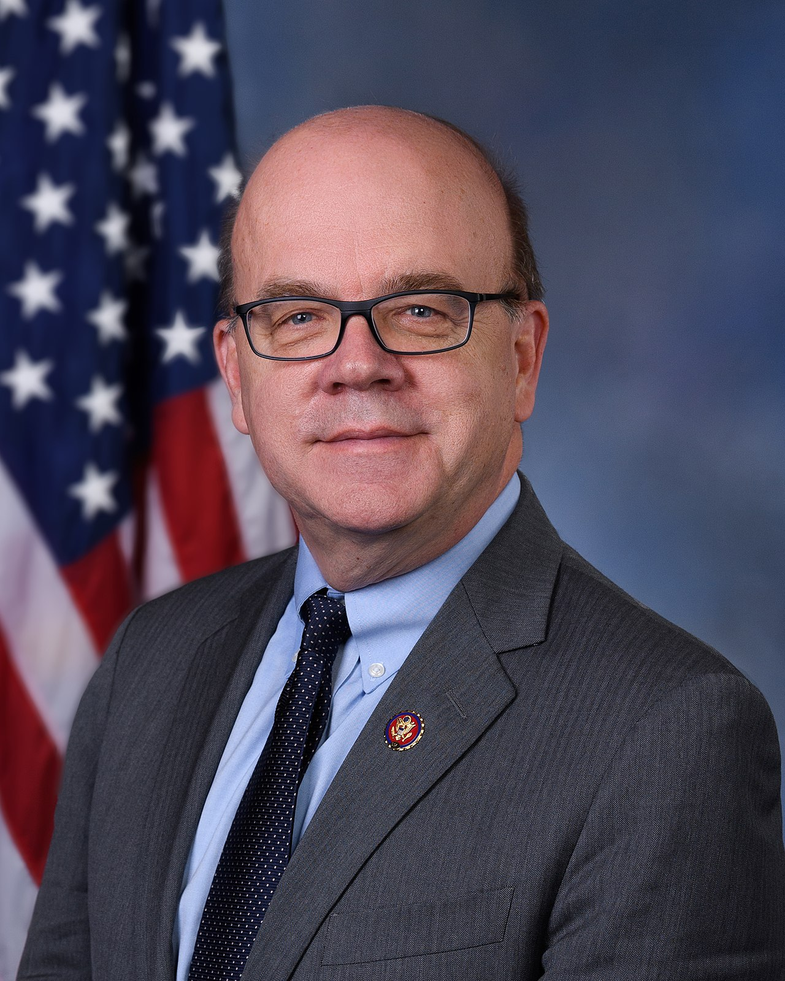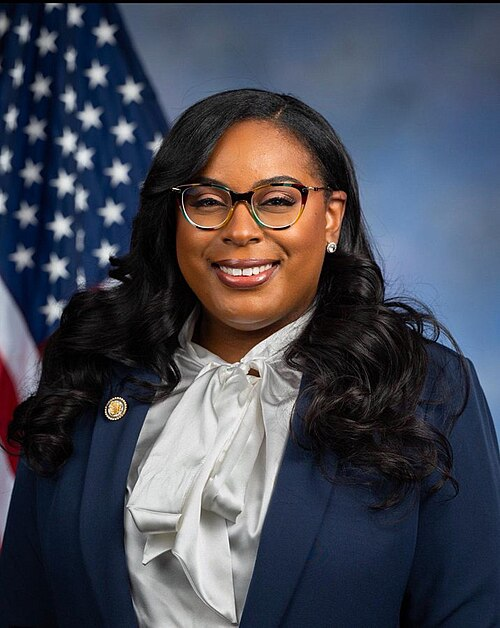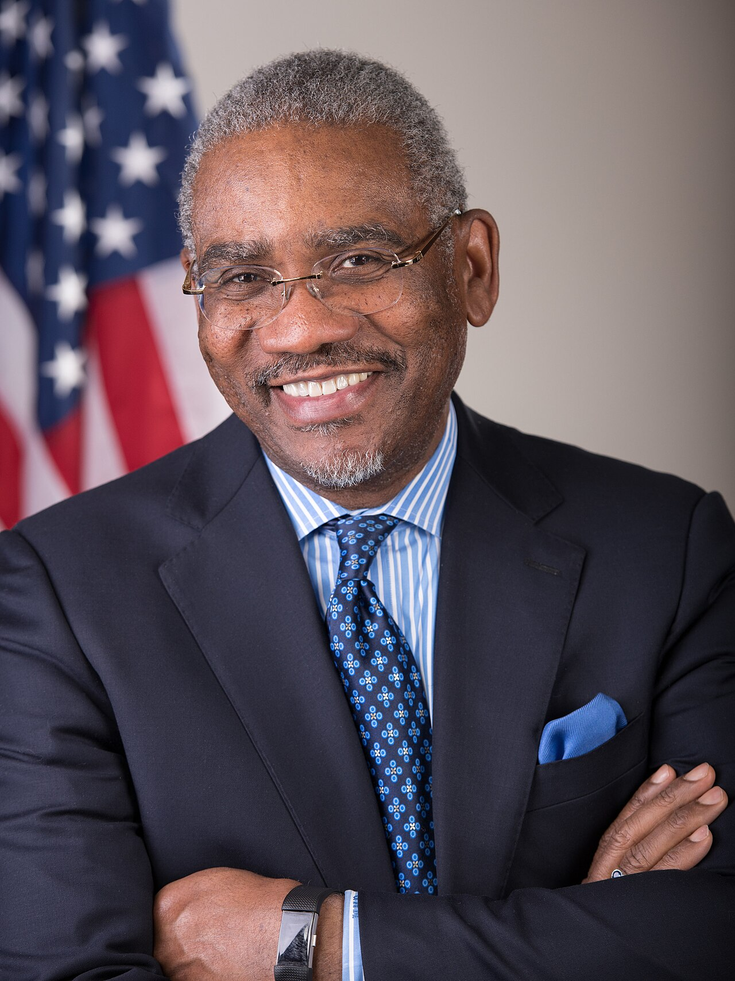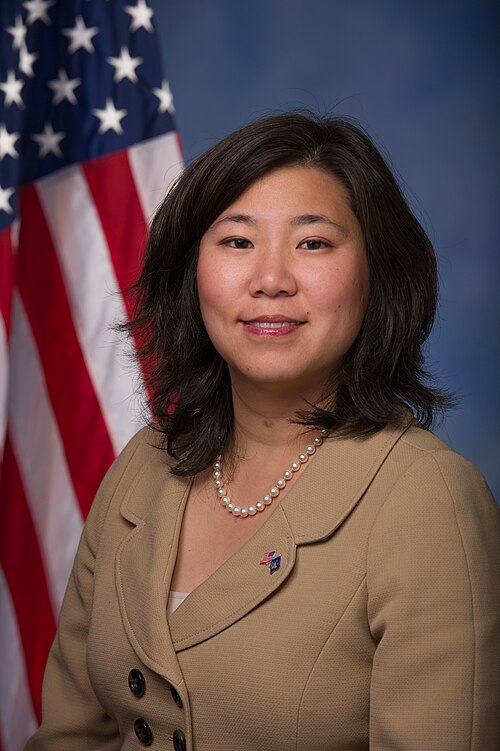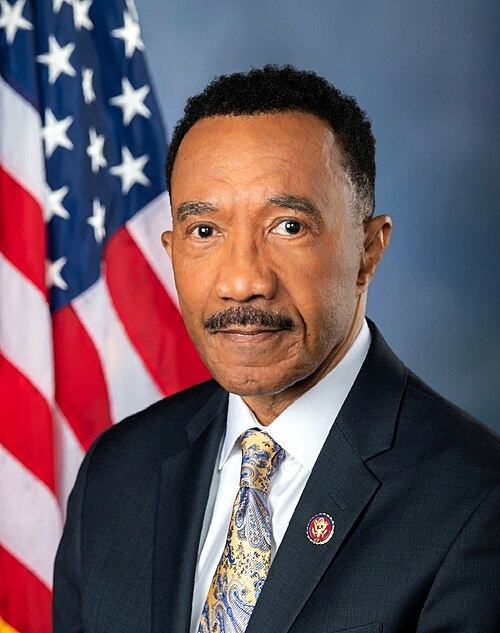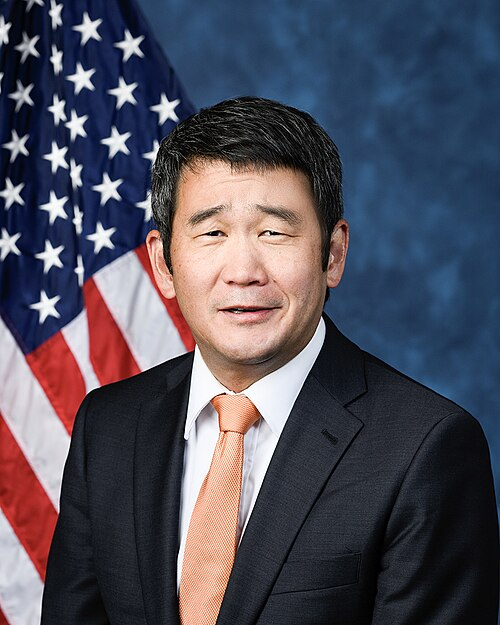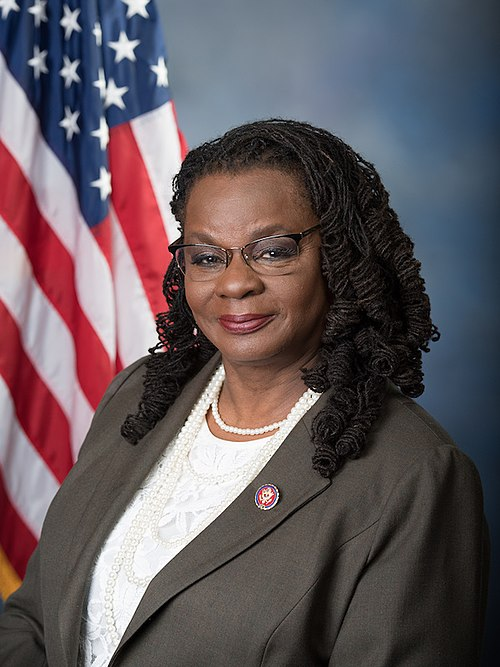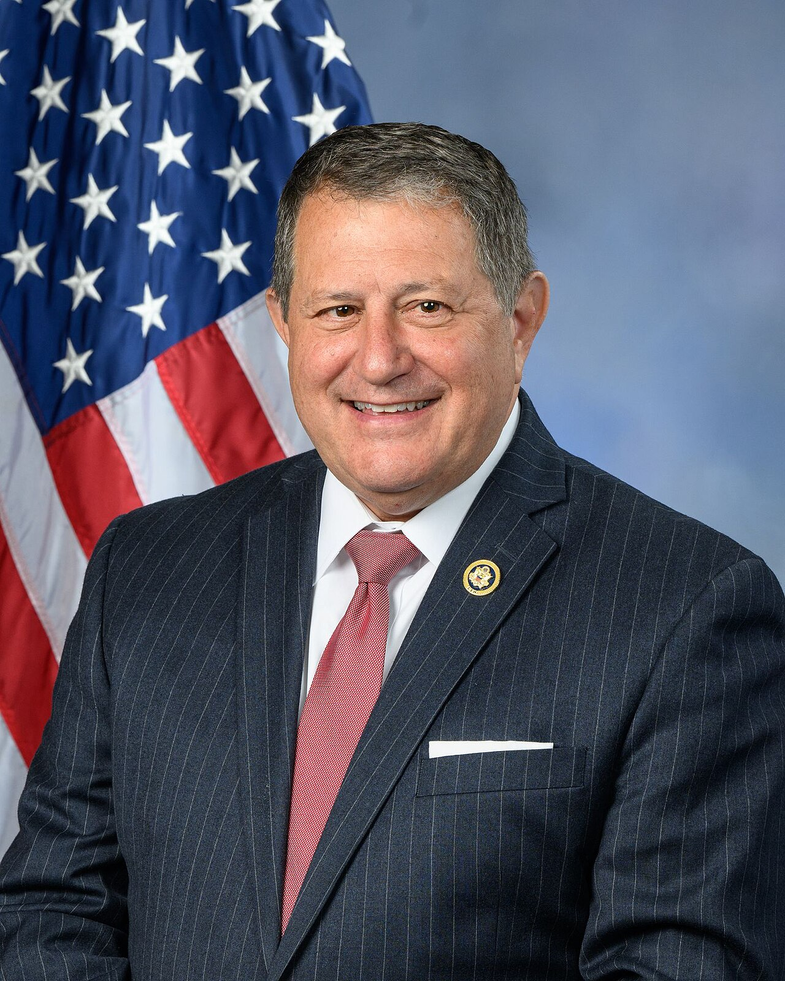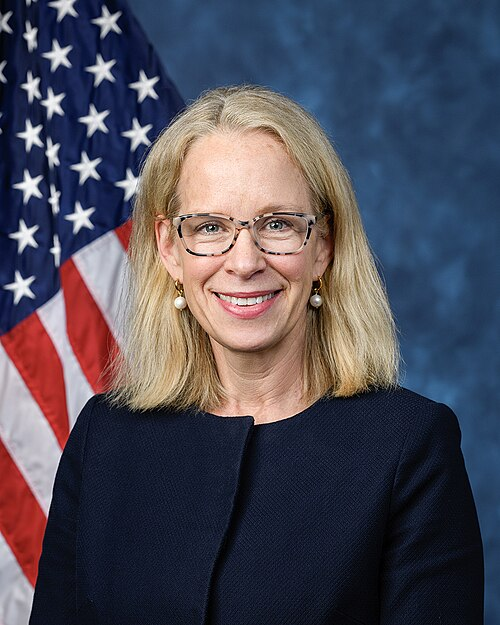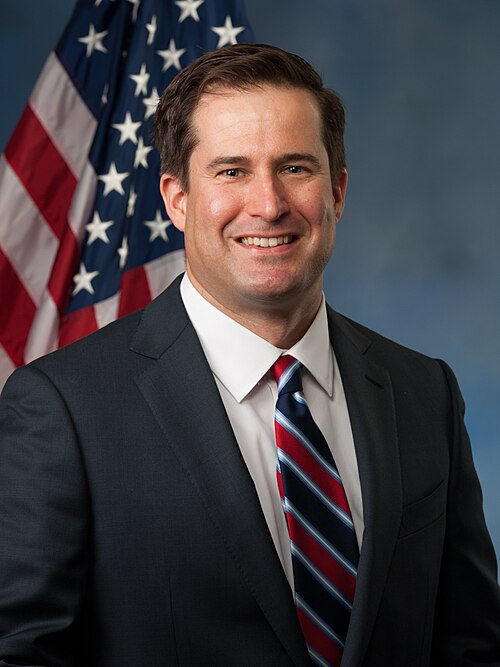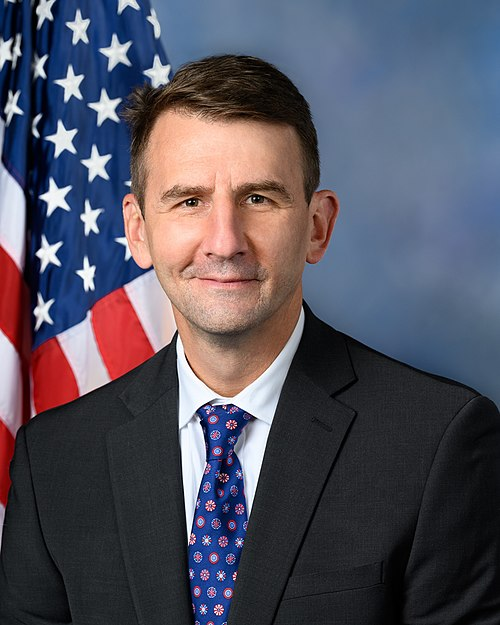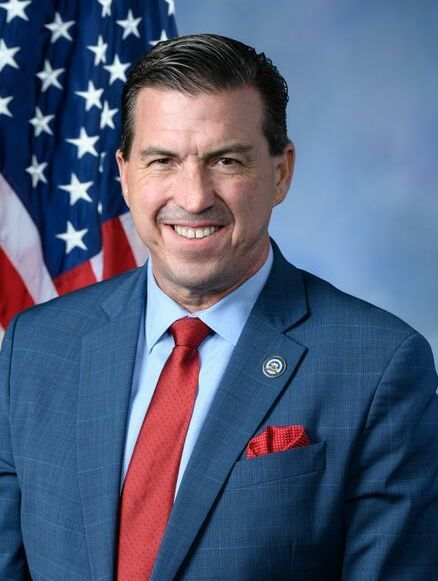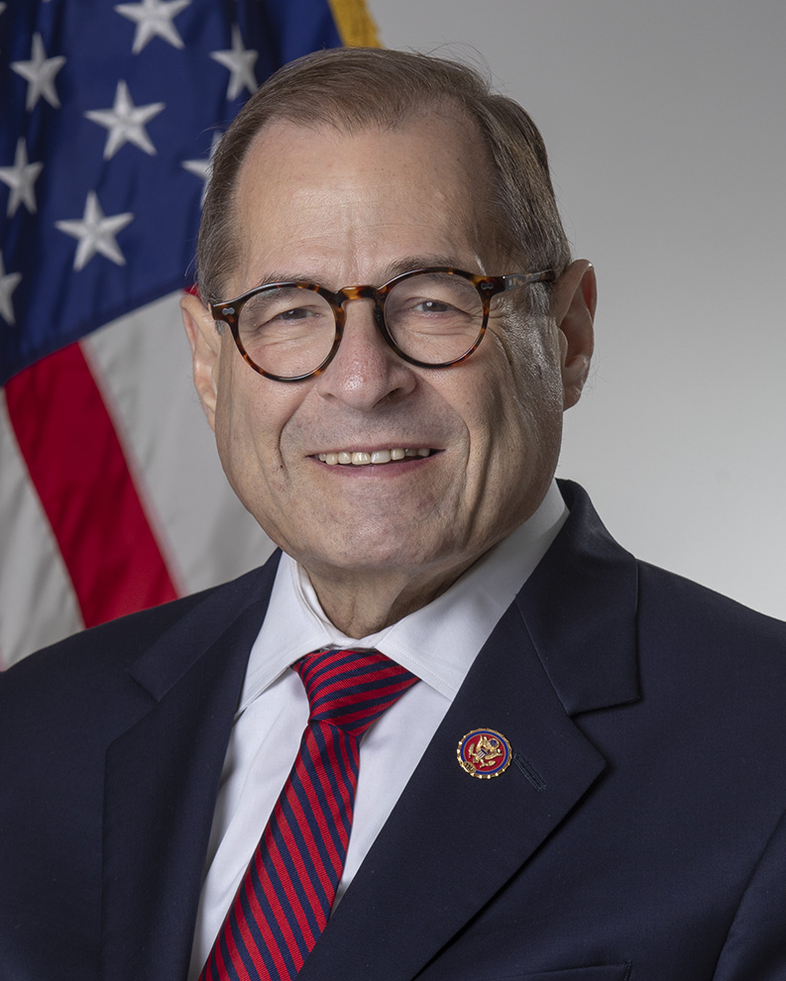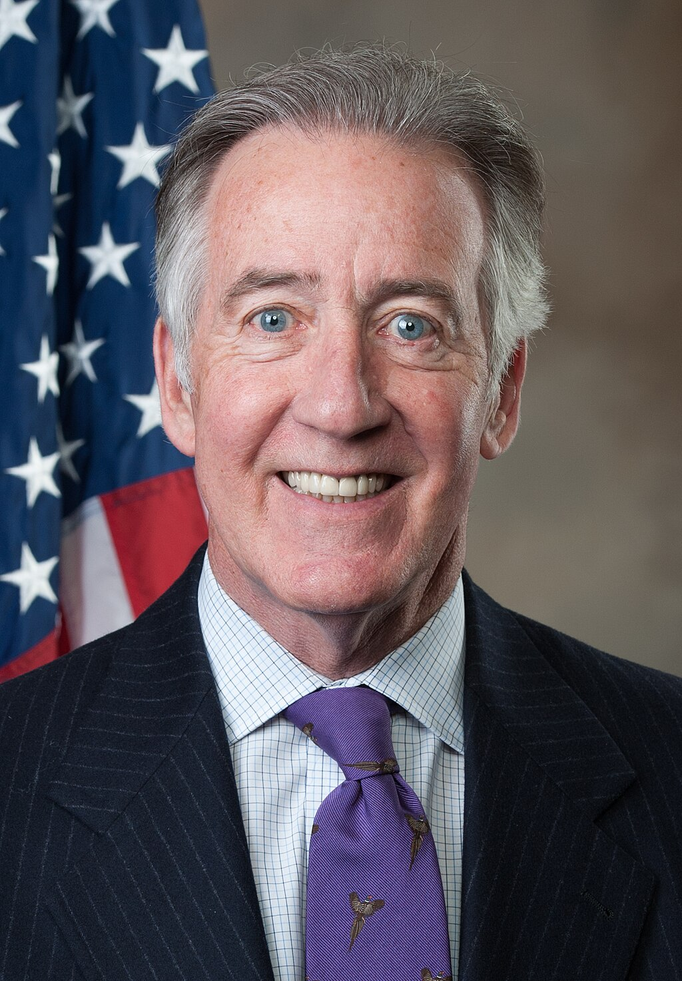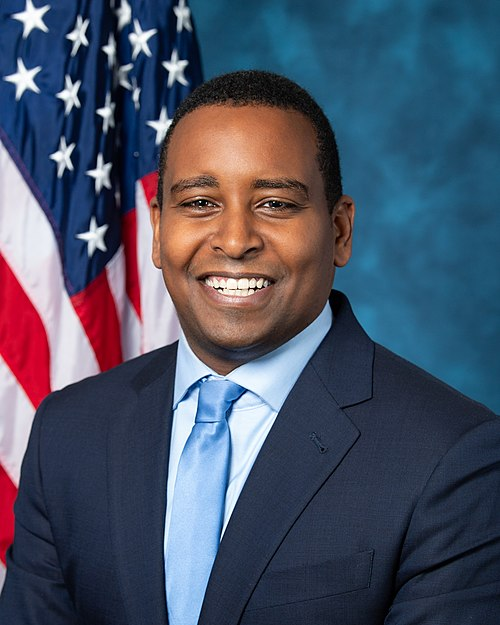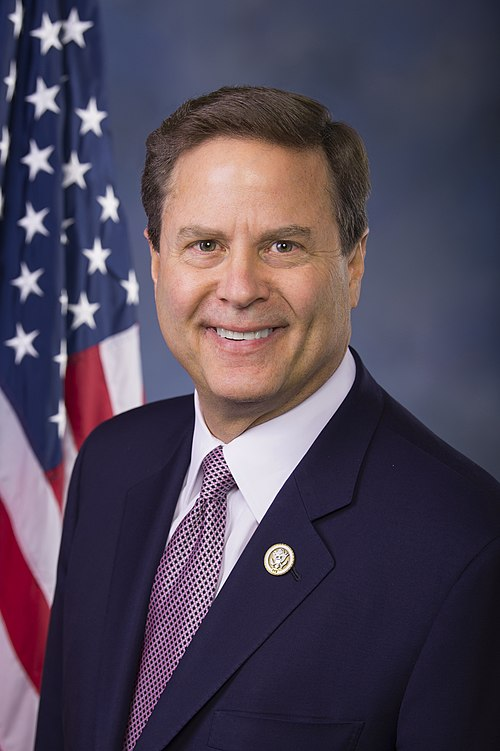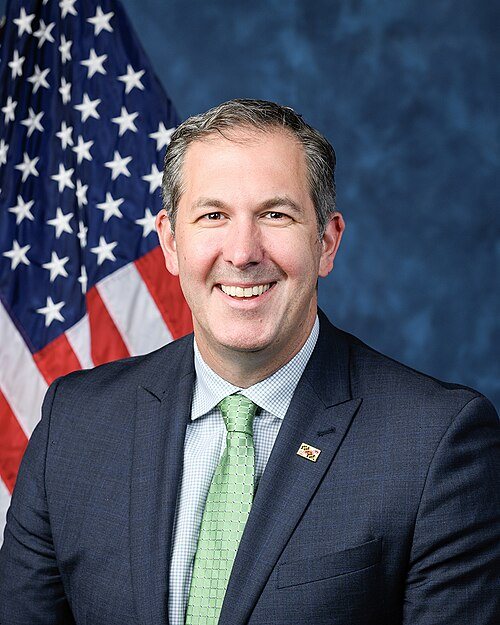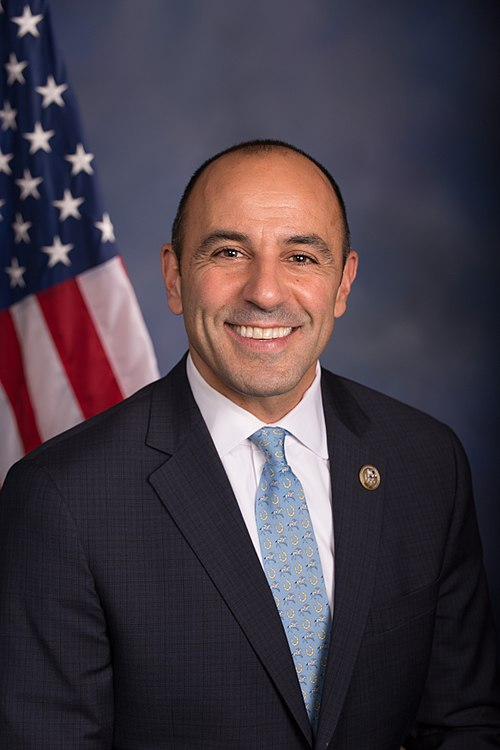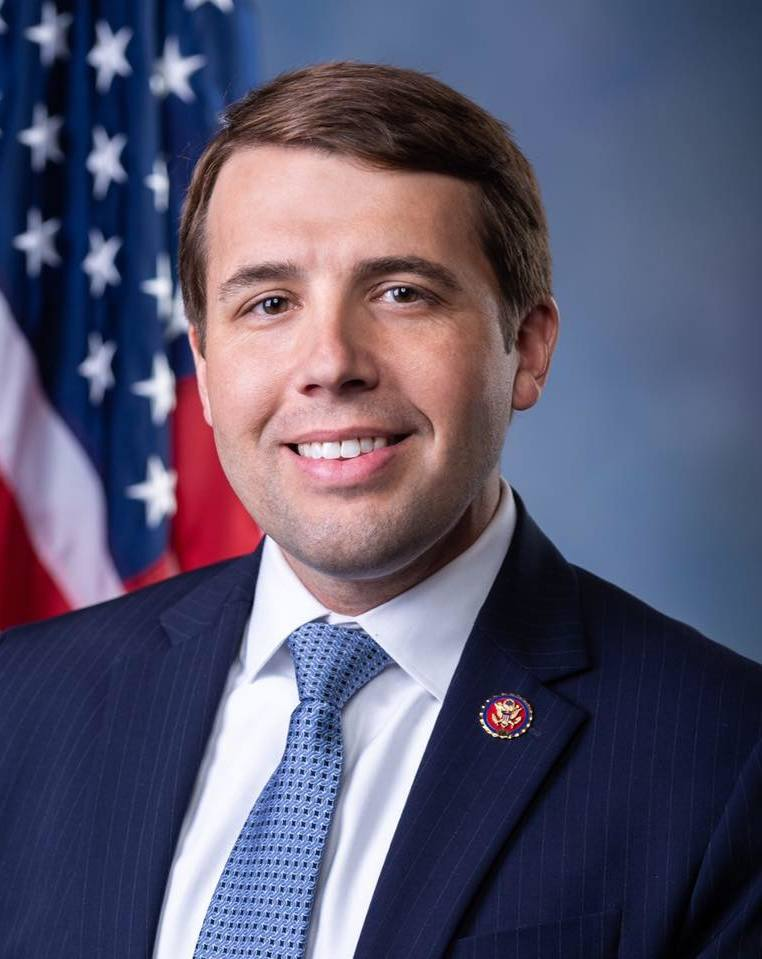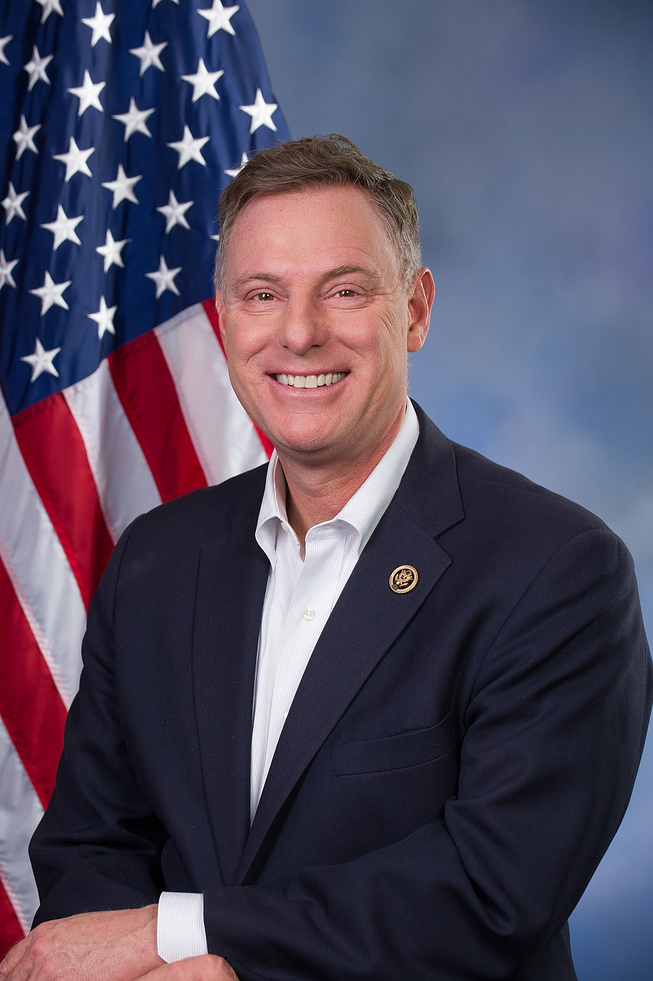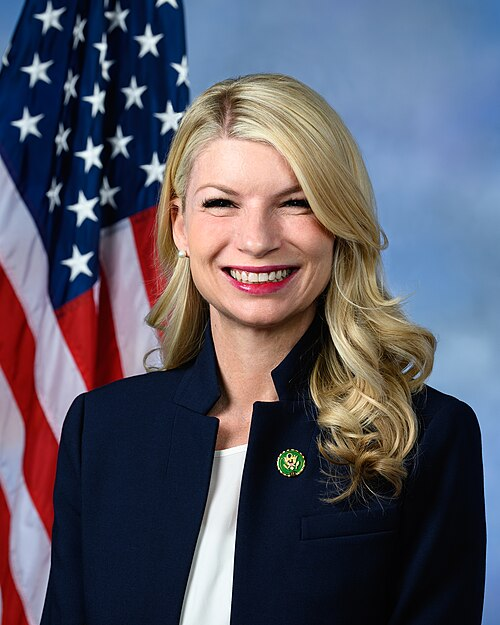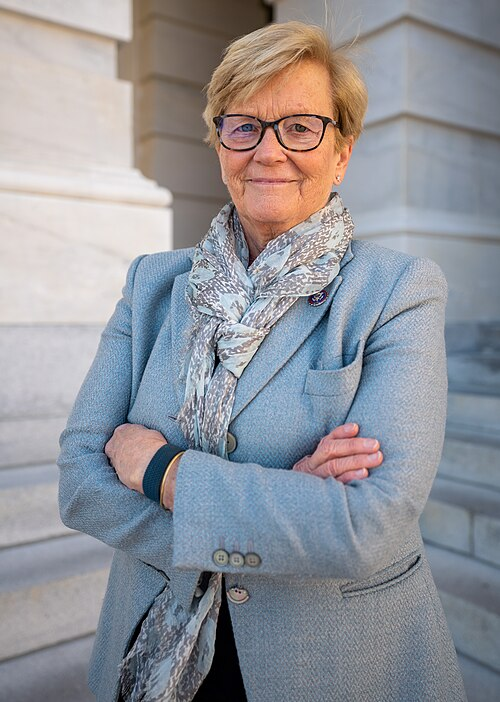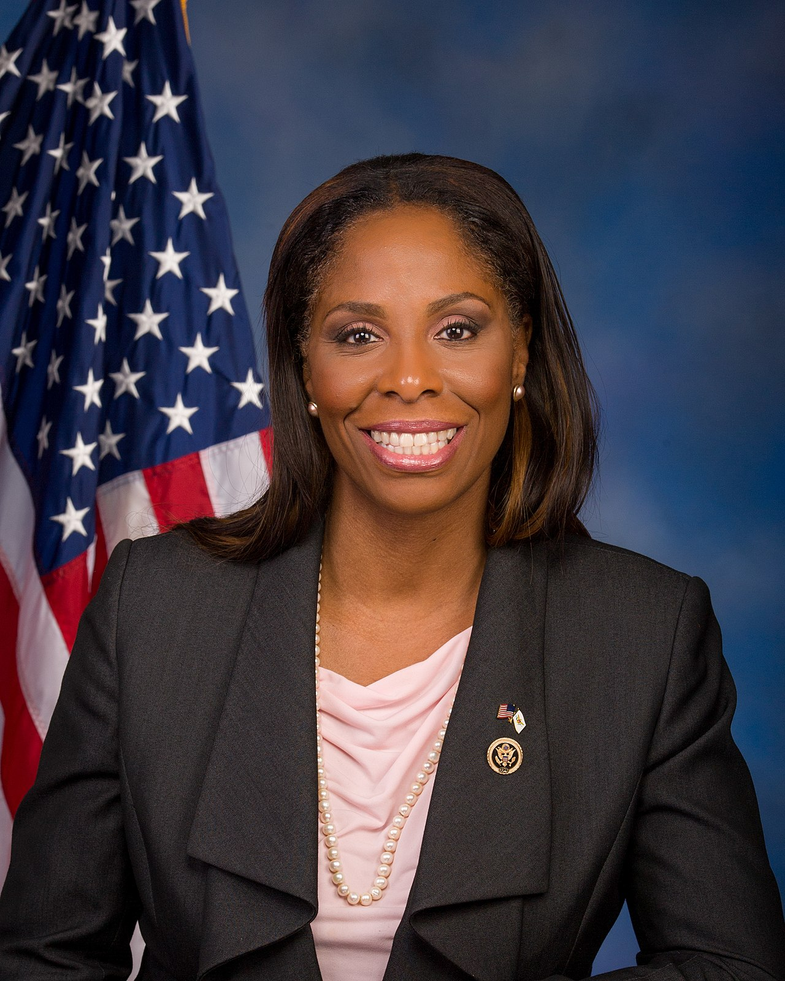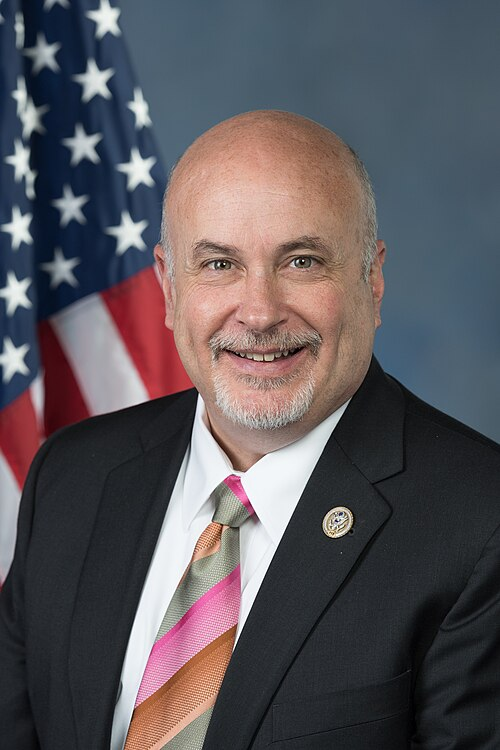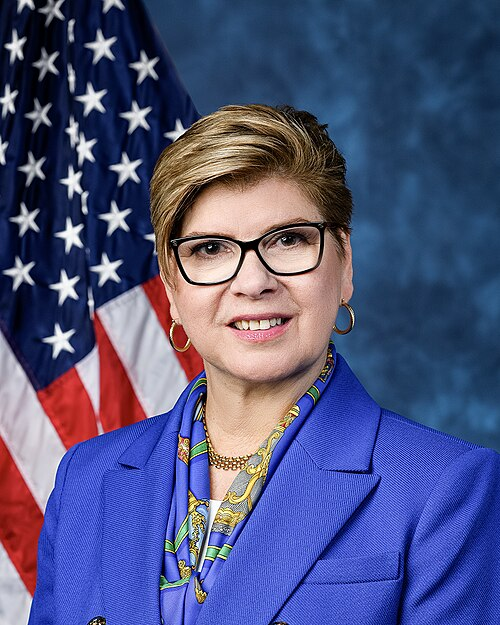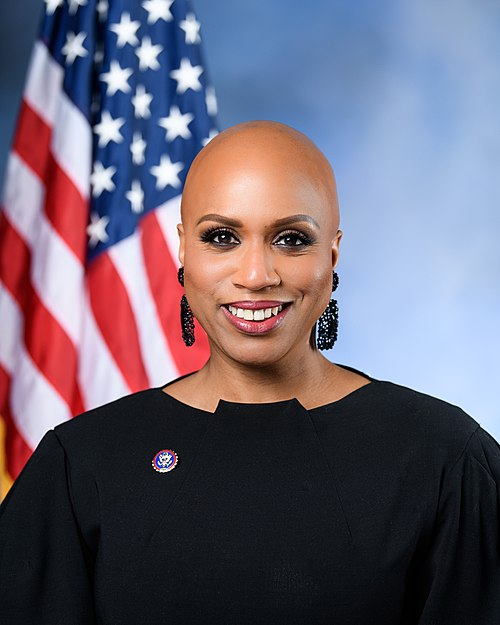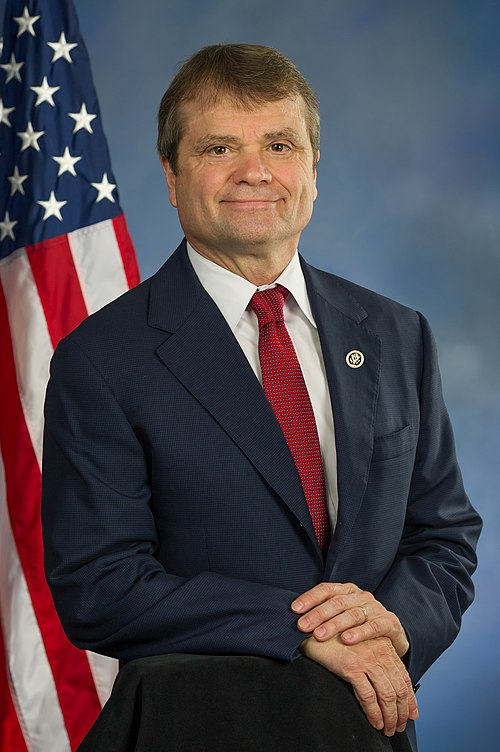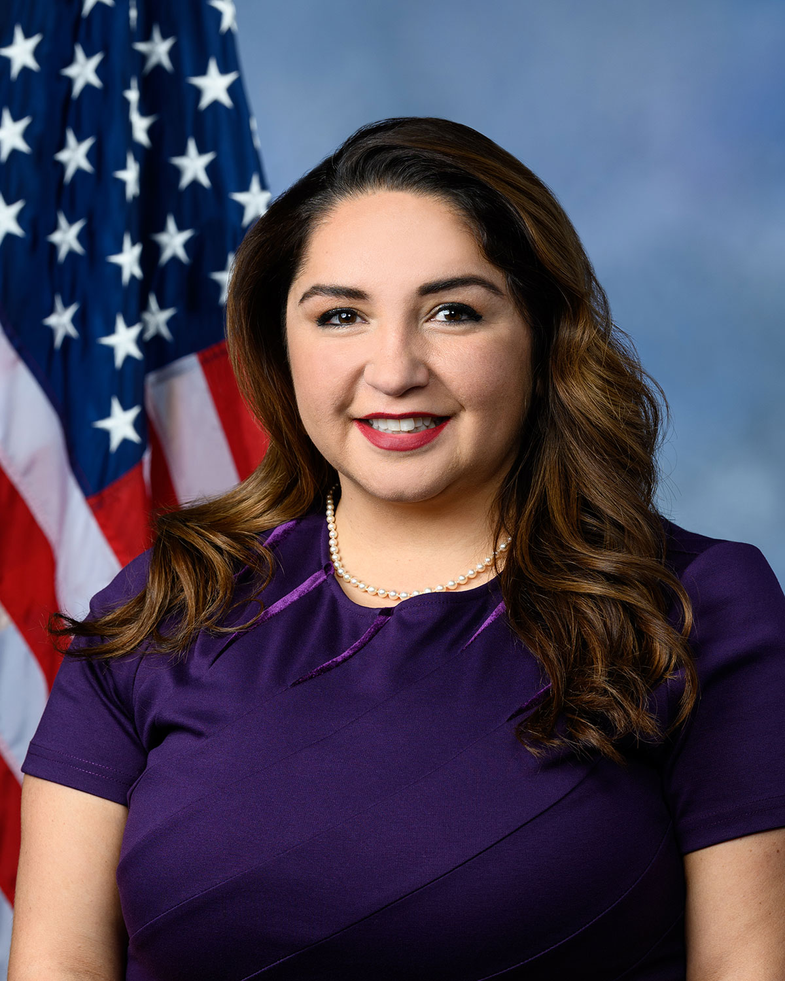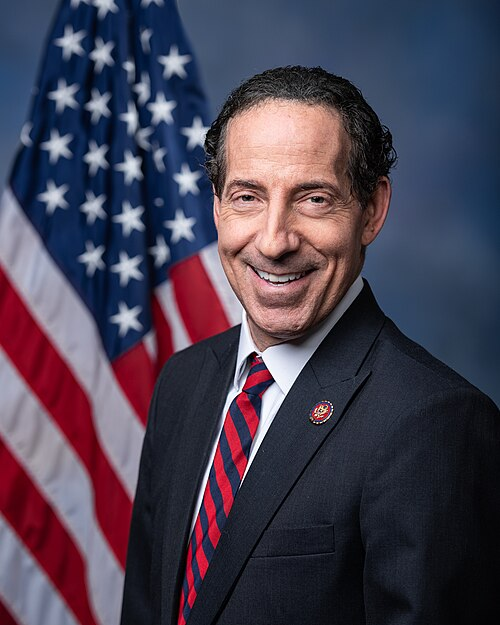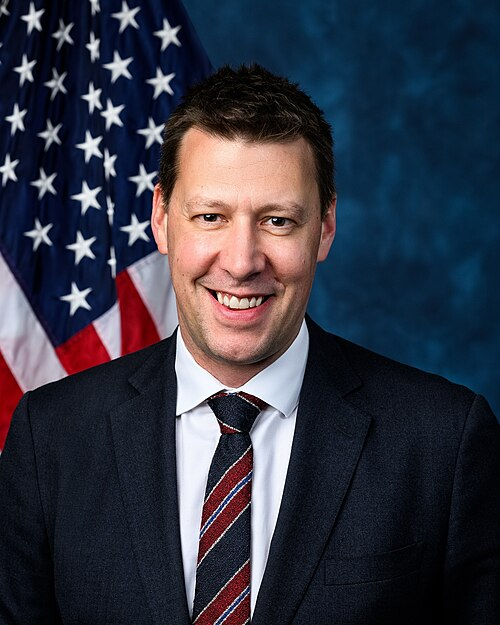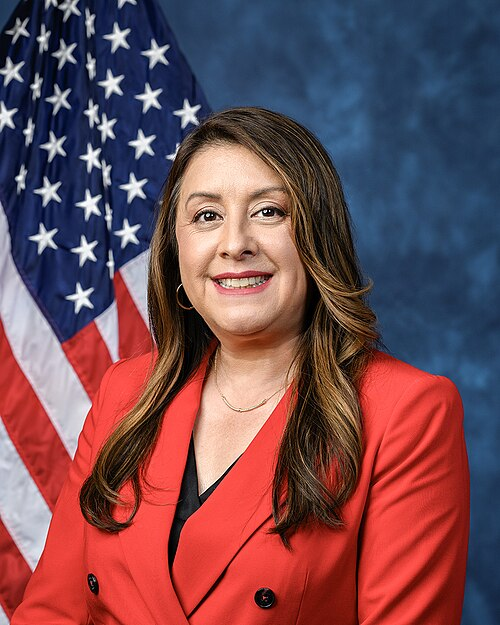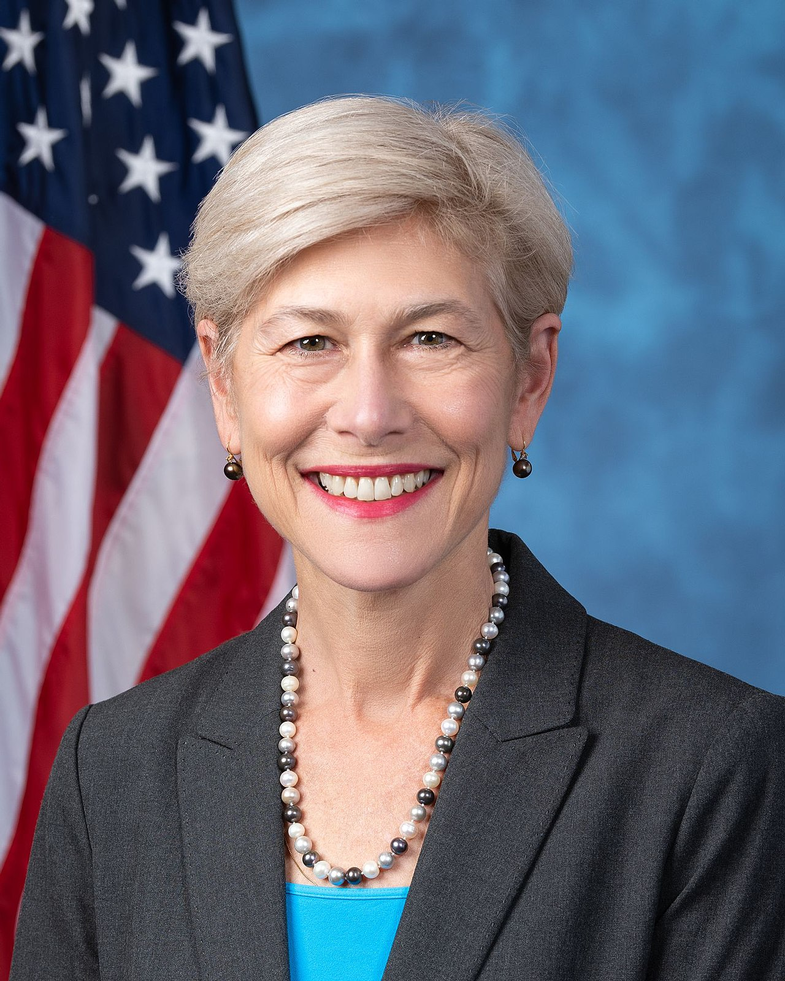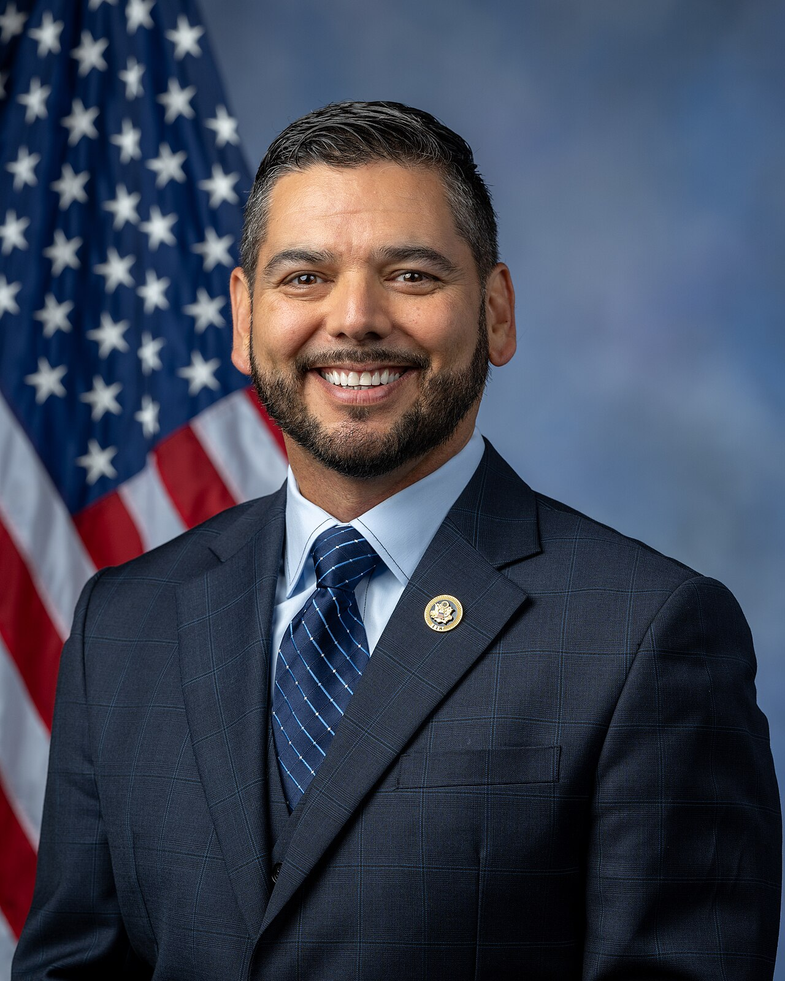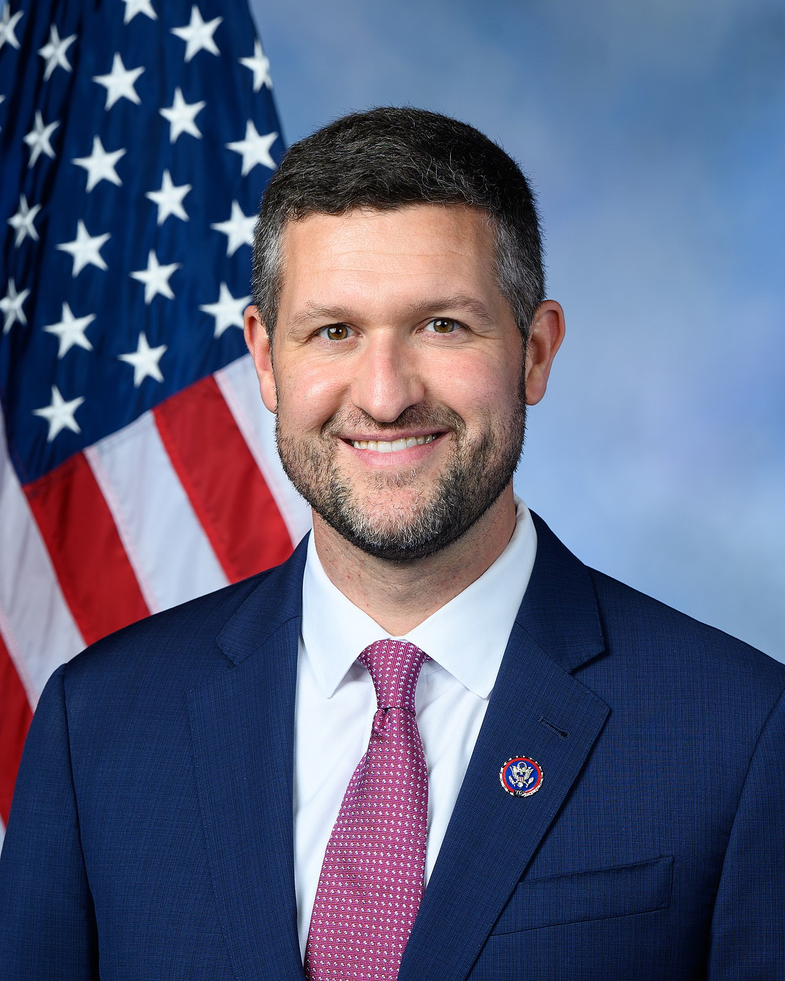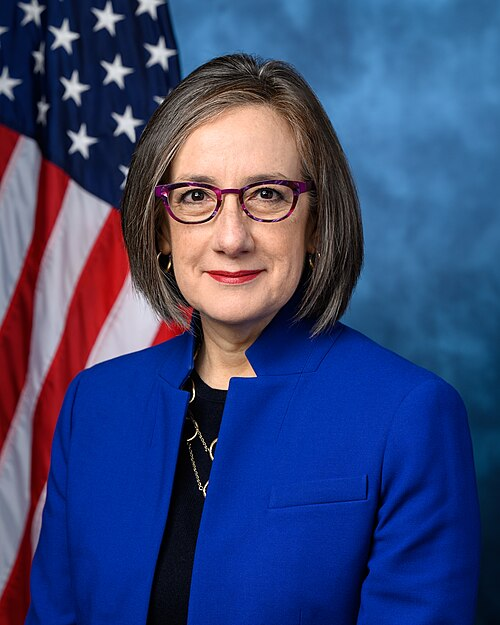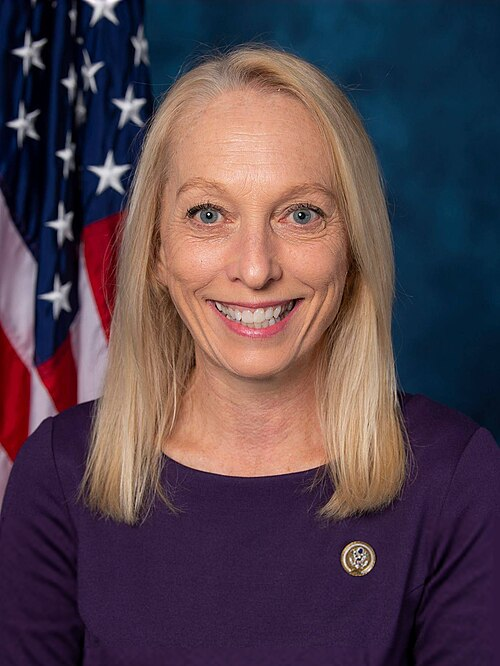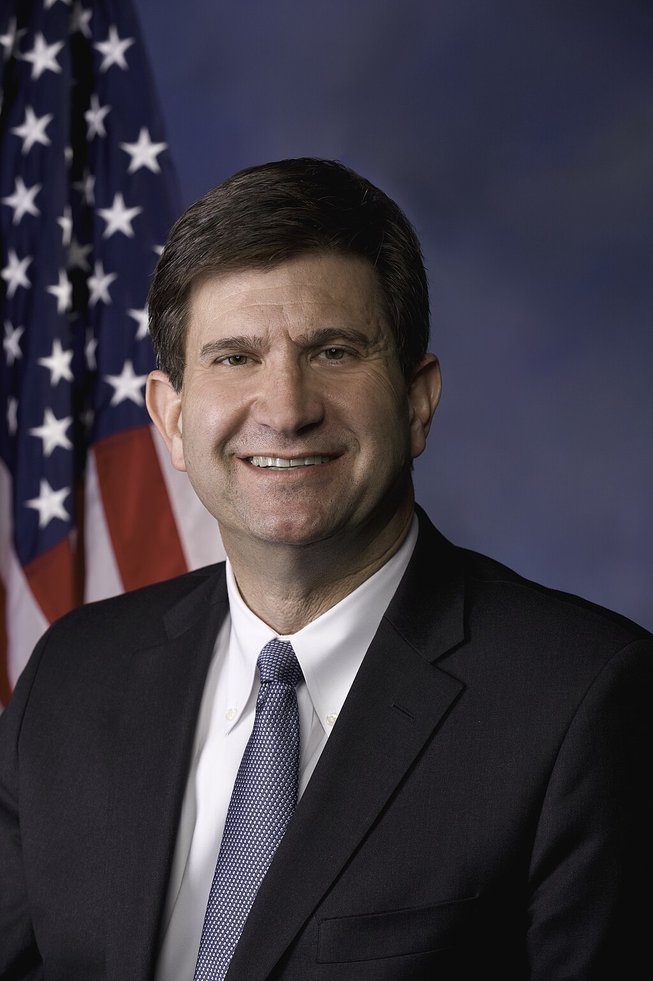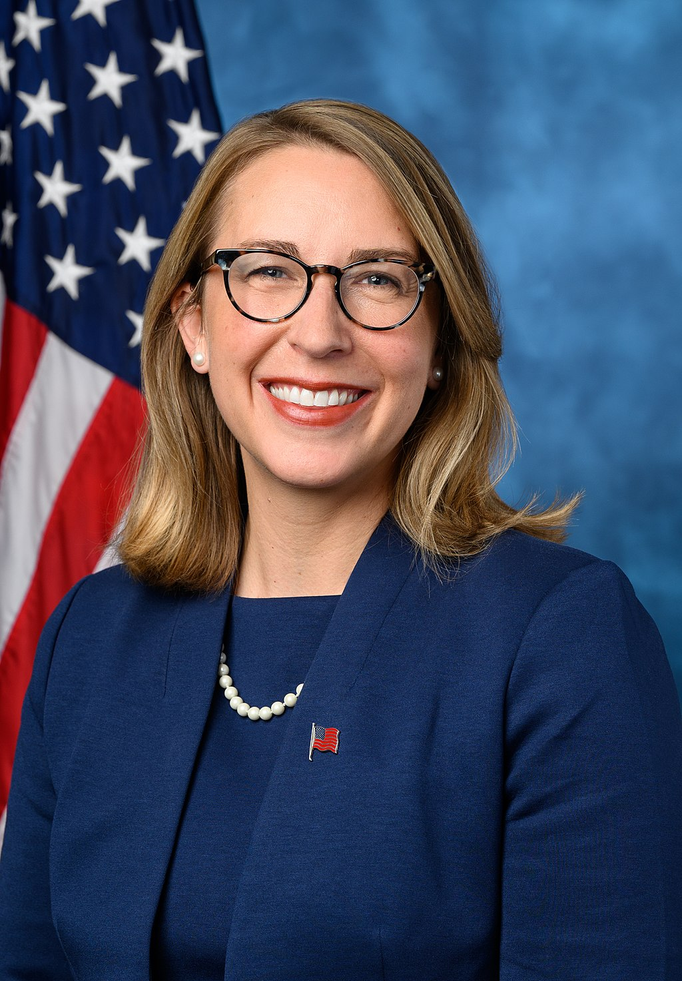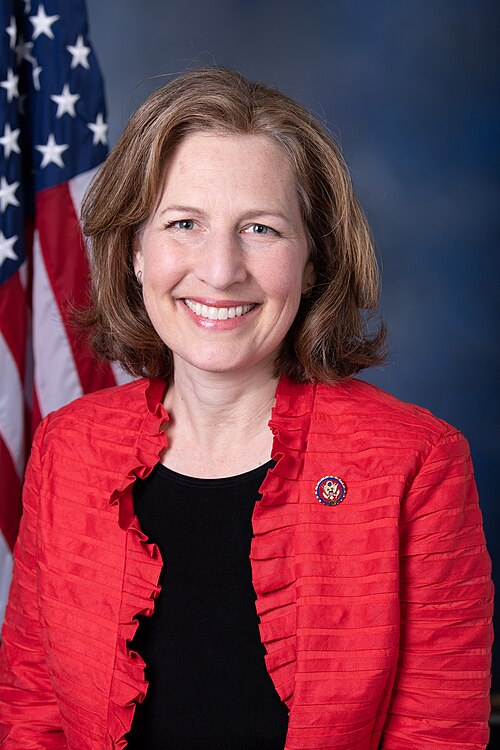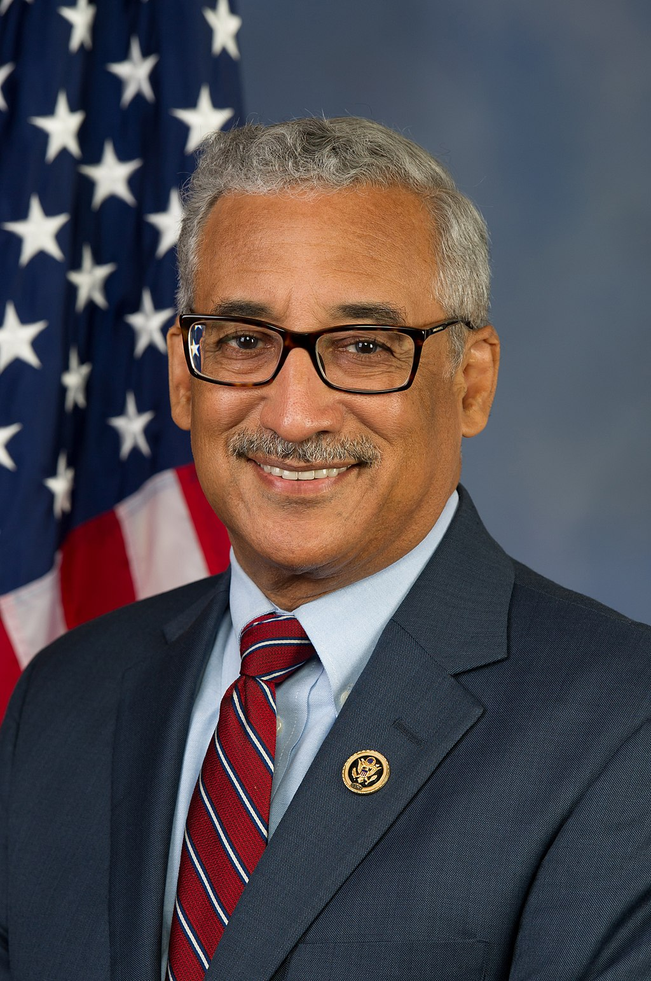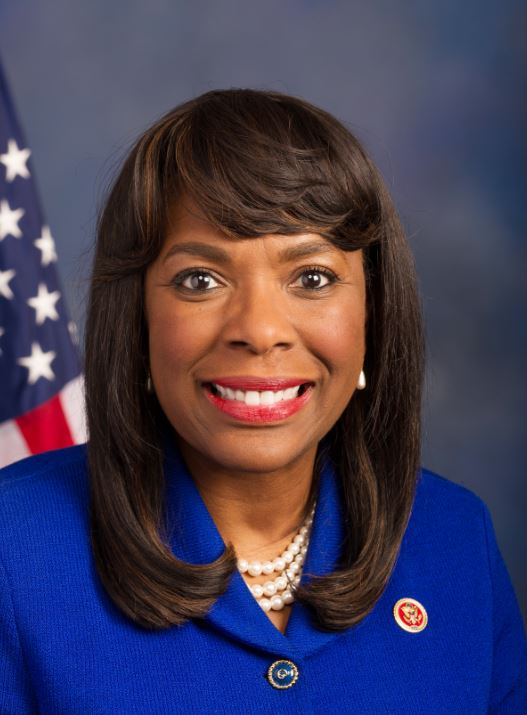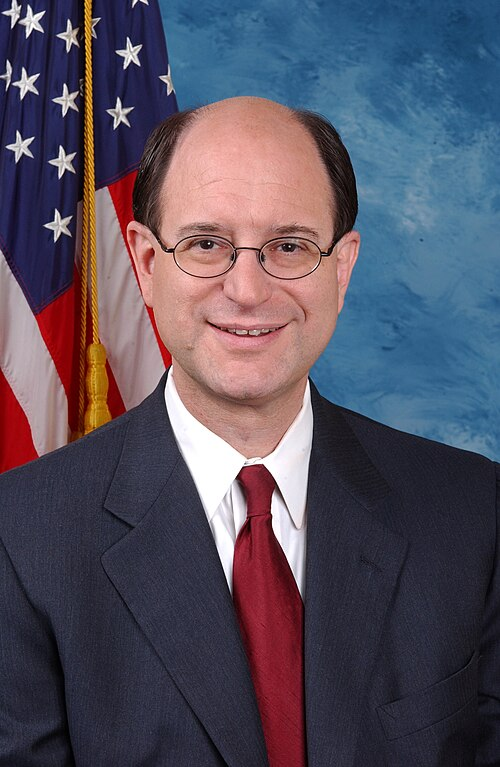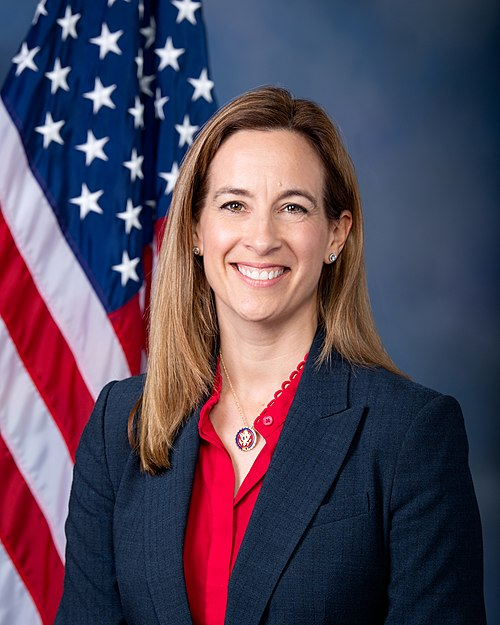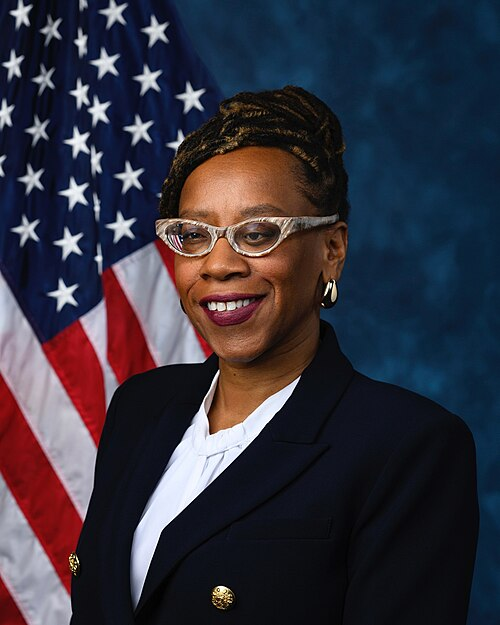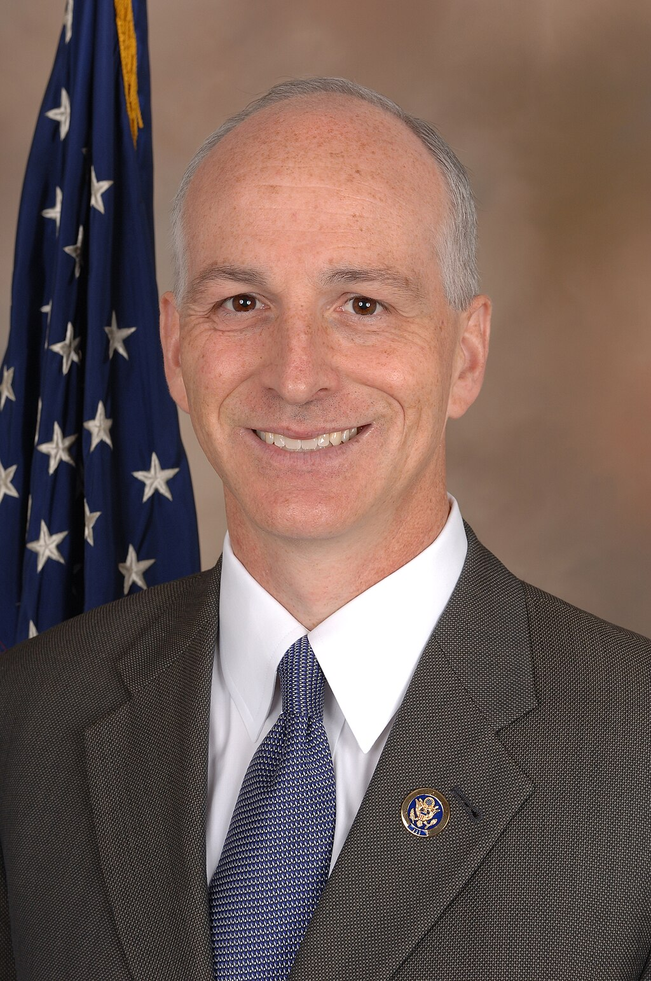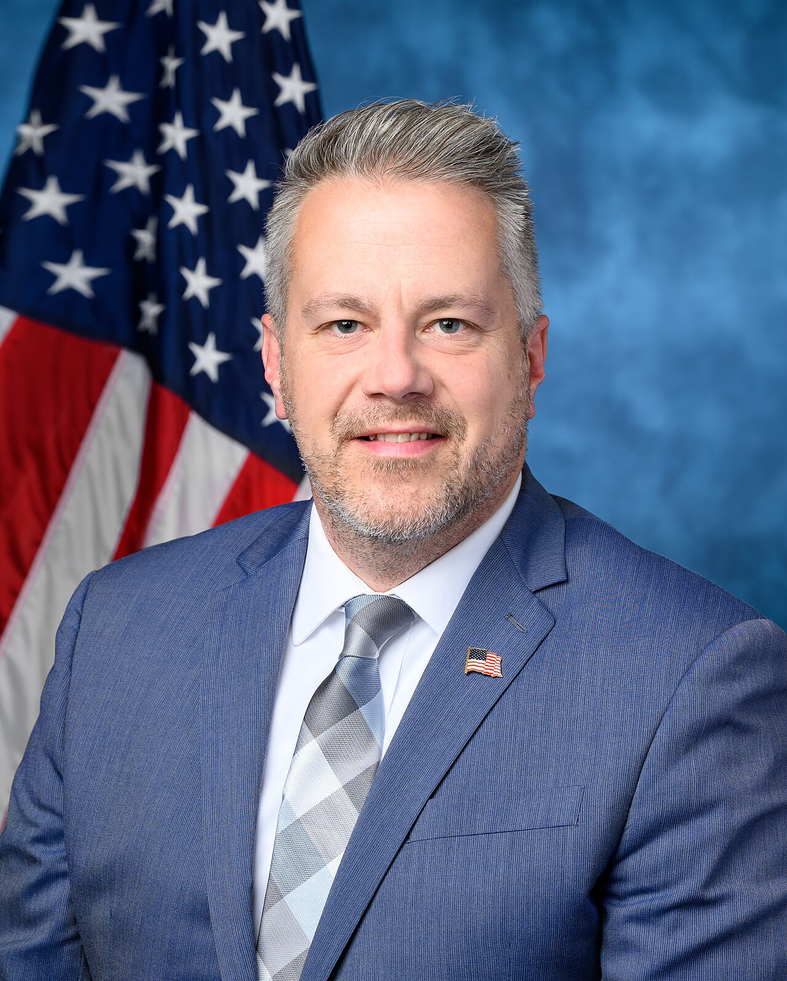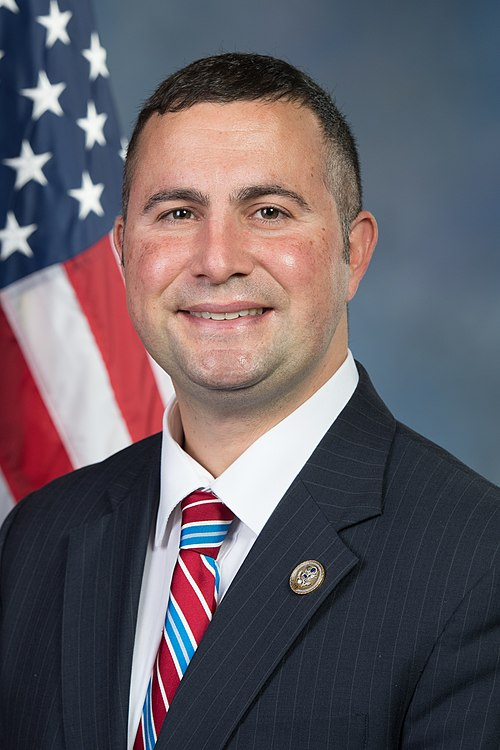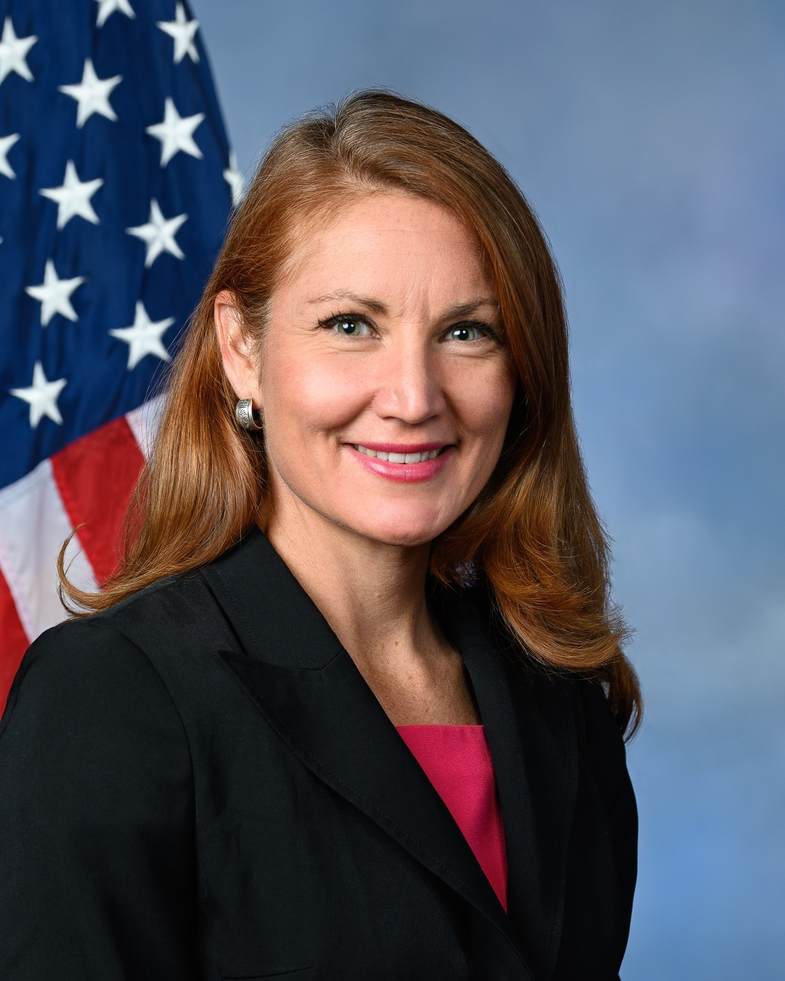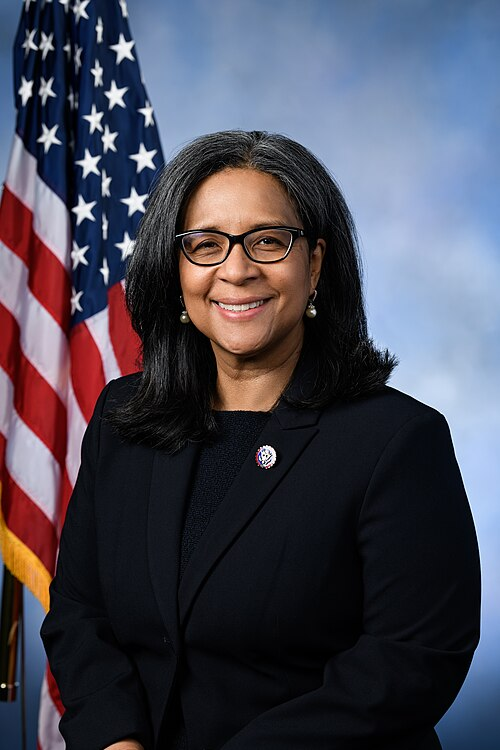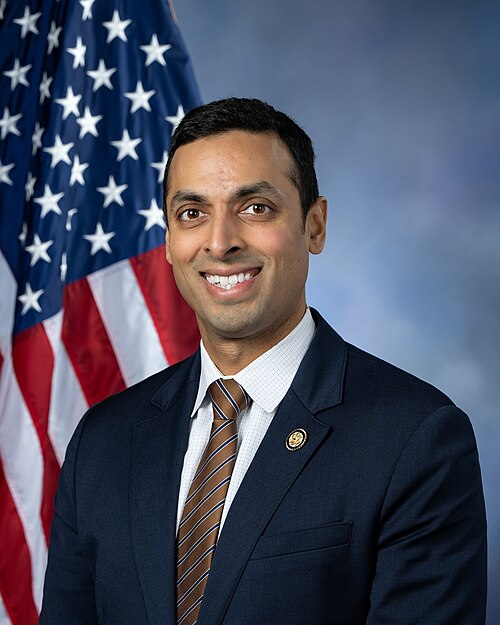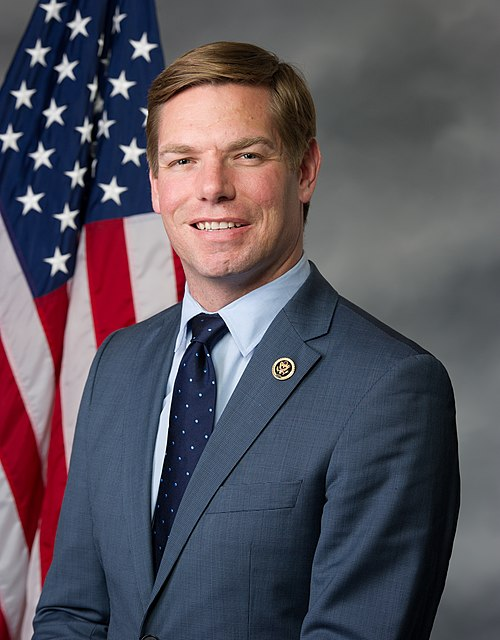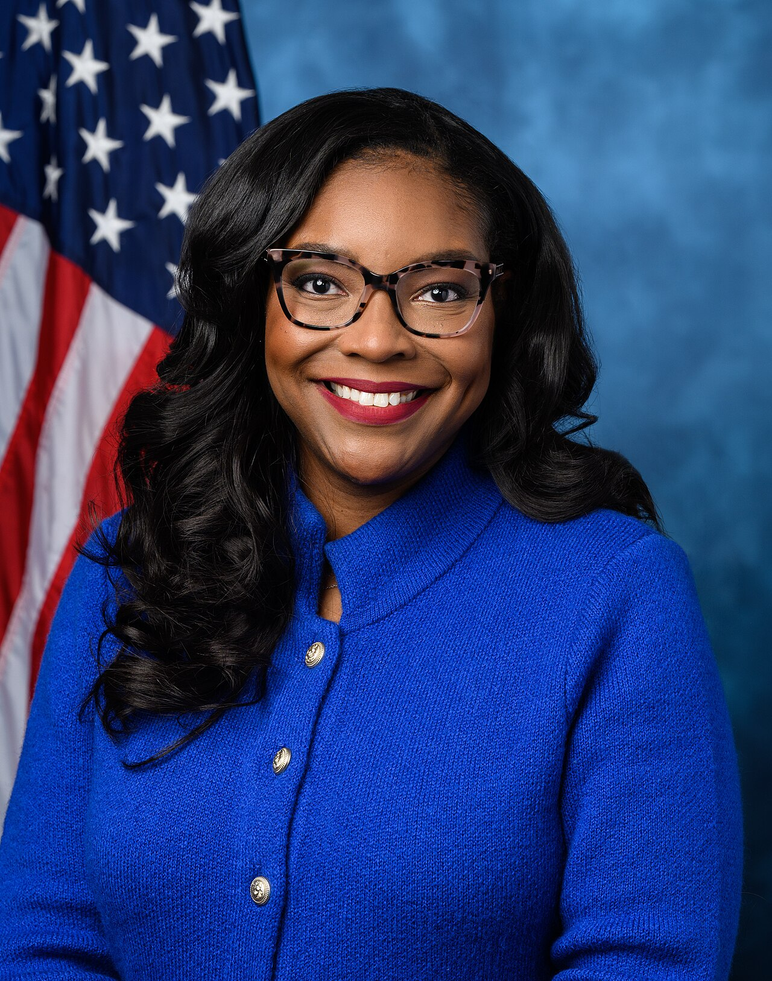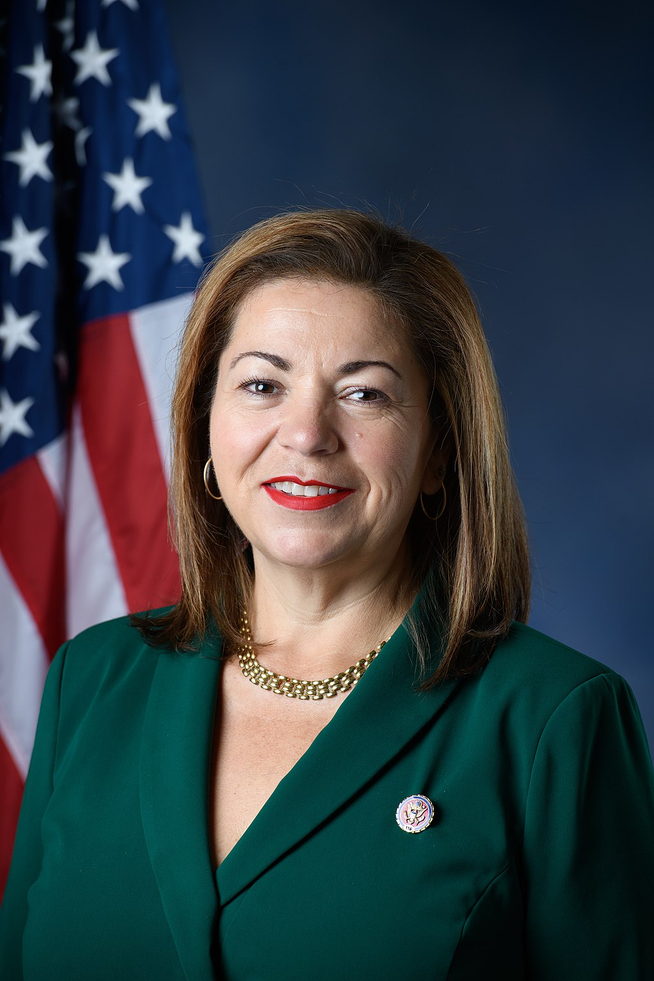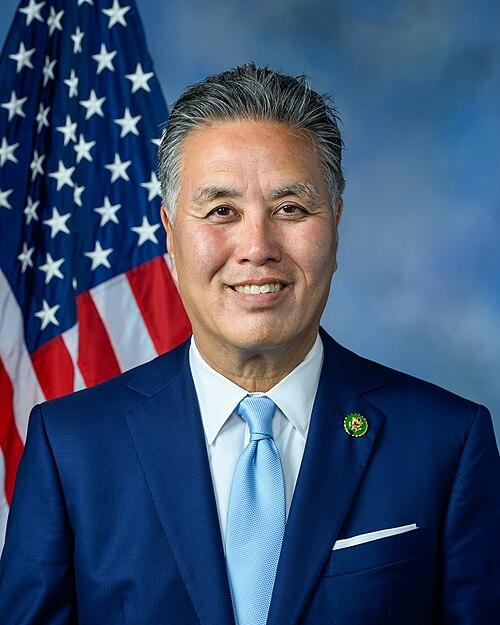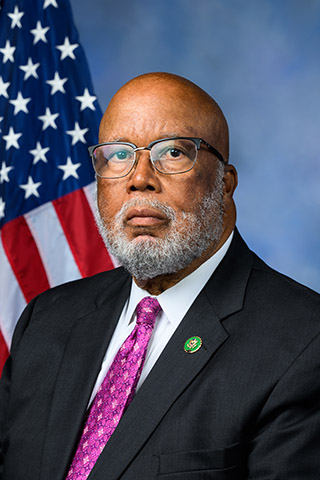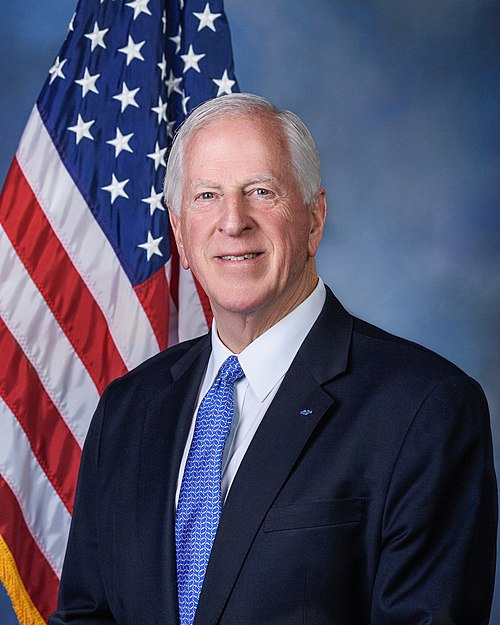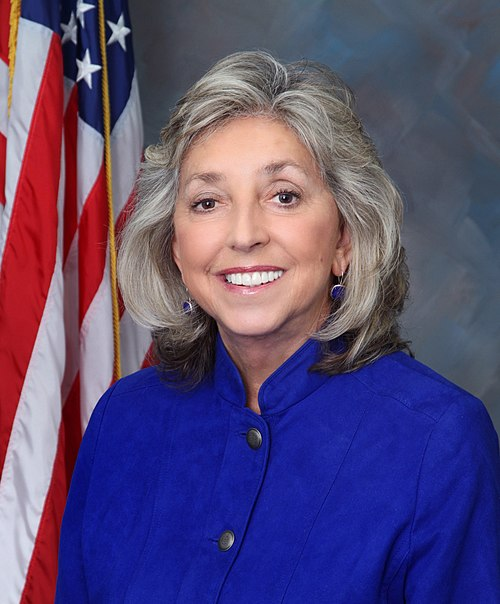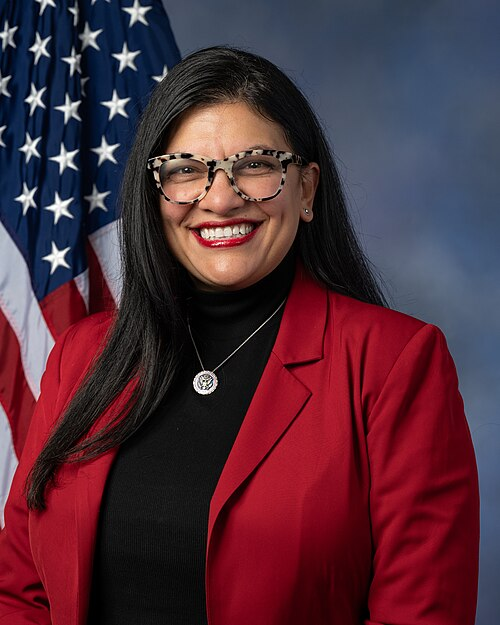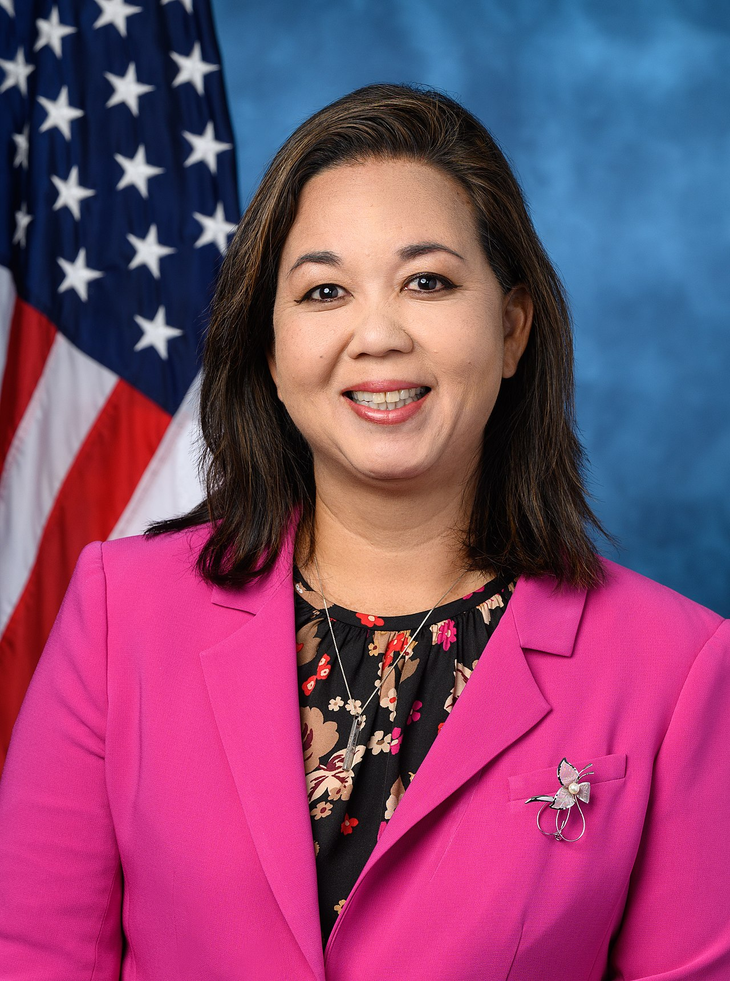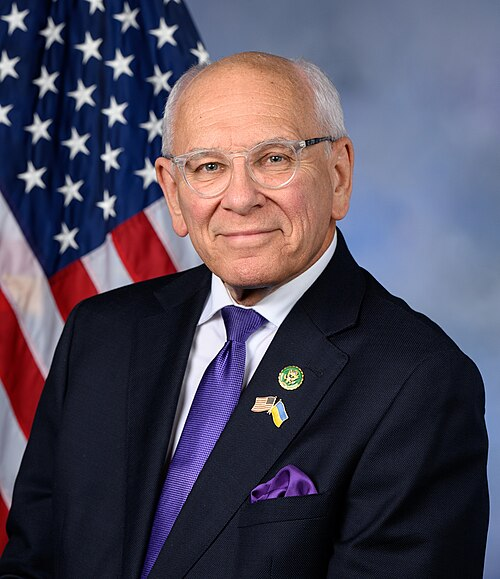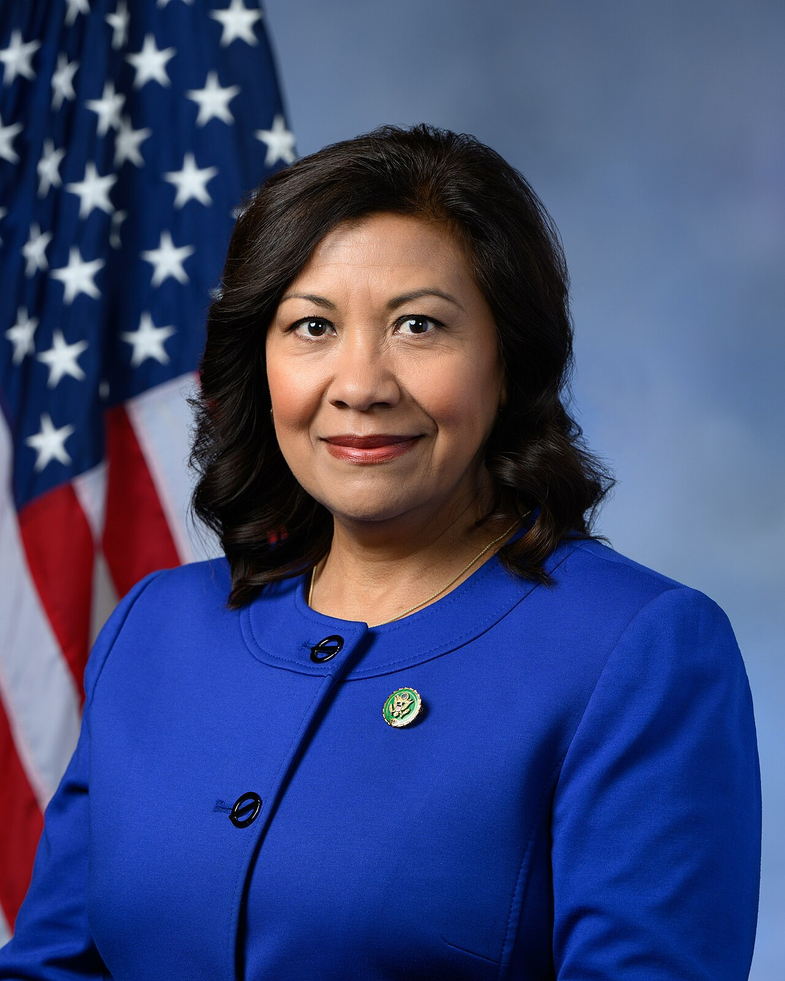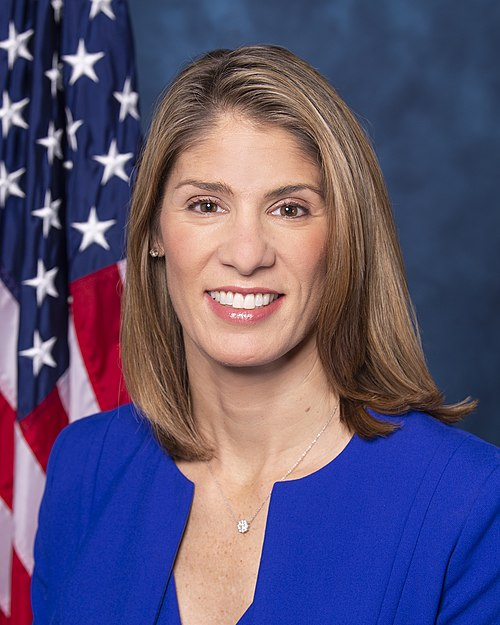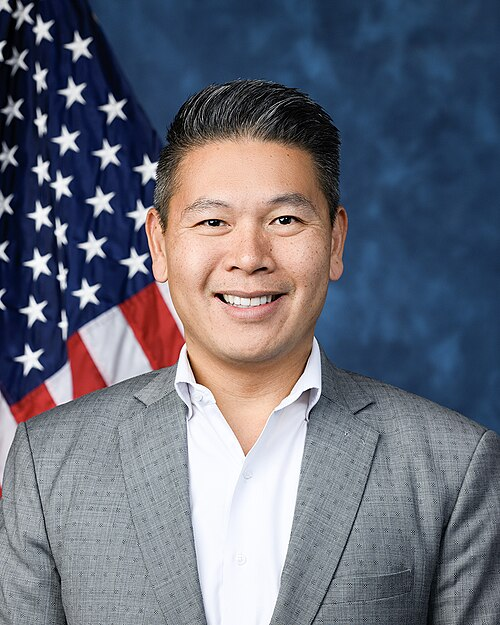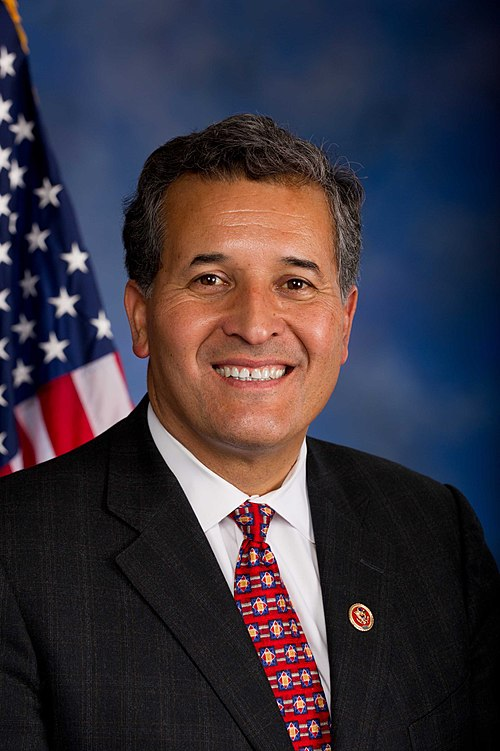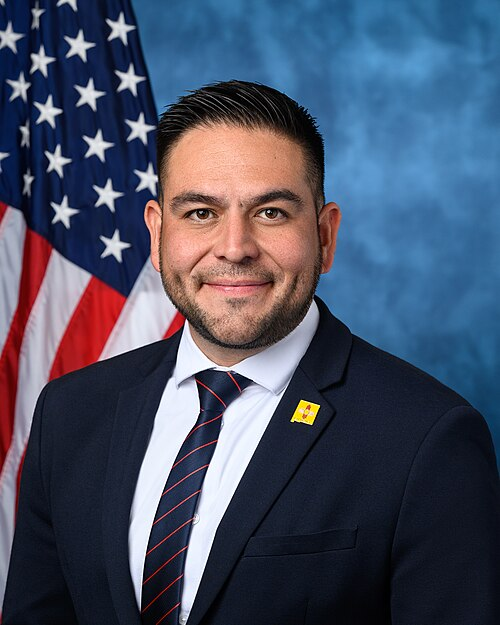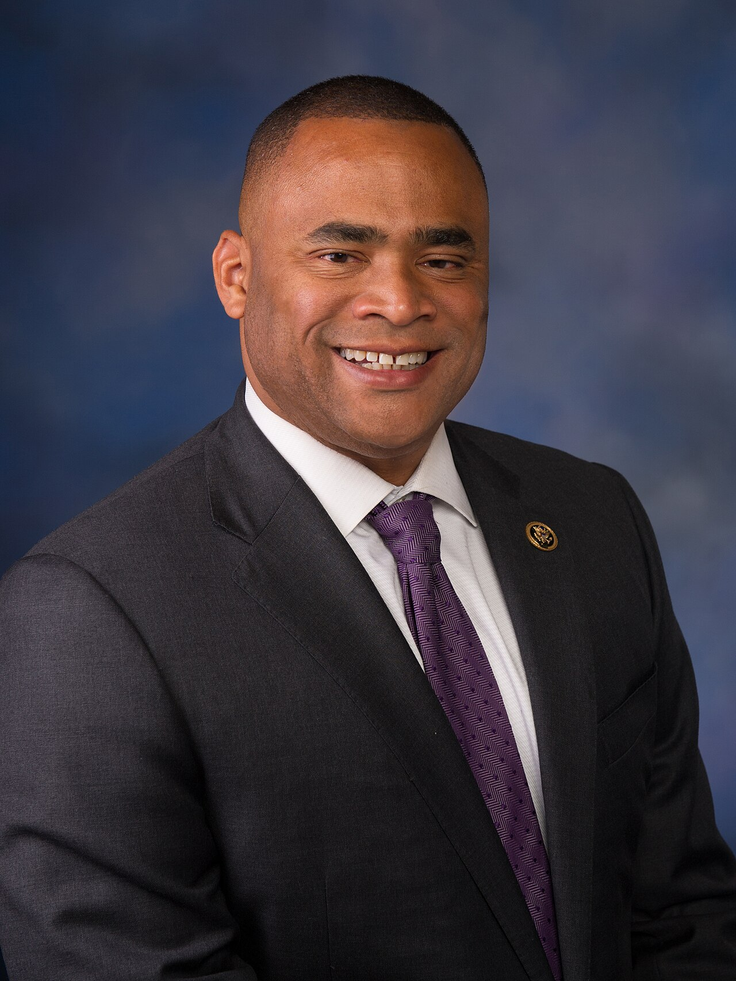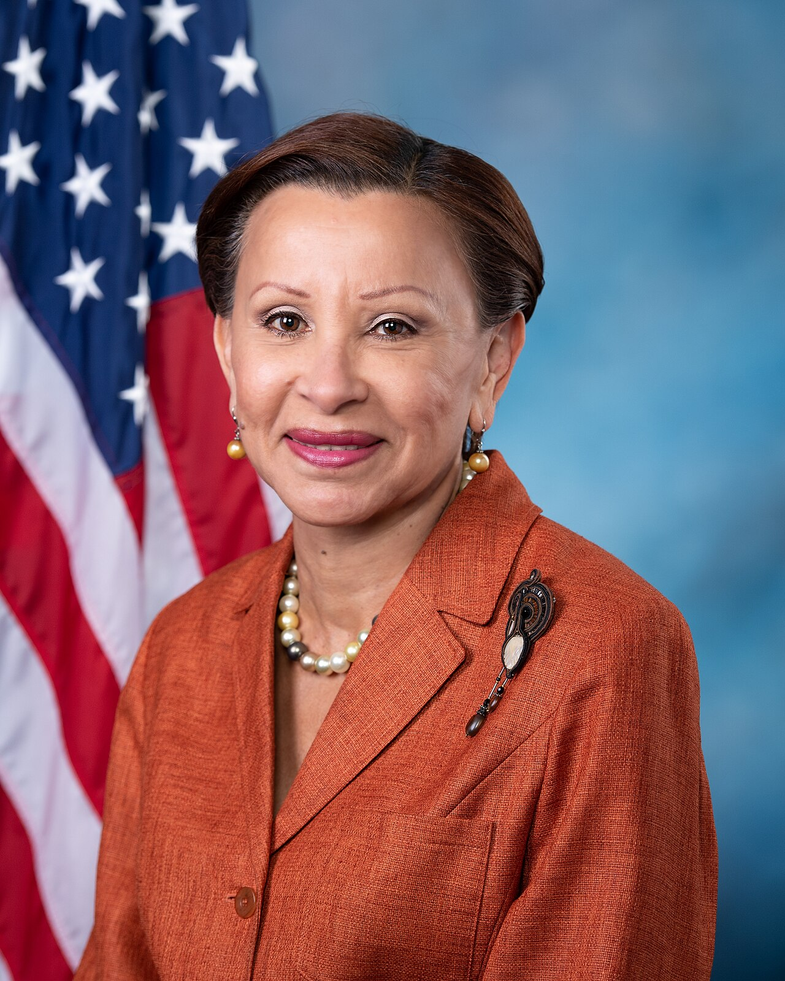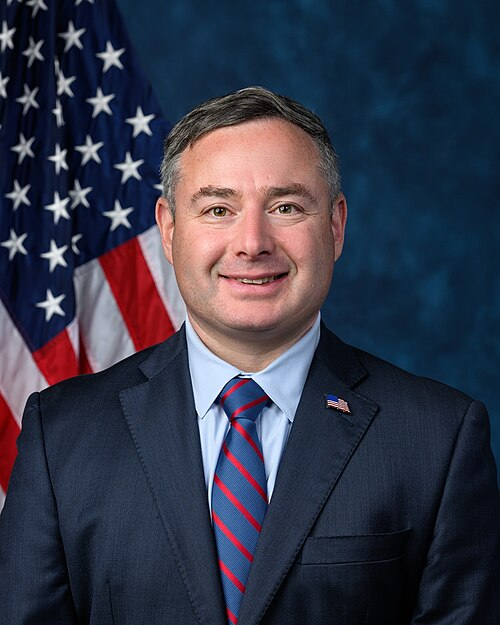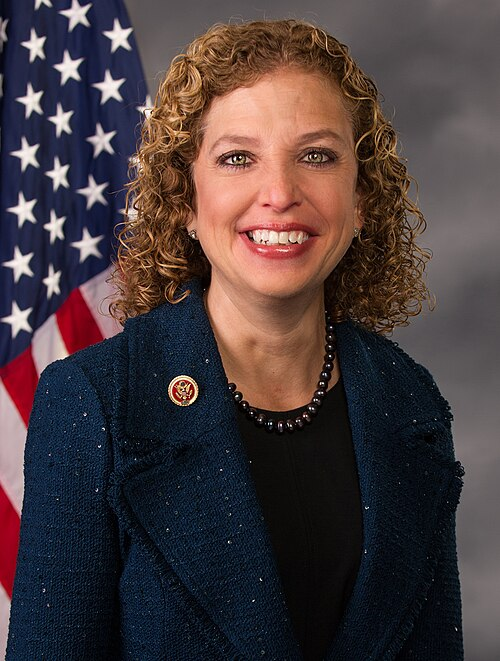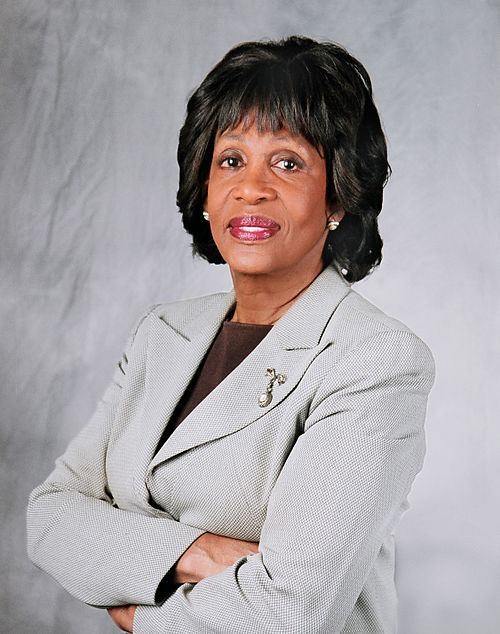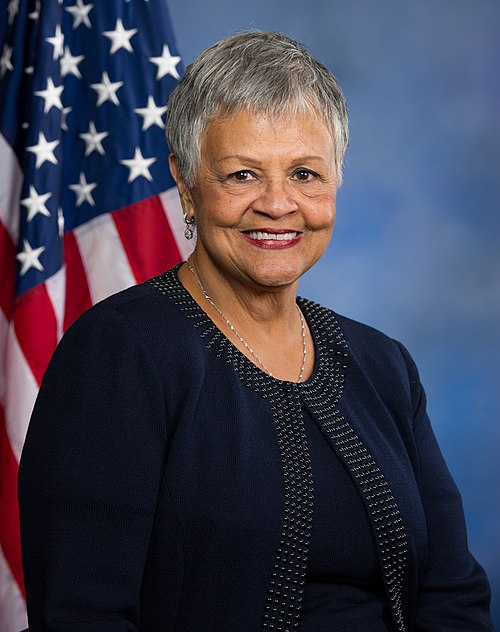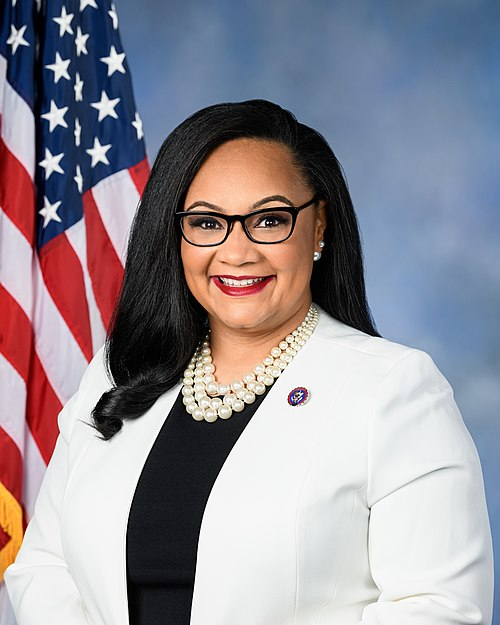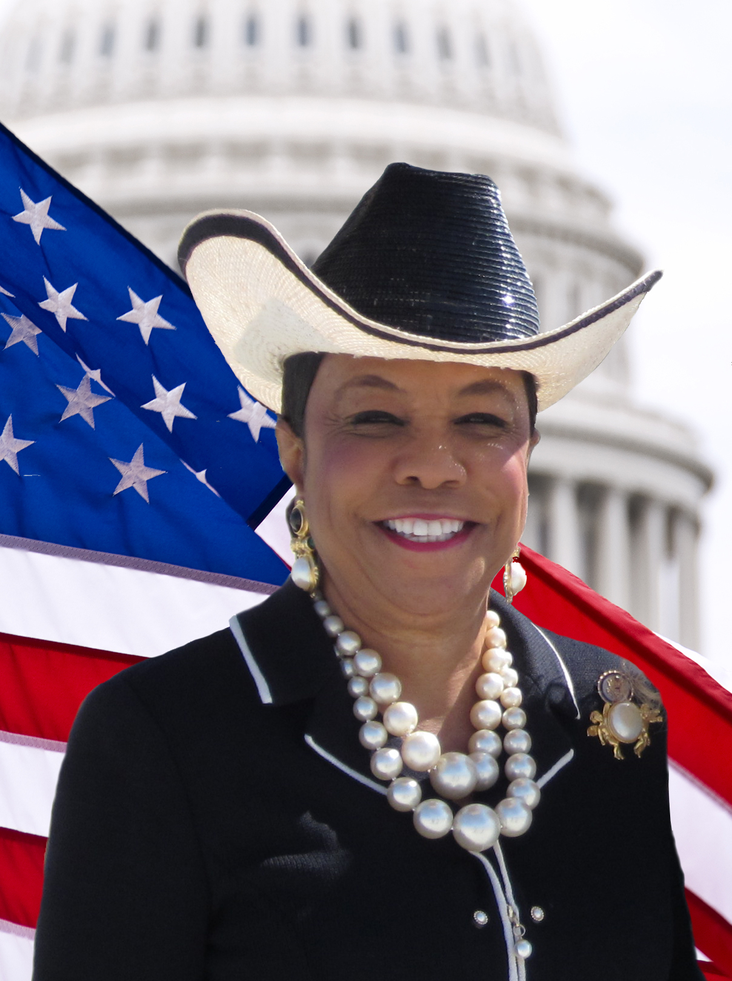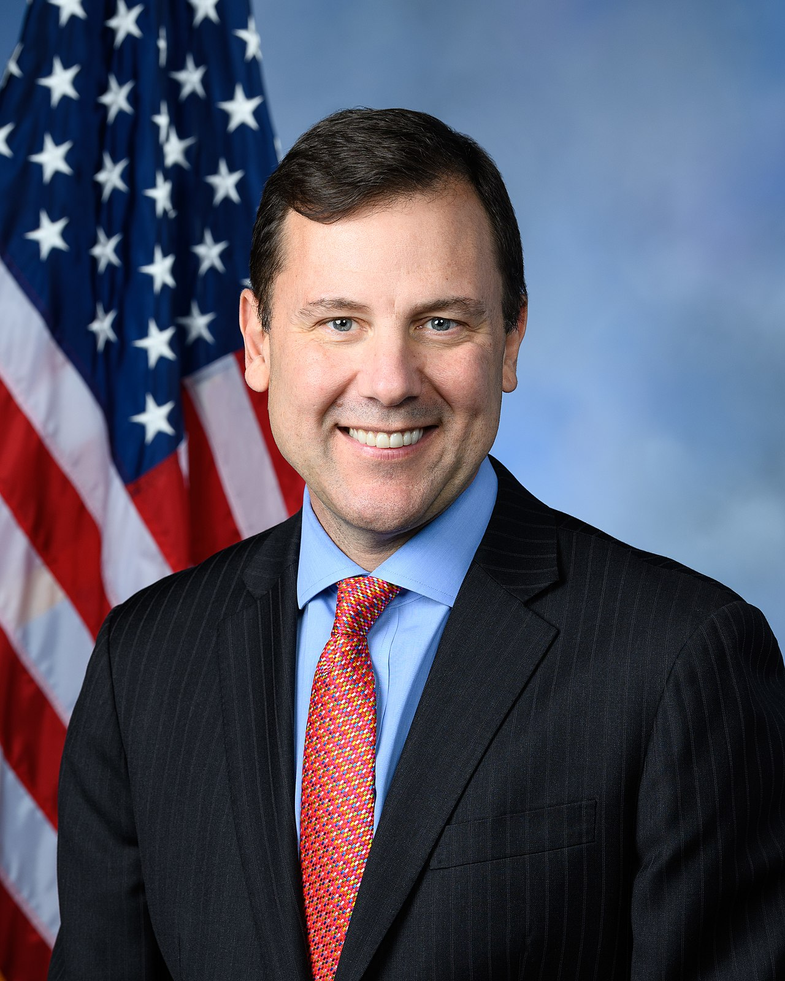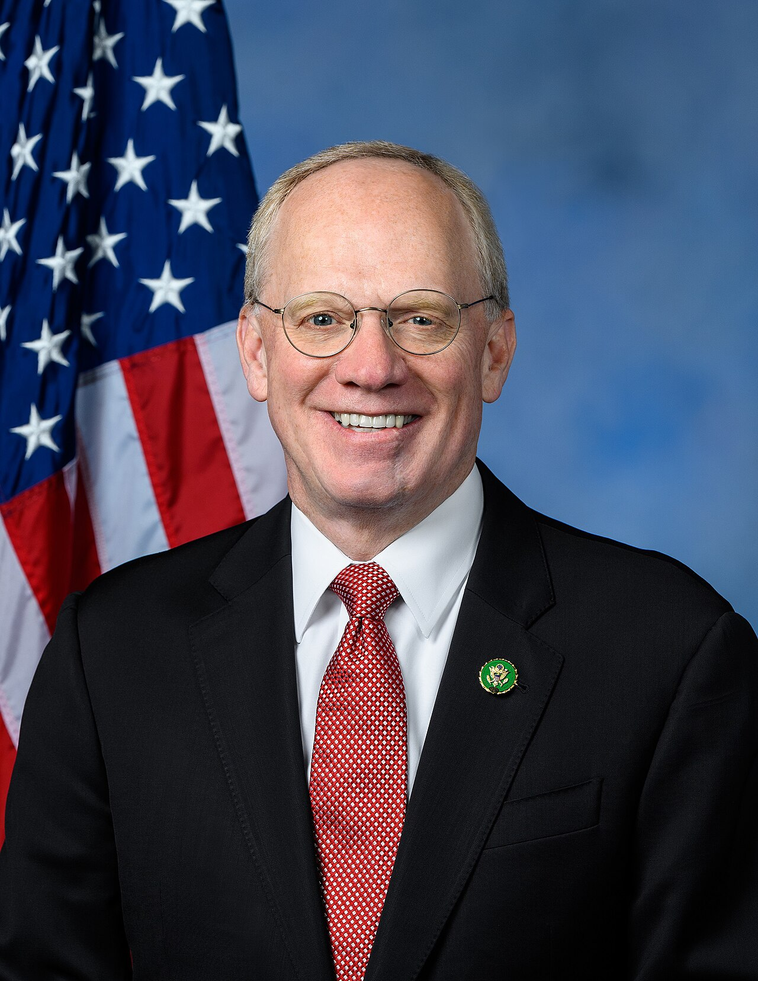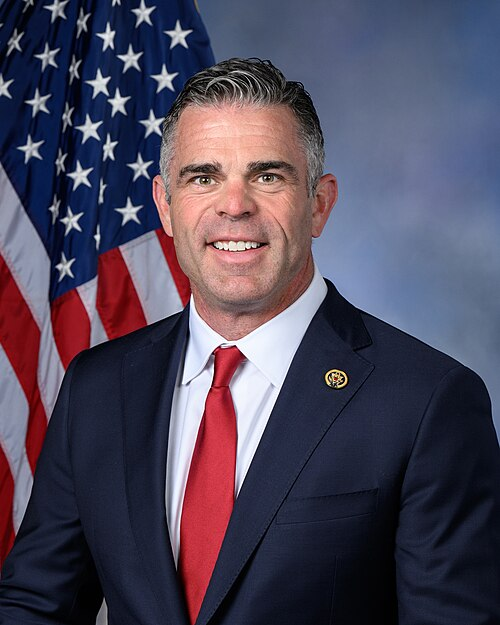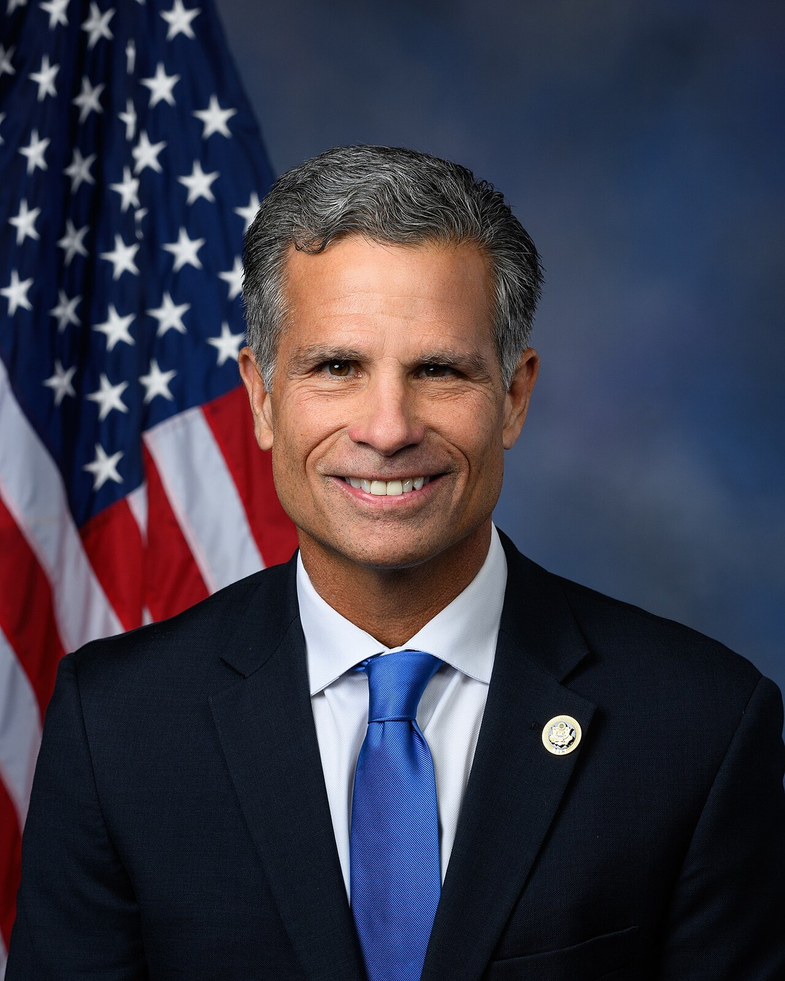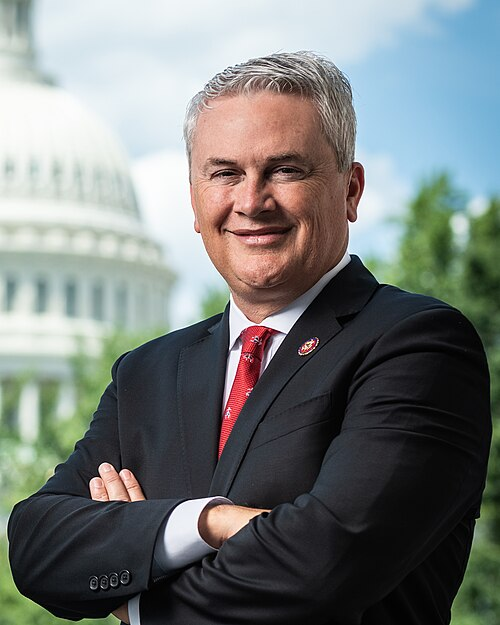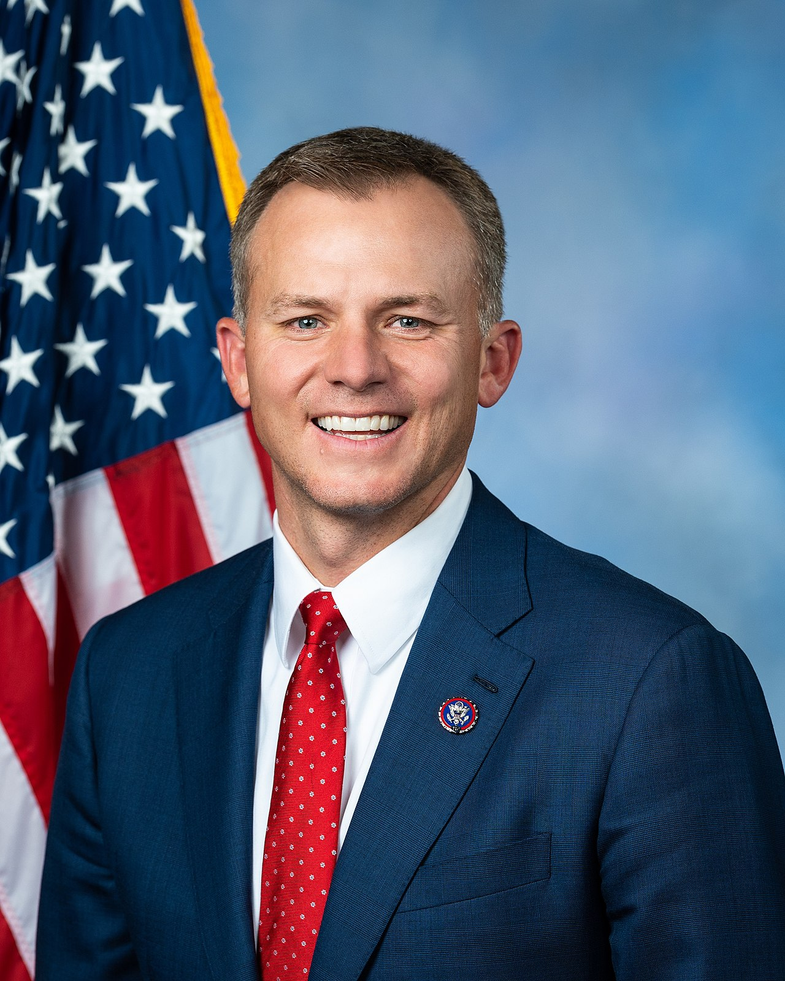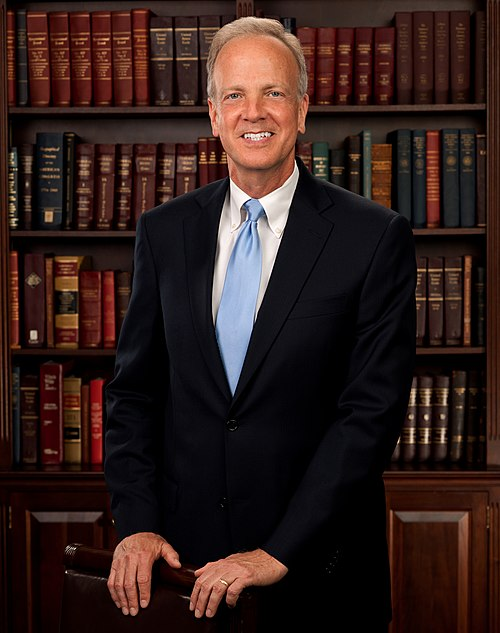|
Ro Khanna
D / House
|
ADBE
ADOBE INC CMN
|
Sale
$1,001 - $15,000
|
Sep 09, 2025
|
Aug 26, 2025
|
-3.48%
|
|
Michael T. McCaul
R / House
|
GOOGL
ALPHABET INC-CL A
|
Sale
$1,001 - $15,000
|
Sep 11, 2025
|
Aug 21, 2025
|
+17.10%
|
|
Michael T. McCaul
R / House
|
MSFT
MICROSOFT CORP
|
Sale
$100,001 - $250,000
|
Sep 11, 2025
|
Aug 21, 2025
|
-2.33%
|
|
Michael T. McCaul
R / House
|
GOOGL
ALPHABET INC SHS CLA
|
Sale
$15,001 - $50,000
|
Sep 11, 2025
|
Aug 21, 2025
|
+17.10%
|
|
Michael T. McCaul
R / House
|
MSFT
MICROSOFT CORP
|
Sale
$1,001 - $15,000
|
Sep 11, 2025
|
Aug 21, 2025
|
-2.33%
|
|
Ro Khanna
D / House
|
ADBE
ADOBE INC CMN
|
Sale
$1,001 - $15,000
|
Sep 09, 2025
|
Aug 19, 2025
|
-6.01%
|
|
Julie Johnson
D / House
|
MSFT
MICROSOFT CORPORATION - COMMON STOCK
|
Sale
$1,001 - $15,000
|
Sep 11, 2025
|
Aug 14, 2025
|
-4.36%
|
|
Ro Khanna
D / House
|
ADBE
ADOBE INC CMN
|
Sale
$1,001 - $15,000
|
Sep 09, 2025
|
Aug 04, 2025
|
-1.09%
|
|
Ro Khanna
D / House
|
MSFT
MICROSOFT CORPORATION CMN
|
Purchase
$15,001 - $50,000
|
Sep 09, 2025
|
Aug 04, 2025
|
-8.99%
|
|
Ro Khanna
D / House
|
GOOGL
ALPHABET INC. CMN CLASS A
|
Purchase
$1,001 - $15,000
|
Sep 09, 2025
|
Aug 04, 2025
|
+19.27%
|
|
Cleo Fields
D / House
|
MSFT
MICROSOFT CORPORATION - COMMON STOCK
|
Purchase
$50,001 - $100,000
|
Sep 03, 2025
|
Aug 01, 2025
|
-8.48%
|
|
Cleo Fields
D / House
|
MSFT
MICROSOFT CORPORATION - COMMON STOCK
|
Purchase
$100,001 - $250,000
|
Sep 03, 2025
|
Aug 01, 2025
|
-8.48%
|
|
Cleo Fields
D / House
|
MSFT
MICROSOFT CORPORATION - COMMON STOCK
|
Purchase
$100,001 - $250,000
|
Sep 03, 2025
|
Aug 01, 2025
|
-8.48%
|
|
Thomas H. Kean, Jr.
R / House
|
ADBE
ADOBE INC. - COMMON STOCK
|
Sale
$1,001 - $15,000
|
Aug 20, 2025
|
Jul 29, 2025
|
-9.27%
|
|
Cleo Fields
D / House
|
MSFT
MICROSOFT CORPORATION - COMMON STOCK
|
Purchase
$100,001 - $250,000
|
Aug 06, 2025
|
Jul 29, 2025
|
-4.04%
|
|
Cleo Fields
D / House
|
MSFT
MICROSOFT CORPORATION - COMMON STOCK
|
Purchase
$50,001 - $100,000
|
Aug 06, 2025
|
Jul 29, 2025
|
-4.04%
|
|
Julie Johnson
D / House
|
MSFT
MICROSOFT CORPORATION - COMMON STOCK
|
Sale
$1,001 - $15,000
|
Aug 14, 2025
|
Jul 29, 2025
|
-4.04%
|
|
Shelley Moore Capito
R / Senate
|
GOOGL
Alphabet Cl A
|
Purchase
$1,001 - $15,000
|
Aug 04, 2025
|
Jul 29, 2025
|
+19.50%
|
|
Cleo Fields
D / House
|
MSFT
MICROSOFT CORPORATION - COMMON STOCK
|
Purchase
$100,001 - $250,000
|
Aug 06, 2025
|
Jul 28, 2025
|
-3.75%
|
|
Ro Khanna
D / House
|
ADBE
ADOBE INC CMN
|
Purchase
$15,001 - $50,000
|
Aug 07, 2025
|
Jul 25, 2025
|
-8.99%
|
|
Angus S. King Jr.
I / Senate
|
GOOGL
Alphabet Inc. - Class A Common Stock
|
Purchase
$1,001 - $15,000
|
Aug 18, 2025
|
Jul 21, 2025
|
+22.09%
|
|
Angus S. King Jr.
I / Senate
|
MSFT
Microsoft Corp
|
Purchase
$1,001 - $15,000
|
Aug 18, 2025
|
Jul 21, 2025
|
-4.61%
|
|
Shelley Moore Capito
R / Senate
|
MSFT
Microsoft Corp
|
Sale (Partial)
$1,001 - $15,000
|
Aug 04, 2025
|
Jul 18, 2025
|
-4.80%
|
|
Lisa C. McClain
R / House
|
MSFT
MICROSOFT CORPORATION - COMMON STOCK
|
Purchase
$1,001 - $15,000
|
Aug 13, 2025
|
Jul 16, 2025
|
-4.50%
|
|
Cleo Fields
D / House
|
MSFT
MICROSOFT CORPORATION - COMMON STOCK
|
Purchase
$15,001 - $50,000
|
Aug 06, 2025
|
Jul 16, 2025
|
-4.50%
|
|
Cleo Fields
D / House
|
MSFT
MICROSOFT CORPORATION - COMMON STOCK
|
Purchase
$15,001 - $50,000
|
Aug 06, 2025
|
Jul 16, 2025
|
-4.50%
|
|
Cleo Fields
D / House
|
MSFT
MICROSOFT CORPORATION - COMMON STOCK
|
Purchase
$50,001 - $100,000
|
Aug 06, 2025
|
Jul 16, 2025
|
-4.50%
|
|
Michael T. McCaul
R / House
|
MSFT
MICROSOFT CORP
|
Purchase
$100,001 - $250,000
|
Aug 13, 2025
|
Jul 11, 2025
|
-4.14%
|
|
Ritchie Torres
D / House
|
GOOGL
DIRECTION. ALPHABET INC. - CLASS A COMMON STOCK
|
Sale
$1,001 - $15,000
|
Aug 20, 2025
|
Jul 11, 2025
|
+28.19%
|
|
Michael T. McCaul
R / House
|
GOOGL
ALPHABET INC SHS CL A
|
Sale
$50,001 - $100,000
|
Aug 13, 2025
|
Jul 11, 2025
|
+28.19%
|
|
Ritchie Torres
D / House
|
MSFT
C�������: THIS INVESTMENT IS HELD WITHIN A PUBLICLY AVAILABLE, WIDELY HELD INDEPENDENTLY MANAGED PORTFOLIO OVER WHICH I HAVE NO AUTHORITY TO EXERCISE CONTROL OVER OR INFLUENCE THE FINANCIAL INTERESTS HELD BY THE PORTFOLIO. THE ASSETS OF THE PORTFOLIO ARE WIDELY DIVERSIFIED, AND ALL INVESTMENT DECISIONS ARE MADE SOLELY BY THE INDEPENDENT MANAGER, WITHOUT MY INPUT OR DIRECTION. MICROSOFT CORPORATION - COMMON STOCK
|
Sale
$1,001 - $15,000
|
Aug 20, 2025
|
Jul 11, 2025
|
-4.14%
|
|
Lisa C. McClain
R / House
|
ADBE
ADOBE INC. - COMMON STOCK
|
Sale
$1,001 - $15,000
|
Aug 13, 2025
|
Jul 10, 2025
|
-11.01%
|
|
Ro Khanna
D / House
|
MSFT
MICROSOFT CORPORATION CMN
|
Sale
$1,001 - $15,000
|
Aug 07, 2025
|
Jul 02, 2025
|
-2.16%
|
|
Ro Khanna
D / House
|
MSFT
MICROSOFT CORPORATION CMN
|
Purchase
$1,001 - $15,000
|
Aug 07, 2025
|
Jul 01, 2025
|
-2.83%
|
|
Michael T. McCaul
R / House
|
MSFT
MICROSOFT CORP
|
Sale
$250,001 - $500,000
|
Jul 07, 2025
|
Jun 27, 2025
|
-3.80%
|
|
Michael T. McCaul
R / House
|
GOOGL
ALPHABET INC SHS CLA
|
Sale
$250,001 - $500,000
|
Jul 07, 2025
|
Jun 27, 2025
|
+28.27%
|
|
Cleo Fields
D / House
|
MSFT
MICROSOFT CORPORATION - COMMON STOCK
|
Purchase
$50,001 - $100,000
|
Jul 01, 2025
|
Jun 25, 2025
|
-4.41%
|
|
Lisa C. McClain
R / House
|
GOOGL
ALPHABET INC. - CLASS A COMMON STOCK
|
Purchase
$1,001 - $15,000
|
Aug 13, 2025
|
Jun 24, 2025
|
+36.35%
|
|
Ro Khanna
D / House
|
MSFT
MICROSOFT CORPORATION CMN
|
Purchase
$1,001 - $15,000
|
Jul 09, 2025
|
Jun 23, 2025
|
-4.31%
|
|
Lisa C. McClain
R / House
|
ADBE
ADOBE INC. - COMMON STOCK
|
Purchase
$1,001 - $15,000
|
Aug 13, 2025
|
Jun 23, 2025
|
-17.32%
|
|
Ro Khanna
D / House
|
ADBE
ADOBE INC CMN
|
Sale
$15,001 - $50,000
|
Jul 09, 2025
|
Jun 23, 2025
|
-17.32%
|
|
Ro Khanna
D / House
|
GOOGL
ALPHABET INC. CMN CLASS A
|
Purchase
$1,001 - $15,000
|
Jul 09, 2025
|
Jun 23, 2025
|
+36.54%
|
|
Shelley Moore Capito
R / Senate
|
MSFT
Microsoft Corp
|
Sale (Partial)
$1,001 - $15,000
|
Jul 04, 2025
|
Jun 18, 2025
|
-3.87%
|
|
Michael T. McCaul
R / House
|
MSFT
MICROSOFT CORP
|
Sale
$15,001 - $50,000
|
Jul 07, 2025
|
Jun 16, 2025
|
-2.67%
|
|
Michael T. McCaul
R / House
|
GOOGL
ALPHABET INC SHS CLA
|
Sale
$50,001 - $100,000
|
Jul 07, 2025
|
Jun 16, 2025
|
+27.13%
|
|
Scott Franklin
R / House
|
MSFT
MICROSOFT CORPORATION - COMMON STOCK
|
Sale
$15,001 - $50,000
|
Jul 14, 2025
|
Jun 16, 2025
|
-2.67%
|
|
Michael T. McCaul
R / House
|
GOOGL
ALPHABET INC-CLA
|
Sale
$1,001 - $15,000
|
Jul 07, 2025
|
Jun 16, 2025
|
+27.13%
|
|
Michael T. McCaul
R / House
|
MSFT
MICROSOFT CORP
|
Sale
$100,001 - $250,000
|
Jul 07, 2025
|
Jun 16, 2025
|
-2.67%
|
|
Lisa C. McClain
R / House
|
MSFT
MICROSOFT CORPORATION - COMMON STOCK
|
Sale
$1,001 - $15,000
|
Aug 13, 2025
|
Jun 11, 2025
|
-1.44%
|
|
Lisa C. McClain
R / House
|
MSFT
MICROSOFT CORPORATION - COMMON STOCK
|
Purchase
$15,001 - $50,000
|
Aug 13, 2025
|
Jun 09, 2025
|
-1.79%
|
|
Michael T. McCaul
R / House
|
GOOGL
ALPHABET INC-CL A
|
Sale
$1,001 - $15,000
|
Jul 07, 2025
|
Jun 09, 2025
|
+27.10%
|
|
Marjorie Taylor Greene
R / House
|
ADBE
ADOBE INC. - COMMON STOCK
|
Purchase
$1,001 - $15,000
|
Jun 18, 2025
|
Jun 06, 2025
|
-25.97%
|
|
Cleo Fields
D / House
|
MSFT
MICROSOFT CORPORATION - COMMON STOCK
|
Purchase
$250,001 - $500,000
|
Jul 01, 2025
|
Jun 03, 2025
|
-0.16%
|
|
Cleo Fields
D / House
|
MSFT
MICROSOFT CORPORATION - COMMON STOCK
|
Purchase
$1,001 - $15,000
|
Jul 01, 2025
|
Jun 03, 2025
|
-0.16%
|
|
John W. Rose
R / House
|
MSFT
MICROSOFT CORPORATION - COMMON STOCK
|
Sale
$250,001 - $500,000
|
Jul 04, 2025
|
Jun 03, 2025
|
-0.16%
|
|
John W. Rose
R / House
|
GOOGL
ALPHABET INC. - CLASS A COMMON STOCK
|
Sale
$1,000,001 - $5,000,000
|
Jul 04, 2025
|
Jun 03, 2025
|
+34.60%
|
|
Ro Khanna
D / House
|
MSFT
MICROSOFT CORPORATION CMN
|
Purchase
$15,001 - $50,000
|
Jun 10, 2025
|
May 28, 2025
|
-0.40%
|
|
Josh Gottheimer
D / House
|
MSFT
MICROSOFT CORPORATION - COMMON STOCK
|
Purchase
$1,001 - $15,000
|
Jun 11, 2025
|
May 22, 2025
|
-0.66%
|
|
Josh Gottheimer
D / House
|
MSFT
MICROSOFT CORPORATION - COMMON STOCK
|
Purchase
$1,001 - $15,000
|
Jun 11, 2025
|
May 21, 2025
|
-0.15%
|
|
John Boozman
R / Senate
|
GOOGL
Alphabet Cl A
|
Purchase
$1,001 - $15,000
|
Jun 14, 2025
|
May 20, 2025
|
+35.92%
|
|
Ro Khanna
D / House
|
GOOGL
ALPHABET INC. CMN CLASS A
|
Sale
$15,001 - $50,000
|
Jun 10, 2025
|
May 19, 2025
|
+34.05%
|
|
Ro Khanna
D / House
|
ADBE
ADOBE INC CMN
|
Purchase
$15,001 - $50,000
|
Jun 10, 2025
|
May 19, 2025
|
-27.49%
|
|
David Taylor
R / House
|
MSFT
MICROSOFT CORPORATION - COMMON STOCK
|
Sale
$1,001 - $15,000
|
Jun 02, 2025
|
May 13, 2025
|
+1.48%
|
|
Markwayne Mullin
R / Senate
|
ADBE
Adobe Systems Inc
|
Purchase
$15,001 - $50,000
|
Jun 11, 2025
|
May 13, 2025
|
-24.14%
|
|
David Taylor
R / House
|
MSFT
MICROSOFT CORPORATION - COMMON STOCK
|
Sale
$1,001 - $15,000
|
Jun 02, 2025
|
May 12, 2025
|
+0.71%
|
|
Jefferson Shreve
R / House
|
GOOGL
ALPHABET INC. - CLASS A COMMON STOCK
|
Sale
$100,001 - $250,000
|
Jun 22, 2025
|
May 12, 2025
|
+39.18%
|
|
Jefferson Shreve
R / House
|
ADBE
ADOBE INC. - COMMON STOCK
|
Sale
$15,001 - $50,000
|
Jun 22, 2025
|
May 12, 2025
|
-24.55%
|
|
Jefferson Shreve
R / House
|
MSFT
MICROSOFT CORPORATION - COMMON STOCK
|
Sale
$500,001 - $1,000,000
|
Jun 22, 2025
|
May 12, 2025
|
+0.71%
|
|
Robert Bresnahan
R / House
|
MSFT
MICROSOFT CORPORATION - COMMON STOCK
|
Purchase
$1,001 - $15,000
|
Jun 09, 2025
|
May 09, 2025
|
-0.32%
|
|
Jefferson Shreve
R / House
|
ADBE
ADOBE INC. - COMMON STOCK
|
Purchase
$15,001 - $50,000
|
Jun 22, 2025
|
May 08, 2025
|
-25.40%
|
|
Jefferson Shreve
R / House
|
MSFT
MICROSOFT CORPORATION - COMMON STOCK
|
Purchase
$500,001 - $1,000,000
|
Jun 22, 2025
|
May 08, 2025
|
-0.02%
|
|
Shelley Moore Capito
R / Senate
|
GOOGL
Alphabet Cl A
|
Purchase
$1,001 - $15,000
|
Jun 13, 2025
|
May 08, 2025
|
+39.69%
|
|
Marjorie Taylor Greene
R / House
|
ADBE
ADOBE INC. - COMMON STOCK
|
Purchase
$1,001 - $15,000
|
May 06, 2025
|
May 05, 2025
|
-25.01%
|
|
Marjorie Taylor Greene
R / House
|
MSFT
MICROSOFT CORPORATION - COMMON STOCK
|
Purchase
$1,001 - $15,000
|
May 06, 2025
|
May 05, 2025
|
+0.21%
|
|
Tony Wied
R / House
|
ADBE
ADOBE INC
|
Purchase
$15,001 - $50,000
|
May 13, 2025
|
Apr 30, 2025
|
-25.41%
|
|
Gilbert Ray Cisneros, Jr.
D / House
|
MSFT
MICROSOFT CORPORATION - COMMON STOCK
|
Purchase
$15,001 - $50,000
|
May 06, 2025
|
Apr 29, 2025
|
+10.77%
|
|
Shelley Moore Capito
R / Senate
|
GOOGL
Alphabet Cl A
|
Purchase
$1,001 - $15,000
|
May 07, 2025
|
Apr 29, 2025
|
+31.71%
|
|
Ro Khanna
D / House
|
ADBE
ADOBE INC CMN
|
Purchase
$1,001 - $15,000
|
May 12, 2025
|
Apr 23, 2025
|
-23.57%
|
|
Ro Khanna
D / House
|
MSFT
MICROSOFT CORPORATION CMN
|
Sale
$50,001 - $100,000
|
May 12, 2025
|
Apr 23, 2025
|
+13.36%
|
|
John Boozman
R / Senate
|
MSFT
Microsoft Corp
|
Purchase
$1,001 - $15,000
|
May 14, 2025
|
Apr 22, 2025
|
+14.20%
|
|
Bruce Westerman
R / House
|
ADBE
ADOBE INC. - COMMON STOCK
|
Sale
$1,001 - $15,000
|
May 12, 2025
|
Apr 21, 2025
|
-26.17%
|
|
Jonathan L. Jackson
D / House
|
GOOGL
ALPHABET INC. - CLASS A COMMON STOCK
|
Sale
$15,001 - $50,000
|
May 13, 2025
|
Apr 21, 2025
|
+35.11%
|
|
Bruce Westerman
R / House
|
MSFT
MICROSOFT CORPORATION - COMMON STOCK
|
Sale
$15,001 - $50,000
|
May 12, 2025
|
Apr 21, 2025
|
+14.03%
|
|
Bruce Westerman
R / House
|
GOOGL
ALPHABET INC. - CLASS A COMMON STOCK
|
Sale
$1,001 - $15,000
|
May 12, 2025
|
Apr 21, 2025
|
+35.11%
|
|
Ro Khanna
D / House
|
ADBE
ADOBE INC CMN
|
Purchase
$1,001 - $15,000
|
May 12, 2025
|
Apr 17, 2025
|
-24.75%
|
|
Ro Khanna
D / House
|
ADBE
ADOBE INC CMN
|
Purchase
$15,001 - $50,000
|
May 12, 2025
|
Apr 17, 2025
|
-24.75%
|
|
Ro Khanna
D / House
|
ADBE
ADOBE INC CMN
|
Purchase
$1,001 - $15,000
|
May 12, 2025
|
Apr 17, 2025
|
-24.75%
|
|
Ro Khanna
D / House
|
ADBE
-ADOBE INC CMN
|
Purchase
$1,001 - $15,000
|
May 12, 2025
|
Apr 17, 2025
|
-24.75%
|
|
Ro Khanna
D / House
|
ADBE
ADOBE INC CMN
|
Purchase
$1,001 - $15,000
|
May 12, 2025
|
Apr 17, 2025
|
-24.75%
|
|
Ro Khanna
D / House
|
ADBE
ADOBE INC CMN
|
Purchase
$1,001 - $15,000
|
May 12, 2025
|
Apr 17, 2025
|
-24.75%
|
|
John Boozman
R / Senate
|
MSFT
Microsoft Corp
|
Purchase
$1,001 - $15,000
|
May 14, 2025
|
Apr 16, 2025
|
+12.13%
|
|
Tommy Tuberville
R / Senate
|
GOOGL
Alphabet Cl A
|
Sale (Full)
$15,001 - $50,000
|
May 15, 2025
|
Apr 15, 2025
|
+31.72%
|
|
Ro Khanna
D / House
|
MSFT
MICROSOFT CORPORATION CMN
|
Purchase
$15,001 - $50,000
|
May 12, 2025
|
Apr 15, 2025
|
+9.86%
|
|
Tommy Tuberville
R / Senate
|
MSFT
Microsoft Corp
|
Sale (Full)
$15,001 - $50,000
|
May 15, 2025
|
Apr 15, 2025
|
+9.86%
|
|
Ro Khanna
D / House
|
ADBE
ADOBE INC CMN
|
Sale
$15,001 - $50,000
|
May 12, 2025
|
Apr 15, 2025
|
-22.63%
|
|
Dan Newhouse
R / House
|
ADBE
ADOBE INC. - COMMON STOCK
|
Sale
$1,001 - $15,000
|
May 16, 2025
|
Apr 11, 2025
|
-24.10%
|
|
Michael T. McCaul
R / House
|
GOOGL
ALPHABET INC
|
Sale
$1,001 - $15,000
|
May 12, 2025
|
Apr 11, 2025
|
+30.02%
|
|
Michael T. McCaul
R / House
|
GOOGL
ALPHABET INC
|
Sale
$1,001 - $15,000
|
May 12, 2025
|
Apr 11, 2025
|
+30.02%
|
|
Dan Newhouse
R / House
|
MSFT
MICROSOFT CORPORATION - COMMON STOCK
|
Sale
$1,001 - $15,000
|
May 16, 2025
|
Apr 11, 2025
|
+8.05%
|
|
Dan Newhouse
R / House
|
GOOGL
ALPHABET INC. - CLASS A COMMON STOCK
|
Sale
$1,001 - $15,000
|
May 16, 2025
|
Apr 11, 2025
|
+30.02%
|
|
Michael T. McCaul
R / House
|
GOOGL
ALPHABET INC
|
Sale
$1,001 - $15,000
|
May 12, 2025
|
Apr 11, 2025
|
+30.02%
|
|
Michael T. McCaul
R / House
|
GOOGL
ALPHABET INC
|
Sale
$1,001 - $15,000
|
May 12, 2025
|
Apr 11, 2025
|
+30.02%
|
|
Jonathan L. Jackson
D / House
|
MSFT
MICROSOFT CORPORATION - COMMON STOCK
|
Sale
$50,001 - $100,000
|
May 13, 2025
|
Apr 10, 2025
|
+8.32%
|
|
Ro Khanna
D / House
|
ADBE
ADOBE INC CMN
|
Purchase
$15,001 - $50,000
|
May 12, 2025
|
Apr 09, 2025
|
-25.30%
|
|
Ro Khanna
D / House
|
GOOGL
ALPHABET INC. CMN CLASS A
|
Sale
$15,001 - $50,000
|
May 12, 2025
|
Apr 09, 2025
|
+30.62%
|
|
Marjorie Taylor Greene
R / House
|
ADBE
ADOBE INC. - COMMON STOCK
|
Purchase
$1,001 - $15,000
|
Apr 11, 2025
|
Apr 09, 2025
|
-25.30%
|
|
Ro Khanna
D / House
|
MSFT
MICROSOFT CORPORATION CMN
|
Purchase
$50,001 - $100,000
|
May 12, 2025
|
Apr 09, 2025
|
+9.47%
|
|
Robert Bresnahan
R / House
|
GOOGL
ALPHABET INC. - CLASS A COMMON STOCK
|
Sale
$1,001 - $15,000
|
Apr 28, 2025
|
Apr 08, 2025
|
+34.08%
|
|
Markwayne Mullin
R / Senate
|
ADBE
Adobe Systems Inc
|
Sale (Full)
$15,001 - $50,000
|
May 12, 2025
|
Apr 08, 2025
|
-29.58%
|
|
Robert Bresnahan
R / House
|
MSFT
MICROSOFT CORPORATION - COMMON STOCK
|
Purchase
$1,001 - $15,000
|
May 08, 2025
|
Apr 08, 2025
|
+11.47%
|
|
Robert Bresnahan
R / House
|
ADBE
ADOBE INC. - COMMON STOCK
|
Purchase
$15,001 - $50,000
|
May 08, 2025
|
Apr 08, 2025
|
-29.58%
|
|
Robert Bresnahan
R / House
|
MSFT
MICROSOFT CORPORATION - COMMON STOCK
|
Purchase
$15,001 - $50,000
|
May 08, 2025
|
Apr 08, 2025
|
+11.47%
|
|
Julie Johnson
D / House
|
MSFT
MICROSOFT CORPORATION - COMMON STOCK
|
Sale
$1,001 - $15,000
|
May 14, 2025
|
Apr 07, 2025
|
+12.10%
|
|
Jefferson Shreve
R / House
|
ADBE
ADOBE INC. - COMMON STOCK
|
Sale
$15,001 - $50,000
|
May 08, 2025
|
Apr 07, 2025
|
-27.85%
|
|
Julie Johnson
D / House
|
ADBE
ADOBE INC. - COMMON STOCK
|
Sale
$1,001 - $15,000
|
May 14, 2025
|
Apr 07, 2025
|
-27.85%
|
|
Jefferson Shreve
R / House
|
MSFT
MICROSOFT CORPORATION - COMMON STOCK
|
Sale
$250,001 - $500,000
|
May 08, 2025
|
Apr 07, 2025
|
+12.10%
|
|
Josh Gottheimer
D / House
|
MSFT
MICROSOFT CORPORATION - COMMON STOCK
|
Purchase
$50,001 - $100,000
|
May 14, 2025
|
Apr 04, 2025
|
+11.86%
|
|
Ro Khanna
D / House
|
MSFT
MICROSOFT CORP
|
Sale
$1,001 - $15,000
|
May 12, 2025
|
Apr 04, 2025
|
+11.86%
|
|
Ro Khanna
D / House
|
MSFT
MICROSOFT CORP
|
Sale
$1,001 - $15,000
|
May 12, 2025
|
Apr 04, 2025
|
+11.86%
|
|
Ro Khanna
D / House
|
ADBE
ADOBE INC COM
|
Purchase
$1,001 - $15,000
|
May 12, 2025
|
Apr 04, 2025
|
-29.76%
|
|
Ro Khanna
D / House
|
MSFT
MICROSOFT CORP
|
Sale
$1,001 - $15,000
|
May 12, 2025
|
Apr 04, 2025
|
+11.86%
|
|
Ro Khanna
D / House
|
ADBE
ADOBE INC COM
|
Purchase
$1,001 - $15,000
|
May 12, 2025
|
Apr 04, 2025
|
-29.76%
|
|
Ro Khanna
D / House
|
GOOGL
ALPHABET INC CAP STK CL A
|
Purchase
$1,001 - $15,000
|
May 12, 2025
|
Apr 04, 2025
|
+35.54%
|
|
Ro Khanna
D / House
|
GOOGL
ALPHABET INC CAP STK CL A
|
Purchase
$1,001 - $15,000
|
May 12, 2025
|
Apr 04, 2025
|
+35.54%
|
|
Ro Khanna
D / House
|
GOOGL
ALPHABET INC CAP STK CL-A
|
Purchase
$1,001 - $15,000
|
May 12, 2025
|
Apr 04, 2025
|
+35.54%
|
|
Dwight Evans
D / House
|
GOOGL
ALPHABET INC. - CLASS A COMMON STOCK
|
Purchase
$1,001 - $15,000
|
Apr 17, 2025
|
Apr 03, 2025
|
+37.45%
|
|
Robert Bresnahan
R / House
|
MSFT
MICROSOFT CORPORATION - COMMON STOCK
|
Purchase
$1,001 - $15,000
|
Apr 22, 2025
|
Apr 03, 2025
|
+14.35%
|
|
Julie Johnson
D / House
|
MSFT
MICROSOFT CORPORATION - COMMON STOCK
|
Sale
$1,001 - $15,000
|
May 14, 2025
|
Apr 01, 2025
|
+16.23%
|
|
Julie Johnson
D / House
|
MSFT
MICROSOFT CORPORATION - COMMON STOCK
|
Sale
$15,001 - $50,000
|
May 14, 2025
|
Apr 01, 2025
|
+16.23%
|
|
Gilbert Ray Cisneros, Jr.
D / House
|
MSFT
MICROSOFT CORPORATION - COMMON STOCK
|
Sale
$15,001 - $50,000
|
Apr 07, 2025
|
Mar 31, 2025
|
+18.22%
|
|
Greg Landsman
D / House
|
GOOGL
ALPHABET INC. - CLASS A COMMON STOCK
|
Sale
$15,001 - $50,000
|
Apr 08, 2025
|
Mar 27, 2025
|
+32.45%
|
|
Greg Landsman
D / House
|
MSFT
MICROSOFT CORPORATION - COMMON STOCK
|
Sale
$50,001 - $100,000
|
Apr 08, 2025
|
Mar 27, 2025
|
+14.58%
|
|
Greg Landsman
D / House
|
MSFT
MICROSOFT CORPORATION - COMMON STOCK
|
Sale
$50,001 - $100,000
|
Apr 08, 2025
|
Mar 27, 2025
|
+14.58%
|
|
George Whitesides
D / House
|
MSFT
STOCK, COMPANY-SPECIFIC HOLDINGS INTO PASSIVE ETFS AND MUTUAL FUNDS, PER BEST PRACTICES. C�������: TO AVOID ANY POSSIBLE CONFLICTS OF INTEREST WITH MY FUTURE CONGRESSIONAL WORK, I’M TRANSITIONING MY SINGLE STOCK, COMPANY-SPECIFIC HOLDINGS INTO PASSIVE ETFS AND MUTUAL FUNDS, PER BEST PRACTICES. MICROSOFT CORPORATION - COMMON STOCK
|
Sale
$250,001 - $500,000
|
Apr 23, 2025
|
Mar 24, 2025
|
+15.54%
|
|
Bruce Westerman
R / House
|
GOOGL
ALPHABET INC. - CLASS A COMMON STOCK
|
Sale
$1,001 - $15,000
|
Apr 16, 2025
|
Mar 20, 2025
|
+31.70%
|
|
Bruce Westerman
R / House
|
MSFT
MICROSOFT CORPORATION - COMMON STOCK
|
Sale
$1,001 - $15,000
|
Apr 16, 2025
|
Mar 20, 2025
|
+15.60%
|
|
Ro Khanna
D / House
|
GOOGL
ALPHABET INC. CMN CLASS A
|
Sale
$1,001 - $15,000
|
Apr 10, 2025
|
Mar 19, 2025
|
+30.99%
|
|
Michael T. McCaul
R / House
|
MSFT
MICROSOFT CORP
|
Purchase
$15,001 - $50,000
|
Apr 17, 2025
|
Mar 18, 2025
|
+15.79%
|
|
Ro Khanna
D / House
|
ADBE
ADOBE INC CMN
|
Purchase
$15,001 - $50,000
|
Apr 10, 2025
|
Mar 12, 2025
|
-38.00%
|
|
Ro Khanna
D / House
|
GOOGL
¡ALPHABET INC. CMN CLASS A
|
Purchase
$15,001 - $50,000
|
Apr 10, 2025
|
Mar 12, 2025
|
+26.45%
|
|
Ro Khanna
D / House
|
MSFT
MICROSOFT CORPORATION CMN
|
Sale
$15,001 - $50,000
|
Apr 10, 2025
|
Mar 12, 2025
|
+15.39%
|
|
Ro Khanna
D / House
|
MSFT
MICROSOFT CORPORATION CMN
|
Purchase
$1,001 - $15,000
|
Apr 10, 2025
|
Mar 07, 2025
|
+15.49%
|
|
Ro Khanna
D / House
|
ADBE
ADOBE INC CMN
|
Sale
$15,001 - $50,000
|
Apr 10, 2025
|
Mar 06, 2025
|
-36.22%
|
|
Jonathan L. Jackson
D / House
|
MSFT
MICROSOFT CORPORATION - COMMON STOCK
|
Sale
$1,001 - $15,000
|
Apr 08, 2025
|
Mar 04, 2025
|
+17.26%
|
|
Julie Johnson
D / House
|
GOOGL
ALPHABET INC. - CLASS A COMMON STOCK
|
Sale
$1,001 - $15,000
|
Apr 14, 2025
|
Mar 03, 2025
|
+31.61%
|
|
Bruce Westerman
R / House
|
GOOGL
ALPHABET INC. - CLASS A COMMON STOCK
|
Purchase
$15,001 - $50,000
|
Apr 16, 2025
|
Mar 03, 2025
|
+31.61%
|
|
Bruce Westerman
R / House
|
ADBE
ADOBE INC. - COMMON STOCK
|
Purchase
$1,001 - $15,000
|
Apr 16, 2025
|
Mar 03, 2025
|
-33.31%
|
|
Bruce Westerman
R / House
|
MSFT
MICROSOFT CORPORATION - COMMON STOCK
|
Purchase
$15,001 - $50,000
|
Apr 16, 2025
|
Mar 03, 2025
|
+18.68%
|
|
Tony Wied
R / House
|
MSFT
MICROSOFT CORP
|
Exchange
$250,001 - $500,000
|
Mar 14, 2025
|
Feb 28, 2025
|
+17.81%
|
|
Gilbert Ray Cisneros, Jr.
D / House
|
MSFT
MICROSOFT CORPORATION - COMMON STOCK
|
Purchase
$15,001 - $50,000
|
Mar 06, 2025
|
Feb 26, 2025
|
+17.01%
|
|
Robert Bresnahan
R / House
|
MSFT
MICROSOFT CORPORATION - COMMON STOCK
|
Sale
$1,001 - $15,000
|
Mar 27, 2025
|
Feb 25, 2025
|
+17.53%
|
|
Ro Khanna
D / House
|
MSFT
MICROSOFT CORPORATION CMN
|
Purchase
$15,001 - $50,000
|
Mar 06, 2025
|
Feb 25, 2025
|
+17.53%
|
|
Ro Khanna
D / House
|
ADBE
ADOBE INC CMN
|
Purchase
$15,001 - $50,000
|
Mar 06, 2025
|
Feb 25, 2025
|
-31.83%
|
|
Ro Khanna
D / House
|
GOOGL
ALPHABET INC. CMN CLASS A
|
Purchase
$15,001 - $50,000
|
Mar 06, 2025
|
Feb 25, 2025
|
+26.65%
|
|
Robert Bresnahan
R / House
|
ADBE
ADOBE INC. - COMMON STOCK
|
Sale
$1,001 - $15,000
|
Mar 27, 2025
|
Feb 25, 2025
|
-31.83%
|
|
Josh Gottheimer
D / House
|
MSFT
MICROSOFT CORPORATION - COMMON STOCK
|
Sale
$1,001 - $15,000
|
Mar 06, 2025
|
Feb 24, 2025
|
+16.14%
|
|
Jefferson Shreve
R / House
|
MSFT
MICROSOFT CORPORATION - COMMON STOCK
|
Sale
$50,001 - $100,000
|
Mar 09, 2025
|
Feb 24, 2025
|
+16.14%
|
|
Jefferson Shreve
R / House
|
ADBE
ADOBE INC. - COMMON STOCK
|
Purchase
$15,001 - $50,000
|
Mar 09, 2025
|
Feb 24, 2025
|
-31.46%
|
|
Josh Gottheimer
D / House
|
MSFT
MICROSOFT CORPORATION - COMMON STOCK
|
Sale
$1,001 - $15,000
|
Mar 06, 2025
|
Feb 21, 2025
|
+15.36%
|
|
Ro Khanna
D / House
|
GOOGL
ALPHABET INC. CMN CLASS A
|
Sale
$1,001 - $15,000
|
Mar 06, 2025
|
Feb 19, 2025
|
+22.74%
|
|
Ro Khanna
D / House
|
MSFT
MICROSOFT CORPORATION CMN
|
Sale
$50,001 - $100,000
|
Mar 06, 2025
|
Feb 19, 2025
|
+15.70%
|
|
Ro Khanna
D / House
|
ADBE
ADOBE INC CMN
|
Purchase
$15,001 - $50,000
|
Mar 06, 2025
|
Feb 19, 2025
|
-30.78%
|
|
Josh Gottheimer
D / House
|
MSFT
MICROSOFT CORPORATION - COMMON STOCK
|
Purchase
$1,000,001 - $5,000,000
|
Mar 06, 2025
|
Feb 14, 2025
|
+17.04%
|
|
Josh Gottheimer
D / House
|
MSFT
MICROSOFT CORPORATION - COMMON STOCK
|
Purchase
$500,001 - $1,000,000
|
Mar 06, 2025
|
Feb 14, 2025
|
+17.04%
|
|
Josh Gottheimer
D / House
|
MSFT
MICROSOFT CORPORATION - COMMON STOCK
|
Purchase
$1,000,001 - $5,000,000
|
Mar 06, 2025
|
Feb 14, 2025
|
+17.04%
|
|
John Boozman
R / Senate
|
MSFT
Microsoft Corp
|
Purchase
$1,001 - $15,000
|
Mar 06, 2025
|
Feb 14, 2025
|
+17.04%
|
|
Josh Gottheimer
D / House
|
MSFT
MICROSOFT CORPORATION - COMMON STOCK
|
Sale
$1,000,001 - $5,000,000
|
Mar 06, 2025
|
Feb 14, 2025
|
+17.04%
|
|
Josh Gottheimer
D / House
|
MSFT
MICROSOFT CORPORATION - COMMON STOCK
|
Purchase
$1,000,001 - $5,000,000
|
Mar 06, 2025
|
Feb 14, 2025
|
+17.04%
|
|
Josh Gottheimer
D / House
|
MSFT
MICROSOFT CORPORATION - COMMON STOCK
|
Sale
$1,000,001 - $5,000,000
|
Mar 06, 2025
|
Feb 14, 2025
|
+17.04%
|
|
Josh Gottheimer
D / House
|
MSFT
MICROSOFT CORPORATION - COMMON STOCK
|
Sale
$500,001 - $1,000,000
|
Mar 06, 2025
|
Feb 14, 2025
|
+17.04%
|
|
Josh Gottheimer
D / House
|
MSFT
MICROSOFT CORPORATION - COMMON STOCK
|
Sale
$250,001 - $500,000
|
Mar 06, 2025
|
Feb 14, 2025
|
+17.04%
|
|
John Boozman
R / Senate
|
GOOGL
Alphabet Cl A
|
Purchase
$1,001 - $15,000
|
Mar 06, 2025
|
Feb 13, 2025
|
+21.56%
|
|
Markwayne Mullin
R / Senate
|
MSFT
Microsoft Corp
|
Purchase
$50,001 - $100,000
|
Feb 27, 2025
|
Feb 13, 2025
|
+16.40%
|
|
Marjorie Taylor Greene
R / House
|
ADBE
ADOBE INC. - COMMON STOCK
|
Purchase
$1,001 - $15,000
|
Feb 14, 2025
|
Feb 12, 2025
|
-33.45%
|
|
Marjorie Taylor Greene
R / House
|
MSFT
MICROSOFT CORPORATION - COMMON STOCK
|
Purchase
$1,001 - $15,000
|
Feb 14, 2025
|
Feb 12, 2025
|
+15.71%
|
|
Daniel Meuser
R / House
|
MSFT
MICROSOFT CORPORATION - COMMON STOCK
|
Sale
$1,001 - $15,000
|
Aug 20, 2025
|
Feb 11, 2025
|
+15.35%
|
|
Daniel Meuser
R / House
|
GOOGL
ALPHABET INC. - CLASS A COMMON STOCK
|
Sale
$50,001 - $100,000
|
Aug 20, 2025
|
Feb 11, 2025
|
+21.35%
|
|
Robert Bresnahan
R / House
|
MSFT
MICROSOFT CORPORATION - COMMON STOCK
|
Sale
$1,001 - $15,000
|
Mar 07, 2025
|
Feb 10, 2025
|
+15.01%
|
|
Ro Khanna
D / House
|
GOOGL
ALPHABET INC. CMN CLASS A
|
Sale
$50,001 - $100,000
|
Mar 06, 2025
|
Feb 07, 2025
|
+20.46%
|
|
William R. Keating
D / House
|
MSFT
MICROSOFT CORPORATION - COMMON STOCK
|
Purchase
$1,001 - $15,000
|
Feb 25, 2025
|
Feb 05, 2025
|
+14.59%
|
|
John Boozman
R / Senate
|
MSFT
Microsoft Corp
|
Purchase
$1,001 - $15,000
|
Mar 06, 2025
|
Feb 05, 2025
|
+14.59%
|
|
Shelley Moore Capito
R / Senate
|
MSFT
Microsoft Corp
|
Sale (Partial)
$1,001 - $15,000
|
Mar 06, 2025
|
Feb 04, 2025
|
+14.42%
|
|
Thomas H. Kean, Jr.
R / House
|
MSFT
MICROSOFT CORPORATION - COMMON STOCK
|
Purchase
$1,001 - $15,000
|
Feb 19, 2025
|
Jan 31, 2025
|
+13.61%
|
|
Josh Gottheimer
D / House
|
MSFT
MICROSOFT CORPORATION - COMMON STOCK
|
Sale
$1,001 - $15,000
|
Feb 10, 2025
|
Jan 31, 2025
|
+13.61%
|
|
Robert Bresnahan
R / House
|
MSFT
MICROSOFT CORPORATION - COMMON STOCK
|
Sale
$1,001 - $15,000
|
Feb 13, 2025
|
Jan 30, 2025
|
+14.22%
|
|
Robert Bresnahan
R / House
|
MSFT
MICROSOFT CORPORATION - COMMON STOCK
|
Sale
$1,001 - $15,000
|
Feb 13, 2025
|
Jan 30, 2025
|
+14.22%
|
|
Gilbert Ray Cisneros, Jr.
D / House
|
MSFT
MICROSOFT CORPORATION - COMMON STOCK
|
Purchase
$1,001 - $15,000
|
Feb 11, 2025
|
Jan 24, 2025
|
+6.70%
|
|
Ro Khanna
D / House
|
GOOGL
ALPHABET INC. CMN CLASS A
|
Sale
$15,001 - $50,000
|
Feb 06, 2025
|
Jan 22, 2025
|
+12.99%
|
|
Ro Khanna
D / House
|
ADBE
ADOBE INC CMN
|
Sale
$15,001 - $50,000
|
Feb 06, 2025
|
Jan 22, 2025
|
-28.51%
|
|
Ro Khanna
D / House
|
MSFT
MICROSOFT CORPORATION CMN
|
Sale
$50,001 - $100,000
|
Feb 06, 2025
|
Jan 22, 2025
|
+5.88%
|
|
Josh Gottheimer
D / House
|
MSFT
MICROSOFT CORPORATION - COMMON STOCK
|
Sale
$1,001 - $15,000
|
Feb 10, 2025
|
Jan 21, 2025
|
+9.98%
|
|
Ro Khanna
D / House
|
ADBE
ADOBE INC CMN
|
Sale
$15,001 - $50,000
|
Feb 06, 2025
|
Jan 17, 2025
|
-28.76%
|
|
Shelley Moore Capito
R / Senate
|
MSFT
Microsoft Corp
|
Sale (Partial)
$1,001 - $15,000
|
Feb 13, 2025
|
Jan 17, 2025
|
+8.84%
|
|
Ro Khanna
D / House
|
MSFT
MICROSOFT CORPORATION CMN
|
Purchase
$1,001 - $15,000
|
Feb 06, 2025
|
Jan 17, 2025
|
+8.84%
|
|
Josh Gottheimer
D / House
|
MSFT
MICROSOFT CORPORATION - COMMON STOCK
|
Sale
$1,001 - $15,000
|
Feb 10, 2025
|
Jan 16, 2025
|
+9.03%
|
|
Nancy Pelosi
D / House
|
GOOGL
ALPHABET INC. - CLASS A COMMON STOCK
|
Purchase
$250,001 - $500,000
|
Jan 17, 2025
|
Jan 14, 2025
|
+14.04%
|
|
Robert Bresnahan
R / House
|
ADBE
ADOBE INC. - COMMON STOCK
|
Sale
$1,001 - $15,000
|
Feb 13, 2025
|
Jan 13, 2025
|
-27.55%
|
|
Robert Bresnahan
R / House
|
MSFT
MICROSOFT CORPORATION - COMMON STOCK
|
Sale
$1,001 - $15,000
|
Feb 13, 2025
|
Jan 13, 2025
|
+9.15%
|
|
Tommy Tuberville
R / Senate
|
MSFT
Microsoft Corp
|
Sale (Full)
$15,001 - $50,000
|
Feb 14, 2025
|
Jan 10, 2025
|
+8.49%
|
|
Michael T. McCaul
R / House
|
MSFT
MICROSOFT CORP
|
Sale
$1,001 - $15,000
|
Feb 11, 2025
|
Jan 09, 2025
|
+8.49%
|
|
Michael T. McCaul
R / House
|
GOOGL
ALPHABET INC
|
Sale
$1,001 - $15,000
|
Feb 11, 2025
|
Jan 09, 2025
|
+12.18%
|
|
Michael T. McCaul
R / House
|
ADBE
ADOBE INC
|
Sale
$100,001 - $250,000
|
Feb 11, 2025
|
Jan 08, 2025
|
-28.23%
|
|
Rick Larsen
D / House
|
GOOGL
ALPHABET INC. - CLASS A COMMON STOCK
|
Purchase
$1,001 - $15,000
|
Jan 14, 2025
|
Jan 07, 2025
|
+11.54%
|
|
Shelley Moore Capito
R / Senate
|
MSFT
Microsoft Corp
|
Sale (Partial)
$1,001 - $15,000
|
Feb 13, 2025
|
Jan 03, 2025
|
+9.42%
|
|
James Comer
R / House
|
MSFT
MICROSOFT CORPORATION - COMMON STOCK
|
Purchase
$1,001 - $15,000
|
Jan 10, 2025
|
Jan 02, 2025
|
+9.35%
|
|
Marjorie Taylor Greene
R / House
|
ADBE
ADOBE INC. - COMMON STOCK
|
Purchase
$1,001 - $15,000
|
Dec 27, 2024
|
Dec 24, 2024
|
-31.34%
|
|
Marjorie Taylor Greene
R / House
|
MSFT
MICROSOFT CORPORATION - COMMON STOCK
|
Purchase
$1,001 - $15,000
|
Dec 27, 2024
|
Dec 24, 2024
|
+6.73%
|
|
Josh Gottheimer
D / House
|
MSFT
MICROSOFT CORPORATION - COMMON STOCK
|
Purchase
$1,000,001 - $5,000,000
|
Jan 14, 2025
|
Dec 20, 2024
|
+5.89%
|
|
Josh Gottheimer
D / House
|
MSFT
MICROSOFT CORPORATION - COMMON STOCK
|
Sale
$1,000,001 - $5,000,000
|
Jan 14, 2025
|
Dec 20, 2024
|
+5.89%
|
|
Josh Gottheimer
D / House
|
MSFT
MICROSOFT CORPORATION - COMMON STOCK
|
Purchase
$1,000,001 - $5,000,000
|
Jan 14, 2025
|
Dec 20, 2024
|
+5.89%
|
|
Josh Gottheimer
D / House
|
MSFT
MICROSOFT CORPORATION - COMMON STOCK
|
Sale
$1,000,001 - $5,000,000
|
Jan 14, 2025
|
Dec 20, 2024
|
+5.89%
|
|
Josh Gottheimer
D / House
|
MSFT
MICROSOFT CORPORATION - COMMON STOCK
|
Purchase
$1,000,001 - $5,000,000
|
Jan 14, 2025
|
Dec 20, 2024
|
+5.89%
|
|
Josh Gottheimer
D / House
|
MSFT
MICROSOFT CORPORATION - COMMON STOCK
|
Sale
$1,000,001 - $5,000,000
|
Jan 14, 2025
|
Dec 20, 2024
|
+5.89%
|
|
Josh Gottheimer
D / House
|
MSFT
MICROSOFT CORPORATION - COMMON STOCK
|
Sale
$1,000,001 - $5,000,000
|
Jan 14, 2025
|
Dec 20, 2024
|
+5.89%
|
|
Josh Gottheimer
D / House
|
MSFT
MICROSOFT CORPORATION - COMMON STOCK
|
Purchase
$1,000,001 - $5,000,000
|
Jan 14, 2025
|
Dec 20, 2024
|
+5.89%
|
|
Pete Sessions
R / House
|
MSFT
MICROSOFT CORPORATION - COMMON STOCK
|
Purchase
$1,001 - $15,000
|
Dec 19, 2024
|
Dec 18, 2024
|
+4.47%
|
|
Shelley Moore Capito
R / Senate
|
MSFT
Microsoft Corp
|
Sale (Partial)
$1,001 - $15,000
|
Jan 06, 2025
|
Dec 16, 2024
|
+4.55%
|
|
Lisa C. McClain
R / House
|
GOOGL
ALPHABET INC. - CLASS A COMMON STOCK
|
Purchase
$1,001 - $15,000
|
Aug 13, 2025
|
Dec 11, 2024
|
+15.01%
|
|
Lisa C. McClain
R / House
|
MSFT
MICROSOFT CORPORATION - COMMON STOCK
|
Purchase
$1,001 - $15,000
|
Aug 13, 2025
|
Dec 11, 2024
|
+5.35%
|
|
Marjorie Taylor Greene
R / House
|
MSFT
MICROSOFT CORPORATION - COMMON STOCK
|
Purchase
$1,001 - $15,000
|
Nov 27, 2024
|
Nov 25, 2024
|
+11.70%
|
|
Marjorie Taylor Greene
R / House
|
ADBE
ADOBE INC. - COMMON STOCK
|
Purchase
$1,001 - $15,000
|
Nov 21, 2024
|
Nov 20, 2024
|
-41.39%
|
|
Michael T. McCaul
R / House
|
GOOGL
ALPHABET INC
|
Sale
$1,001 - $15,000
|
Dec 16, 2024
|
Nov 19, 2024
|
+23.81%
|
|
Josh Gottheimer
D / House
|
MSFT
MICROSOFT CORPORATION - COMMON STOCK
|
Sale
$1,000,001 - $5,000,000
|
Dec 05, 2024
|
Nov 19, 2024
|
+10.67%
|
|
Michael T. McCaul
R / House
|
MSFT
MICROSOFT CORP
|
Sale
$100,001 - $250,000
|
Dec 16, 2024
|
Nov 19, 2024
|
+10.67%
|
|
Michael T. McCaul
R / House
|
MSFT
MICROSOFT CORP
|
Sale
$100,001 - $250,000
|
Dec 16, 2024
|
Nov 19, 2024
|
+10.67%
|
|
Josh Gottheimer
D / House
|
MSFT
MICROSOFT CORPORATION - COMMON STOCK
|
Purchase
$1,000,001 - $5,000,000
|
Dec 05, 2024
|
Nov 19, 2024
|
+10.67%
|
|
Michael T. McCaul
R / House
|
ADBE
ADOBE INC
|
Sale
$15,001 - $50,000
|
Dec 16, 2024
|
Nov 19, 2024
|
-41.45%
|
|
Michael T. McCaul
R / House
|
GOOGL
ALPHABET INC
|
Sale
$1,001 - $15,000
|
Dec 16, 2024
|
Nov 19, 2024
|
+23.81%
|
|
Josh Gottheimer
D / House
|
MSFT
MICROSOFT CORPORATION - COMMON STOCK
|
Purchase
$1,000,001 - $5,000,000
|
Dec 05, 2024
|
Nov 19, 2024
|
+10.67%
|
|
Michael T. McCaul
R / House
|
MSFT
MICROSOFT CORP
|
Sale
$1,001 - $15,000
|
Dec 16, 2024
|
Nov 19, 2024
|
+10.67%
|
|
Michael T. McCaul
R / House
|
GOOGL
ALPHABET INC
|
Sale
$1,001 - $15,000
|
Dec 16, 2024
|
Nov 19, 2024
|
+23.81%
|
|
Michael T. McCaul
R / House
|
GOOGL
ALPHABET INC SHS CLA
|
Sale
$100,001 - $250,000
|
Dec 16, 2024
|
Nov 19, 2024
|
+23.81%
|
|
Josh Gottheimer
D / House
|
MSFT
MICROSOFT CORPORATION - COMMON STOCK
|
Purchase
$1,000,001 - $5,000,000
|
Dec 05, 2024
|
Nov 19, 2024
|
+10.67%
|
|
Michael T. McCaul
R / House
|
MSFT
MICROSOFT CORP
|
Sale
$1,001 - $15,000
|
Dec 16, 2024
|
Nov 19, 2024
|
+10.67%
|
|
Michael T. McCaul
R / House
|
GOOGL
ALPHABET INC SHS CLA
|
Sale
$50,001 - $100,000
|
Dec 16, 2024
|
Nov 19, 2024
|
+23.81%
|
|
Josh Gottheimer
D / House
|
MSFT
MICROSOFT CORPORATION - COMMON STOCK
|
Sale
$1,000,001 - $5,000,000
|
Dec 05, 2024
|
Nov 19, 2024
|
+10.67%
|
|
Michael T. McCaul
R / House
|
GOOGL
ALPHABET INC
|
Sale
$1,001 - $15,000
|
Dec 16, 2024
|
Nov 19, 2024
|
+23.81%
|
|
Michael T. McCaul
R / House
|
ADBE
ADOBE INC
|
Sale
$15,001 - $50,000
|
Dec 16, 2024
|
Nov 19, 2024
|
-41.45%
|
|
Josh Gottheimer
D / House
|
MSFT
MICROSOFT CORPORATION - COMMON STOCK
|
Sale
$1,000,001 - $5,000,000
|
Dec 05, 2024
|
Nov 19, 2024
|
+10.67%
|
|
Josh Gottheimer
D / House
|
MSFT
MICROSOFT CORPORATION - COMMON STOCK
|
Sale
$1,001 - $15,000
|
Dec 05, 2024
|
Nov 14, 2024
|
+8.65%
|
|
Morgan McGarvey
D / House
|
MSFT
MICROSOFT CORPORATION - COMMON STOCK
|
Sale
$1,001 - $15,000
|
Dec 10, 2024
|
Nov 13, 2024
|
+9.83%
|
|
Josh Gottheimer
D / House
|
MSFT
MICROSOFT CORPORATION - COMMON STOCK
|
Sale
$1,001 - $15,000
|
Dec 05, 2024
|
Nov 12, 2024
|
+10.39%
|
|
Ro Khanna
D / House
|
MSFT
MICROSOFT CORPORATION CMN
|
Purchase
$1,001 - $15,000
|
Dec 05, 2024
|
Nov 08, 2024
|
+10.77%
|
|
William R. Keating
D / House
|
GOOGL
ALPHABET INC. - CLASS A COMMON STOCK
|
Purchase
$1,001 - $15,000
|
Nov 06, 2024
|
Oct 31, 2024
|
+25.08%
|
|
William R. Keating
D / House
|
MSFT
MICROSOFT CORPORATION - COMMON STOCK
|
Purchase
$1,001 - $15,000
|
Nov 06, 2024
|
Oct 31, 2024
|
+9.84%
|
|
Tommy Tuberville
R / Senate
|
MSFT
Microsoft Corporation - Common Stock
|
Sale (Full)
$15,001 - $50,000
|
Nov 15, 2024
|
Oct 29, 2024
|
+5.02%
|
|
Tommy Tuberville
R / Senate
|
ADBE
Adobe Inc. - Common Stock
|
Sale (Full)
$15,001 - $50,000
|
Nov 15, 2024
|
Oct 29, 2024
|
-41.05%
|
|
Marjorie Taylor Greene
R / House
|
MSFT
MICROSOFT CORPORATION - COMMON STOCK
|
Purchase
$1,001 - $15,000
|
Oct 22, 2024
|
Oct 21, 2024
|
+9.10%
|
|
Ro Khanna
D / House
|
ADBE
ADOBE INC CMN
|
Sale
$15,001 - $50,000
|
Nov 08, 2024
|
Oct 14, 2024
|
-43.99%
|
|
Ro Khanna
D / House
|
ADBE
ADOBE INC CMN
|
Sale
$1,001 - $15,000
|
Nov 08, 2024
|
Oct 11, 2024
|
-42.95%
|
|
Ro Khanna
D / House
|
MSFT
MICROSOFT CORPORATION CMN
|
Purchase
$1,001 - $15,000
|
Nov 08, 2024
|
Oct 11, 2024
|
+9.01%
|
|
Josh Gottheimer
D / House
|
MSFT
MICROSOFT CORPORATION - COMMON STOCK
|
Sale
$1,001 - $15,000
|
Nov 06, 2024
|
Oct 03, 2024
|
+6.58%
|
|
Josh Gottheimer
D / House
|
MSFT
MICROSOFT CORPORATION - COMMON STOCK
|
Sale
$15,001 - $50,000
|
Nov 06, 2024
|
Oct 02, 2024
|
+6.63%
|
|
Ritchie Torres
D / House
|
GOOGL
C�������: THIS INVESTMENT IS HELD WITHIN A PUBLICLY AVAILABLE, WIDELY HELD INDEPENDENTLY MANAGED PORTFOLIO OVER WHICH I HAVE NO AUTHORITY TO EXERCISE CONTROL OVER OR INFLUENCE THE FINANCIAL INTERESTS HELD BY THE PORTFOLIO. THE ASSETS OF THE PORTFOLIO ARE WIDELY DIVERSIFIED, AND ALL INVESTMENT DECISIONS ARE MADE SOLELY BY THE INDEPENDENT MANAGER, WITHOUT MY INPUT OR DIRECTION. ALPHABET INC. - CLASS A COMMON STOCK
|
Purchase
$1,001 - $15,000
|
Aug 20, 2025
|
Sep 26, 2024
|
+33.43%
|
|
Ritchie Torres
D / House
|
MSFT
C�������: THIS INVESTMENT IS HELD WITHIN A PUBLICLY AVAILABLE, WIDELY HELD INDEPENDENTLY MANAGED PORTFOLIO OVER WHICH I HAVE NO AUTHORITY TO EXERCISE CONTROL OVER OR INFLUENCE THE FINANCIAL INTERESTS HELD BY THE PORTFOLIO. THE ASSETS OF THE PORTFOLIO ARE WIDELY DIVERSIFIED, AND ALL INVESTMENT DECISIONS ARE MADE SOLELY BY THE INDEPENDENT MANAGER, WITHOUT MY INPUT OR DIRECTION. MICROSOFT CORPORATION - COMMON STOCK
|
Purchase
$1,001 - $15,000
|
Aug 20, 2025
|
Sep 26, 2024
|
+3.68%
|
|
Shelley Moore Capito
R / Senate
|
MSFT
Microsoft Corp
|
Sale (Partial)
$1,001 - $15,000
|
Oct 05, 2024
|
Sep 20, 2024
|
+1.77%
|
|
Michael T. McCaul
R / House
|
GOOGL
ALPHABET INC SHS CLA
|
Sale
$100,001 - $250,000
|
Oct 10, 2024
|
Sep 16, 2024
|
+35.51%
|
|
Josh Gottheimer
D / House
|
MSFT
MICROSOFT CORPORATION - COMMON STOCK
|
Sale
$1,001 - $15,000
|
Oct 03, 2024
|
Sep 12, 2024
|
+1.78%
|
|
Pete Sessions
R / House
|
MSFT
MICROSOFT CORPORATION - COMMON STOCK
|
Purchase
$1,001 - $15,000
|
Sep 12, 2024
|
Sep 09, 2024
|
+5.33%
|
|
John James
R / House
|
GOOGL
ALPHABET INC. - CLASS A COMMON STOCK
|
Sale
$1,001 - $15,000
|
Sep 06, 2024
|
Sep 04, 2024
|
+34.53%
|
|
John James
R / House
|
MSFT
MICROSOFT CORPORATION - COMMON STOCK
|
Sale
$15,001 - $50,000
|
Sep 06, 2024
|
Sep 04, 2024
|
+5.32%
|
|
Suzan K. DelBene
D / House
|
MSFT
MICROSOFT CORPORATION - COMMON STOCK
|
Sale
$100,001 - $250,000
|
Sep 09, 2024
|
Aug 31, 2024
|
+5.45%
|
|
Michael T. McCaul
R / House
|
GOOGL
ALPHABET INC SHS
|
Sale
$15,001 - $50,000
|
Sep 16, 2024
|
Aug 26, 2024
|
+27.64%
|
|
Michael T. McCaul
R / House
|
ADBE
ADOBE INC
|
Sale
$1,001 - $15,000
|
Sep 16, 2024
|
Aug 26, 2024
|
-54.83%
|
|
Michael T. McCaul
R / House
|
GOOGL
ALPHABET INC
|
Sale
$1,001 - $15,000
|
Sep 16, 2024
|
Aug 26, 2024
|
+27.64%
|
|
Michael T. McCaul
R / House
|
MSFT
MICROSOFT CORP
|
Sale
$1,001 - $15,000
|
Sep 16, 2024
|
Aug 26, 2024
|
+6.04%
|
|
Michael T. McCaul
R / House
|
GOOGL
ALPHABET INC
|
Sale
$1,001 - $15,000
|
Sep 16, 2024
|
Aug 26, 2024
|
+27.64%
|
|
Michael T. McCaul
R / House
|
GOOGL
ALPHABET INC
|
Sale
$1,001 - $15,000
|
Sep 16, 2024
|
Aug 26, 2024
|
+27.64%
|
|
Michael T. McCaul
R / House
|
MSFT
MICROSOFT CORP
|
Sale
$1,001 - $15,000
|
Sep 16, 2024
|
Aug 26, 2024
|
+6.04%
|
|
Michael T. McCaul
R / House
|
GOOGL
ALPHABET INC
|
Sale
$15,001 - $50,000
|
Sep 16, 2024
|
Aug 26, 2024
|
+27.64%
|
|
Michael T. McCaul
R / House
|
ADBE
ADOBE INC
|
Sale
$1,001 - $15,000
|
Sep 16, 2024
|
Aug 26, 2024
|
-54.83%
|
|
Michael T. McCaul
R / House
|
MSFT
MICROSOFT CORP
|
Sale
$15,001 - $50,000
|
Sep 16, 2024
|
Aug 26, 2024
|
+6.04%
|
|
Greg Landsman
D / House
|
ADBE
ADOBE INC. - COMMON STOCK
|
Sale
$15,001 - $50,000
|
Sep 23, 2024
|
Aug 14, 2024
|
-56.21%
|
|
Josh Gottheimer
D / House
|
MSFT
MICROSOFT CORPORATION - COMMON STOCK
|
Purchase
$15,001 - $50,000
|
Sep 11, 2024
|
Aug 12, 2024
|
+2.00%
|
|
Josh Gottheimer
D / House
|
MSFT
MICROSOFT CORPORATION - COMMON STOCK
|
Sale
$15,001 - $50,000
|
Sep 11, 2024
|
Aug 12, 2024
|
+2.00%
|
|
Scott Franklin
R / House
|
MSFT
C�������: OUR BROKER PURCHASED SHARES OF 29 STOCKS IN MY SPOUSE'S ROTH IRA ON 8/7/24 IN ORDER TO REBALANCE THE PORTFOLIO IN ACCORDANCE WITH THE FIRM'S INVESTMENT STRATEGY FOR ACCOUNTS THAT SIZE. HE FAILED TO NOTIFY ME OF THESE TRANSACTIONS AND IT WASN'T DISCOVERED UNTIL I WAS ATTEMPTING TO RECONCILE OUR INVESTMENT HOLDINGS FOR MY 2024 FINANCIAL DISCLOSURE. SP MICROSOFT CORPORATION - COMMON STOCK
|
Purchase
$1,001 - $15,000
|
Jul 03, 2025
|
Aug 07, 2024
|
+1.16%
|
|
Ro Khanna
D / House
|
GOOGL
ALPHABET INC. CMN CLASS A
|
Sale
$1,001 - $15,000
|
Sep 06, 2024
|
Aug 06, 2024
|
+26.19%
|
|
Ro Khanna
D / House
|
GOOGL
ALPHABET INC. CMN CLASS A
|
Sale
$1,001 - $15,000
|
Sep 06, 2024
|
Aug 06, 2024
|
+26.19%
|
|
Ro Khanna
D / House
|
GOOGL
ALPHABET INC. CMN CLASS A
|
Sale
$1,001 - $15,000
|
Sep 06, 2024
|
Aug 06, 2024
|
+26.19%
|
|
Ro Khanna
D / House
|
GOOGL
ALPHABET INC. CMN CLASS A
|
Sale
$1,001 - $15,000
|
Sep 06, 2024
|
Aug 06, 2024
|
+26.19%
|
|
Ro Khanna
D / House
|
GOOGL
ALPHABET INC. CMN CLASS A
|
Sale
$1,001 - $15,000
|
Sep 06, 2024
|
Aug 06, 2024
|
+26.19%
|
|
Scott Franklin
R / House
|
MSFT
MICROSOFT CORPORATION - COMMON STOCK
|
Sale
$15,001 - $50,000
|
Aug 20, 2024
|
Aug 06, 2024
|
+1.66%
|
|
Ro Khanna
D / House
|
MSFT
MICROSOFT CORPORATION CMN
|
Sale
$1,001 - $15,000
|
Sep 06, 2024
|
Aug 02, 2024
|
+1.45%
|
|
Ro Khanna
D / House
|
GOOGL
ALPHABET INC. CMN CLASS A
|
Sale
$1,001 - $15,000
|
Sep 06, 2024
|
Aug 02, 2024
|
+21.11%
|
|
Ro Khanna
D / House
|
ADBE
ADOBE INC CMN
|
Purchase
$15,001 - $50,000
|
Sep 06, 2024
|
Aug 02, 2024
|
-56.98%
|
|
Ro Khanna
D / House
|
MSFT
MICROSOFT CORPORATION CMN
|
Sale
$1,001 - $15,000
|
Sep 06, 2024
|
Aug 02, 2024
|
+1.45%
|
|
Ro Khanna
D / House
|
GOOGL
ALPHABET INC. CMN CLASS A
|
Sale
$1,001 - $15,000
|
Sep 06, 2024
|
Aug 02, 2024
|
+21.11%
|
|
Ro Khanna
D / House
|
MSFT
MICROSOFT CORPORATION CMN
|
Sale
$1,001 - $15,000
|
Sep 06, 2024
|
Aug 02, 2024
|
+1.45%
|
|
Nancy Pelosi
D / House
|
MSFT
MICROSOFT CORPORATION - COMMON STOCK
|
Sale
$1,000,001 - $5,000,000
|
Jul 30, 2024
|
Jul 26, 2024
|
-0.91%
|
|
John Boozman
R / Senate
|
GOOGL
Alphabet Inc. - Class A Common Stock
|
Purchase
$1,001 - $15,000
|
Aug 06, 2024
|
Jul 26, 2024
|
+23.38%
|
|
Shelley Moore Capito
R / Senate
|
MSFT
Microsoft Corp
|
Sale (Partial)
$1,001 - $15,000
|
Aug 11, 2024
|
Jul 17, 2024
|
-3.14%
|
|
Michael T. McCaul
R / House
|
MSFT
MICROSOFT CORP
|
Sale
$1,001 - $15,000
|
Aug 15, 2024
|
Jul 15, 2024
|
-4.79%
|
|
Michael T. McCaul
R / House
|
GOOGL
ALPHABET INC
|
Sale
$1,001 - $15,000
|
Aug 15, 2024
|
Jul 15, 2024
|
+11.98%
|
|
Michael T. McCaul
R / House
|
MSFT
MICROSOFT CORP
|
Sale
$1,001 - $15,000
|
Aug 15, 2024
|
Jul 15, 2024
|
-4.79%
|
|
Michael T. McCaul
R / House
|
GOOGL
ALPHABET INC
|
Sale
$1,001 - $15,000
|
Aug 15, 2024
|
Jul 15, 2024
|
+11.98%
|
|
Kathy E. Manning
D / House
|
GOOGL
ALPHABET INC. - CLASS A COMMON STOCK
|
Sale
$1,001 - $15,000
|
Aug 16, 2024
|
Jul 02, 2024
|
+10.19%
|
|
Kathy E. Manning
D / House
|
GOOGL
ALPHABET INC. - CLASS A COMMON STOCK
|
Sale
$1,001 - $15,000
|
Aug 16, 2024
|
Jul 02, 2024
|
+10.19%
|
|
Ro Khanna
D / House
|
ADBE
ADOBE INC CMN
|
Purchase
$15,001 - $50,000
|
Aug 07, 2024
|
Jul 02, 2024
|
-58.26%
|
|
Kathy E. Manning
D / House
|
MSFT
MICROSOFT CORPORATION - COMMON STOCK
|
Purchase
$1,001 - $15,000
|
Aug 16, 2024
|
Jul 02, 2024
|
-8.78%
|
|
Kathy E. Manning
D / House
|
GOOGL
ALPHABET INC. - CLASS A COMMON STOCK
|
Sale
$1,001 - $15,000
|
Aug 16, 2024
|
Jul 02, 2024
|
+10.19%
|
|
Kathy E. Manning
D / House
|
MSFT
MICROSOFT CORPORATION - COMMON STOCK
|
Purchase
$1,001 - $15,000
|
Aug 16, 2024
|
Jul 02, 2024
|
-8.78%
|
|
Kathy E. Manning
D / House
|
MSFT
MICROSOFT CORPORATION - COMMON STOCK
|
Purchase
$15,001 - $50,000
|
Aug 16, 2024
|
Jul 02, 2024
|
-8.78%
|
|
Josh Gottheimer
D / House
|
MSFT
MICROSOFT CORPORATION - COMMON STOCK
|
Purchase
$1,001 - $15,000
|
Jul 09, 2024
|
Jun 28, 2024
|
-6.77%
|
|
Ro Khanna
D / House
|
GOOGL
ALPHABET INC. CMN CLASS A
|
Purchase
$15,001 - $50,000
|
Jul 08, 2024
|
Jun 21, 2024
|
+13.59%
|
|
Ro Khanna
D / House
|
MSFT
MICROSOFT CORPORATION CMN
|
Purchase
$15,001 - $50,000
|
Jul 08, 2024
|
Jun 21, 2024
|
-7.09%
|
|
Ro Khanna
D / House
|
ADBE
ADOBE INC CMN
|
Purchase
$15,001 - $50,000
|
Jul 08, 2024
|
Jun 21, 2024
|
-54.97%
|
|
Josh Gottheimer
D / House
|
MSFT
MICROSOFT CORPORATION - COMMON STOCK
|
Sale
$1,001 - $15,000
|
Jul 09, 2024
|
Jun 21, 2024
|
-7.09%
|
|
Ro Khanna
D / House
|
GOOGL
ALPHABET INC. CMN CLASS A
|
Purchase
$15,001 - $50,000
|
Jul 08, 2024
|
Jun 20, 2024
|
+16.39%
|
|
John Boozman
R / Senate
|
MSFT
Microsoft Corp
|
Purchase
$1,001 - $15,000
|
Jul 11, 2024
|
Jun 20, 2024
|
-5.79%
|
|
Josh Gottheimer
D / House
|
ADBE
ADOBE INC. - COMMON STOCK
|
Sale
$1,001 - $15,000
|
Jul 09, 2024
|
Jun 13, 2024
|
-45.08%
|
|
Sheldon Whitehouse
D / Senate
|
MSFT
Microsoft Corp
|
Purchase
$1,001 - $15,000
|
Jul 16, 2024
|
Jun 13, 2024
|
-5.76%
|
|
Ro Khanna
D / House
|
GOOGL
ALPHABET INC. CMN CLASS A
|
Exchange
$1,001 - $15,000
|
Jul 08, 2024
|
Jun 12, 2024
|
+13.98%
|
|
Ro Khanna
D / House
|
GOOGL
ALPHABET INC. CMN CLASS A
|
Sale
$1,001 - $15,000
|
Jul 08, 2024
|
Jun 12, 2024
|
+13.98%
|
|
Ro Khanna
D / House
|
GOOGL
ALPHABET INC. CMN CLASS A
|
Sale
$1,001 - $15,000
|
Jul 08, 2024
|
Jun 12, 2024
|
+13.98%
|
|
Ro Khanna
D / House
|
GOOGL
ALPHABET INC. CMN CLASS A
|
Sale
$1,001 - $15,000
|
Jul 08, 2024
|
Jun 07, 2024
|
+14.87%
|
|
Michael T. McCaul
R / House
|
MSFT
MICROSOFT CORP
|
Sale
$1,001 - $15,000
|
Jul 22, 2024
|
Jun 03, 2024
|
-1.28%
|
|
Michael T. McCaul
R / House
|
MSFT
MICROSOFT CORP
|
Sale
$1,001 - $15,000
|
Jul 22, 2024
|
Jun 03, 2024
|
-1.28%
|
|
Michael T. McCaul
R / House
|
GOOGL
ALPHABET INC SHS CLA
|
Purchase
$15,001 - $50,000
|
Jun 13, 2024
|
May 29, 2024
|
+11.93%
|
|
Greg Landsman
D / House
|
GOOGL
ALPHABET INC. - CLASS A COMMON STOCK
|
Sale
$1,001 - $15,000
|
Aug 14, 2024
|
May 29, 2024
|
+11.93%
|
|
Michael T. McCaul
R / House
|
GOOGL
ALPHABET INC SHS CLA
|
Purchase
$15,001 - $50,000
|
Jun 13, 2024
|
May 29, 2024
|
+11.93%
|
|
Greg Landsman
D / House
|
MSFT
MICROSOFT CORPORATION - COMMON STOCK
|
Sale
$1,001 - $15,000
|
Aug 14, 2024
|
May 29, 2024
|
-6.15%
|
|
Ro Khanna
D / House
|
ADBE
ADOBE INC CMN
|
Sale
$15,001 - $50,000
|
Jun 05, 2024
|
May 29, 2024
|
-51.82%
|
|
Ro Khanna
D / House
|
GOOGL
ALPHABET INC. CMN CLASS A
|
Purchase
$1,001 - $15,000
|
Jun 05, 2024
|
May 28, 2024
|
+12.42%
|
|
Ro Khanna
D / House
|
ADBE
ADOBE INC CMN
|
Purchase
$15,001 - $50,000
|
Jun 05, 2024
|
May 28, 2024
|
-51.06%
|
|
William R. Keating
D / House
|
GOOGL
ALPHABET INC. - CLASS A COMMON STOCK
|
Sale
$1,001 - $15,000
|
May 22, 2024
|
May 17, 2024
|
+12.58%
|
|
William R. Keating
D / House
|
MSFT
MICROSOFT CORPORATION - COMMON STOCK
|
Sale
$1,001 - $15,000
|
May 22, 2024
|
May 17, 2024
|
-2.85%
|
|
Josh Gottheimer
D / House
|
MSFT
MICROSOFT CORPORATION - COMMON STOCK
|
Purchase
$1,000,001 - $5,000,000
|
Jun 08, 2024
|
May 14, 2024
|
-3.25%
|
|
Josh Gottheimer
D / House
|
MSFT
MICROSOFT CORPORATION - COMMON STOCK
|
Sale
$1,000,001 - $5,000,000
|
Jun 08, 2024
|
May 14, 2024
|
-3.25%
|
|
Josh Gottheimer
D / House
|
MSFT
MICROSOFT CORPORATION - COMMON STOCK
|
Sale
$1,000,001 - $5,000,000
|
Jun 08, 2024
|
May 14, 2024
|
-3.25%
|
|
Josh Gottheimer
D / House
|
MSFT
MICROSOFT CORPORATION - COMMON STOCK
|
Purchase
$1,000,001 - $5,000,000
|
Jun 08, 2024
|
May 14, 2024
|
-3.25%
|
|
Michael T. McCaul
R / House
|
MSFT
MICROSOFT CORP
|
Sale
$1,001 - $15,000
|
Jun 13, 2024
|
May 10, 2024
|
-3.31%
|
|
Michael T. McCaul
R / House
|
MSFT
MICROSOFT CORP
|
Sale
$1,001 - $15,000
|
Jun 13, 2024
|
May 10, 2024
|
-3.31%
|
|
Tommy Tuberville
R / Senate
|
ADBE
Adobe Systems Inc
|
Purchase
$15,001 - $50,000
|
Jun 14, 2024
|
May 08, 2024
|
-55.56%
|
|
Josh Gottheimer
D / House
|
ADBE
ADOBE INC. - COMMON STOCK
|
Sale
$1,001 - $15,000
|
May 15, 2024
|
Apr 29, 2024
|
-55.07%
|
|
Marjorie Taylor Greene
R / House
|
MSFT
MICROSOFT CORPORATION - COMMON STOCK
|
Purchase
$1,001 - $15,000
|
May 01, 2024
|
Apr 24, 2024
|
-5.48%
|
|
Ro Khanna
D / House
|
ADBE
ADOBE INC CMN 1
|
Sale
$15,001 - $50,000
|
May 06, 2024
|
Apr 23, 2024
|
-56.16%
|
|
Ro Khanna
D / House
|
MSFT
MICROSOFT CORPORATION CMN
|
Purchase
$1,001 - $15,000
|
May 06, 2024
|
Apr 23, 2024
|
-4.92%
|
|
Michael T. McCaul
R / House
|
MSFT
MICROSOFT CORP
|
Sale
$1,001 - $15,000
|
May 11, 2024
|
Apr 23, 2024
|
-4.92%
|
|
Michael T. McCaul
R / House
|
MSFT
MICROSOFT CORP
|
Sale
$1,001 - $15,000
|
May 11, 2024
|
Apr 23, 2024
|
-4.92%
|
|
Shelley Moore Capito
R / Senate
|
MSFT
Microsoft Corp
|
Sale (Partial)
$1,001 - $15,000
|
May 13, 2024
|
Apr 23, 2024
|
-4.92%
|
|
Ro Khanna
D / House
|
GOOGL
ALPHABET INC. CMN CLASS A
|
Purchase
$1,001 - $15,000
|
May 06, 2024
|
Apr 23, 2024
|
+22.12%
|
|
Michael T. McCaul
R / House
|
MSFT
MICROSOFT CORP
|
Sale
$1,001 - $15,000
|
May 11, 2024
|
Apr 22, 2024
|
-4.50%
|
|
Michael T. McCaul
R / House
|
MSFT
MICROSOFT CORP
|
Sale
$1,001 - $15,000
|
May 11, 2024
|
Apr 22, 2024
|
-4.50%
|
|
Deborah K. Ross
D / House
|
MSFT
MICROSOFT CORPORATION - COMMON STOCK
|
Sale
$1,001 - $15,000
|
May 05, 2024
|
Apr 17, 2024
|
-7.59%
|
|
Michael T. McCaul
R / House
|
MSFT
MICROSOFT CORP
|
Sale
$1,001 - $15,000
|
May 11, 2024
|
Apr 12, 2024
|
-7.86%
|
|
Michael T. McCaul
R / House
|
MSFT
MICROSOFT CORP
|
Sale
$1,001 - $15,000
|
May 11, 2024
|
Apr 12, 2024
|
-7.86%
|
|
Dan Newhouse
R / House
|
MSFT
MICROSOFT CORPORATION - COMMON STOCK
|
Sale
$1,001 - $15,000
|
Apr 25, 2024
|
Apr 10, 2024
|
-7.41%
|
|
Shelley Moore Capito
R / Senate
|
MSFT
Microsoft Corp
|
Sale (Partial)
$1,001 - $15,000
|
May 13, 2024
|
Apr 09, 2024
|
-7.03%
|
|
Shri Thanedar
D / House
|
GOOGL
ALPHABET INC. - CLASS A COMMON STOCK
|
Sale
$1,001 - $15,000
|
May 15, 2024
|
Apr 02, 2024
|
+29.06%
|
|
Shri Thanedar
D / House
|
MSFT
MICROSOFT CORPORATION - COMMON STOCK
|
Sale
$1,001 - $15,000
|
May 15, 2024
|
Apr 02, 2024
|
-5.75%
|
|
Michael T. McCaul
R / House
|
MSFT
MICROSOFT CORP
|
Sale
$1,001 - $15,000
|
May 11, 2024
|
Apr 02, 2024
|
-5.75%
|
|
Michael T. McCaul
R / House
|
MSFT
MICROSOFT CORP
|
Sale
$1,001 - $15,000
|
May 11, 2024
|
Apr 02, 2024
|
-5.75%
|
|
Shri Thanedar
D / House
|
GOOGL
ALPHABET INC. - CLASS A COMMON STOCK
|
Sale
$1,001 - $15,000
|
May 15, 2024
|
Apr 02, 2024
|
+29.06%
|
|
Shri Thanedar
D / House
|
MSFT
MICROSOFT CORPORATION - COMMON STOCK
|
Sale
$1,001 - $15,000
|
May 15, 2024
|
Apr 02, 2024
|
-5.75%
|
|
Michael T. McCaul
R / House
|
MSFT
MICROSOFT CORP
|
Sale
$250,001 - $500,000
|
Apr 16, 2024
|
Mar 25, 2024
|
-5.88%
|
|
Michael T. McCaul
R / House
|
MSFT
MICROSOFT CORP
|
Sale
$250,001 - $500,000
|
Apr 16, 2024
|
Mar 25, 2024
|
-5.88%
|
|
Michael T. McCaul
R / House
|
GOOGL
ALPHABET CL A
|
Sale
$100,001 - $250,000
|
Apr 16, 2024
|
Mar 25, 2024
|
+33.99%
|
|
Michael T. McCaul
R / House
|
GOOGL
ALPHABET CL C
|
Sale
$250,001 - $500,000
|
Apr 16, 2024
|
Mar 25, 2024
|
+33.99%
|
|
Michael T. McCaul
R / House
|
GOOGL
ALPHABET CL C
|
Sale
$250,001 - $500,000
|
Apr 16, 2024
|
Mar 25, 2024
|
+33.99%
|
|
Michael T. McCaul
R / House
|
GOOGL
ALPHABET CL A
|
Sale
$100,001 - $250,000
|
Apr 16, 2024
|
Mar 25, 2024
|
+33.99%
|
|
Ro Khanna
D / House
|
ADBE
ADOBE INC CMN
|
Purchase
$1,001 - $15,000
|
Apr 05, 2024
|
Mar 20, 2024
|
-58.69%
|
|
Ro Khanna
D / House
|
MSFT
MICROSOFT CORPORATION CMN
|
Purchase
$1,001 - $15,000
|
Apr 05, 2024
|
Mar 20, 2024
|
-6.08%
|
|
Josh Gottheimer
D / House
|
ADBE
ADOBE INC. - COMMON STOCK
|
Sale
$1,001 - $15,000
|
Apr 07, 2024
|
Mar 15, 2024
|
-57.66%
|
|
Tommy Tuberville
R / Senate
|
ADBE
Adobe Systems Inc
|
Sale (Full)
$1,001 - $15,000
|
Apr 15, 2024
|
Mar 13, 2024
|
-66.52%
|
|
Tommy Tuberville
R / Senate
|
ADBE
Adobe Systems Inc
|
Sale (Full)
$1,001 - $15,000
|
Apr 15, 2024
|
Mar 13, 2024
|
-66.52%
|
|
Tommy Tuberville
R / Senate
|
ADBE
Adobe Systems Inc
|
Sale (Full)
$1,001 - $15,000
|
Apr 15, 2024
|
Mar 13, 2024
|
-66.52%
|
|
Josh Gottheimer
D / House
|
ADBE
ADOBE INC. - COMMON STOCK
|
Sale
$1,001 - $15,000
|
Apr 07, 2024
|
Mar 13, 2024
|
-66.52%
|
|
Tommy Tuberville
R / Senate
|
ADBE
Adobe Systems Inc
|
Sale (Full)
$1,001 - $15,000
|
Apr 15, 2024
|
Mar 13, 2024
|
-66.52%
|
|
Michael T. McCaul
R / House
|
ADBE
ADOBE INC
|
Sale
$50,001 - $100,000
|
Apr 16, 2024
|
Mar 11, 2024
|
-66.27%
|
|
Michael T. McCaul
R / House
|
ADBE
ADOBE INC
|
Sale
$15,001 - $50,000
|
Apr 16, 2024
|
Mar 11, 2024
|
-66.27%
|
|
Michael T. McCaul
R / House
|
ADBE
ADOBE INC
|
Sale
$50,001 - $100,000
|
Apr 16, 2024
|
Mar 01, 2024
|
-67.02%
|
|
Michael T. McCaul
R / House
|
ADBE
ADOBE INC
|
Sale
$100,001 - $250,000
|
Apr 16, 2024
|
Mar 01, 2024
|
-67.02%
|
|
Ro Khanna
D / House
|
MSFT
MICROSOFT CORPORATION CMN
|
Sale
$1,001 - $15,000
|
Apr 05, 2024
|
Mar 01, 2024
|
-5.49%
|
|
Suzan K. DelBene
D / House
|
MSFT
MICROSOFT CORPORATION - COMMON STOCK
|
Sale
$100,001 - $250,000
|
Mar 08, 2024
|
Feb 29, 2024
|
-6.18%
|
|
Michael T. McCaul
R / House
|
ADBE
ADOBE INC
|
Sale
$15,001 - $50,000
|
Mar 15, 2024
|
Feb 26, 2024
|
-67.64%
|
|
Michael T. McCaul
R / House
|
ADBE
ADOBE INC
|
Sale
$15,001 - $50,000
|
Mar 15, 2024
|
Feb 26, 2024
|
-67.64%
|
|
Michael T. McCaul
R / House
|
MSFT
MICROSOFT CORP
|
Purchase
$1,001 - $15,000
|
Mar 15, 2024
|
Feb 21, 2024
|
-5.49%
|
|
Michael T. McCaul
R / House
|
MSFT
MICROSOFT CORP
|
Purchase
$1,001 - $15,000
|
Mar 15, 2024
|
Feb 21, 2024
|
-5.49%
|
|
Ro Khanna
D / House
|
GOOGL
ALPHABET INC. CMN CLASS A
|
Purchase
$15,001 - $50,000
|
Mar 06, 2024
|
Feb 13, 2024
|
+32.76%
|
|
Josh Gottheimer
D / House
|
MSFT
MICROSOFT CORPORATION - COMMON STOCK
|
Purchase
$1,000,001 - $5,000,000
|
Mar 07, 2024
|
Feb 13, 2024
|
-7.65%
|
|
Josh Gottheimer
D / House
|
MSFT
MICROSOFT CORPORATION - COMMON STOCK
|
Sale
$500,001 - $1,000,000
|
Mar 07, 2024
|
Feb 13, 2024
|
-7.65%
|
|
Josh Gottheimer
D / House
|
MSFT
MICROSOFT CORPORATION - COMMON STOCK
|
Sale
$1,000,001 - $5,000,000
|
Mar 07, 2024
|
Feb 13, 2024
|
-7.65%
|
|
Josh Gottheimer
D / House
|
MSFT
MICROSOFT CORPORATION - COMMON STOCK
|
Purchase
$500,001 - $1,000,000
|
Mar 07, 2024
|
Feb 13, 2024
|
-7.65%
|
|
Ro Khanna
D / House
|
ADBE
ADOBE INC CMN
|
Purchase
$1,001 - $15,000
|
Mar 06, 2024
|
Feb 13, 2024
|
-75.10%
|
|
Josh Gottheimer
D / House
|
MSFT
MICROSOFT CORPORATION - COMMON STOCK
|
Sale
$1,000,001 - $5,000,000
|
Mar 07, 2024
|
Feb 12, 2024
|
-8.48%
|
|
Josh Gottheimer
D / House
|
MSFT
MICROSOFT CORPORATION - COMMON STOCK
|
Purchase
$1,000,001 - $5,000,000
|
Mar 07, 2024
|
Feb 12, 2024
|
-8.48%
|
|
Josh Gottheimer
D / House
|
MSFT
MICROSOFT CORPORATION - COMMON STOCK
|
Purchase
$500,001 - $1,000,000
|
Mar 07, 2024
|
Feb 12, 2024
|
-8.48%
|
|
Josh Gottheimer
D / House
|
MSFT
MICROSOFT CORPORATION - COMMON STOCK
|
Sale
$1,000,001 - $5,000,000
|
Mar 07, 2024
|
Feb 12, 2024
|
-8.48%
|
|
Josh Gottheimer
D / House
|
MSFT
MICROSOFT CORPORATION - COMMON STOCK
|
Sale
$1,000,001 - $5,000,000
|
Mar 07, 2024
|
Feb 12, 2024
|
-8.48%
|
|
Josh Gottheimer
D / House
|
MSFT
MICROSOFT CORPORATION - COMMON STOCK
|
Sale
$1,000,001 - $5,000,000
|
Mar 07, 2024
|
Feb 12, 2024
|
-8.48%
|
|
Josh Gottheimer
D / House
|
MSFT
MICROSOFT CORPORATION - COMMON STOCK
|
Purchase
$1,000,001 - $5,000,000
|
Mar 07, 2024
|
Feb 12, 2024
|
-8.48%
|
|
Josh Gottheimer
D / House
|
MSFT
MICROSOFT CORPORATION - COMMON STOCK
|
Sale
$500,001 - $1,000,000
|
Mar 07, 2024
|
Feb 12, 2024
|
-8.48%
|
|
Josh Gottheimer
D / House
|
MSFT
MICROSOFT CORPORATION - COMMON STOCK
|
Purchase
$1,000,001 - $5,000,000
|
Mar 07, 2024
|
Feb 12, 2024
|
-8.48%
|
|
Josh Gottheimer
D / House
|
MSFT
MICROSOFT CORPORATION - COMMON STOCK
|
Purchase
$1,000,001 - $5,000,000
|
Mar 07, 2024
|
Feb 12, 2024
|
-8.48%
|
|
Josh Gottheimer
D / House
|
MSFT
MICROSOFT CORPORATION - COMMON STOCK
|
Sale
$1,001 - $15,000
|
Mar 07, 2024
|
Feb 08, 2024
|
-8.82%
|
|
Pete Sessions
R / House
|
MSFT
MICROSOFT CORPORATION - COMMON STOCK
|
Purchase
$1,001 - $15,000
|
Feb 29, 2024
|
Feb 07, 2024
|
-8.89%
|
|
Ro Khanna
D / House
|
MSFT
MICROSOFT CORPORATION CMN
|
Sale
$1,001 - $15,000
|
Mar 06, 2024
|
Feb 02, 2024
|
-9.06%
|
|
Earl Blumenauer
D / House
|
GOOGL
ALPHABET INC. - CLASS A COMMON STOCK
|
Sale
$1,001 - $15,000
|
Mar 02, 2024
|
Feb 01, 2024
|
+36.17%
|
|
Ro Khanna
D / House
|
MSFT
MICROSOFT CORPORATION CMN
|
Sale
$1,001 - $15,000
|
Feb 05, 2024
|
Jan 31, 2024
|
-7.94%
|
|
Ro Khanna
D / House
|
MSFT
MICROSOFT CORPORATION CMN
|
Sale
$1,001 - $15,000
|
Feb 05, 2024
|
Jan 31, 2024
|
-7.94%
|
|
Shri Thanedar
D / House
|
GOOGL
ALPHABET INC. - CLASS A COMMON STOCK
|
Sale
$1,001 - $15,000
|
Feb 23, 2024
|
Jan 25, 2024
|
+23.79%
|
|
Shri Thanedar
D / House
|
MSFT
MICROSOFT CORPORATION - COMMON STOCK
|
Sale
$1,001 - $15,000
|
Feb 23, 2024
|
Jan 25, 2024
|
-8.83%
|
|
Shri Thanedar
D / House
|
GOOGL
ALPHABET INC. - CLASS A COMMON STOCK
|
Sale
$1,001 - $15,000
|
Feb 23, 2024
|
Jan 25, 2024
|
+23.79%
|
|
Shri Thanedar
D / House
|
MSFT
MICROSOFT CORPORATION - COMMON STOCK
|
Sale
$1,001 - $15,000
|
Feb 23, 2024
|
Jan 25, 2024
|
-8.83%
|
|
Ro Khanna
D / House
|
GOOGL
ALPHABET INC. CMN CLASS A
|
Sale
$1,001 - $15,000
|
Feb 05, 2024
|
Jan 24, 2024
|
+26.41%
|
|
Kathy E. Manning
D / House
|
MSFT
MICROSOFT CORPORATION
|
Purchase
$1,001 - $15,000
|
Feb 06, 2024
|
Jan 23, 2024
|
-7.81%
|
|
Kathy E. Manning
D / House
|
MSFT
MICROSOFT CORPORATION
|
Purchase
$1,001 - $15,000
|
Feb 06, 2024
|
Jan 23, 2024
|
-7.81%
|
|
Kathy E. Manning
D / House
|
GOOGL
ALPHABET INC. - CLASS A
|
Sale
$1,001 - $15,000
|
Feb 06, 2024
|
Jan 23, 2024
|
+28.12%
|
|
Kathy E. Manning
D / House
|
GOOGL
ALPHABET INC. - CLASS A
|
Sale
$1,001 - $15,000
|
Feb 06, 2024
|
Jan 23, 2024
|
+28.12%
|
|
Kathy E. Manning
D / House
|
MSFT
MICROSOFT CORPORATION
|
Purchase
$1,001 - $15,000
|
Feb 06, 2024
|
Jan 23, 2024
|
-7.81%
|
|
Kathy E. Manning
D / House
|
GOOGL
ALPHABET INC. - CLASS A
|
Sale
$1,001 - $15,000
|
Feb 06, 2024
|
Jan 23, 2024
|
+28.12%
|
|
Blake D. Moore
R / House
|
MSFT
MICROSOFT CORPORATION
|
Sale
$1,001 - $15,000
|
Jan 24, 2024
|
Jan 19, 2024
|
-8.45%
|
|
Tommy Tuberville
R / Senate
|
ADBE
Adobe Inc. - Common Stock
|
Sale (Full)
$1,001 - $15,000
|
Feb 14, 2024
|
Jan 19, 2024
|
-79.23%
|
|
Blake D. Moore
R / House
|
MSFT
MICROSOFT CORPORATION
|
Sale
$15,001 - $50,000
|
Jan 24, 2024
|
Jan 19, 2024
|
-8.45%
|
|
Tommy Tuberville
R / Senate
|
GOOGL
Alphabet Inc. - Class A Common Stock
|
Sale (Full)
$1,001 - $15,000
|
Feb 14, 2024
|
Jan 19, 2024
|
+28.15%
|
|
Blake D. Moore
R / House
|
MSFT
MICROSOFT CORPORATION
|
Sale
$1,001 - $15,000
|
Jan 24, 2024
|
Jan 19, 2024
|
-8.45%
|
|
Josh Gottheimer
D / House
|
MSFT
MICROSOFT CORPORATION - COMMON STOCK
|
Sale
$1,001 - $15,000
|
Feb 15, 2024
|
Jan 18, 2024
|
-8.56%
|
|
Ro Khanna
D / House
|
GOOGL
ALPHABET INC. CMN CLASS A
|
Purchase
$1,001 - $15,000
|
Feb 05, 2024
|
Jan 10, 2024
|
+31.22%
|
|
Ro Khanna
D / House
|
GOOGL
ALPHABET INC. CMN CLASS A
|
Sale
$100,001 - $250,000
|
Feb 05, 2024
|
Jan 10, 2024
|
+31.22%
|
|
Ro Khanna
D / House
|
MSFT
MICROSOFT CORPORATION CMN
|
Purchase
$1,001 - $15,000
|
Feb 05, 2024
|
Jan 10, 2024
|
-4.81%
|
|
Ro Khanna
D / House
|
ADBE
ADOBE INC CMN
|
Sale
$15,001 - $50,000
|
Feb 05, 2024
|
Jan 10, 2024
|
-78.91%
|
|
Greg Landsman
D / House
|
MSFT
MICROSOFT CORPORATION - COMMON STOCK
|
Sale
$1,001 - $15,000
|
Aug 14, 2024
|
Jan 04, 2024
|
-2.17%
|
|
Tommy Tuberville
R / Senate
|
MSFT
Microsoft Corporation - Common Stock
|
Sale (Partial)
$15,001 - $50,000
|
Feb 14, 2024
|
Jan 03, 2024
|
-2.72%
|
|
Tommy Tuberville
R / Senate
|
GOOGL
Alphabet Inc. - Class A Common Stock
|
Sale (Partial)
$1,001 - $15,000
|
Feb 14, 2024
|
Jan 03, 2024
|
+33.03%
|
|
Markwayne Mullin
R / Senate
|
ADBE
Adobe Systems Inc
|
Purchase
$15,001 - $50,000
|
Jan 26, 2024
|
Jan 02, 2024
|
-79.04%
|
|
Shelley Moore Capito
R / Senate
|
MSFT
Microsoft Corp
|
Sale (Partial)
$1,001 - $15,000
|
Jan 12, 2024
|
Dec 19, 2023
|
-1.33%
|
|
Shelley Moore Capito
R / Senate
|
MSFT
Microsoft Corp
|
Sale (Partial)
$1,001 - $15,000
|
Jan 12, 2024
|
Dec 18, 2023
|
-1.95%
|
|
Jerry Moran
R / Senate
|
MSFT
Microsoft Corporation - Common Stock
|
Sale (Full)
$1,001 - $15,000
|
Jan 17, 2024
|
Dec 14, 2023
|
-0.01%
|
|
Greg Landsman
D / House
|
GOOGL
ALPHABET INC. - CLASS A COMMON STOCK
|
Sale
$1,001 - $15,000
|
Aug 14, 2024
|
Dec 14, 2023
|
+43.16%
|
|
Jerry Moran
R / Senate
|
MSFT
Microsoft Corporation - Common Stock
|
Sale (Full)
$1,001 - $15,000
|
Jan 17, 2024
|
Dec 14, 2023
|
-0.01%
|
|
Ro Khanna
D / House
|
GOOGL
ALPHABET INC. CMN CLASS A
|
Sale
$1,001 - $15,000
|
Jan 04, 2024
|
Dec 07, 2023
|
+32.33%
|
|
John R. Curtis
R / House
|
MSFT
MICROSOFT CORPORATION
|
Sale
$15,001 - $50,000
|
Dec 15, 2023
|
Dec 04, 2023
|
-5.87%
|
|
John R. Curtis
R / House
|
ADBE
ADOBE INC.
|
Sale
$1,001 - $15,000
|
Dec 15, 2023
|
Dec 04, 2023
|
-86.22%
|
|
Shelley Moore Capito
R / Senate
|
MSFT
Microsoft Corp
|
Sale (Partial)
$1,001 - $15,000
|
Dec 11, 2023
|
Nov 30, 2023
|
-9.55%
|
|
Josh Gottheimer
D / House
|
GOOGL
ALPHABET INC. - CLASS A
|
Sale
$1,001 - $15,000
|
Dec 08, 2023
|
Nov 29, 2023
|
+33.70%
|
|
Josh Gottheimer
D / House
|
MSFT
MICROSOFT CORPORATION
|
Purchase
$5,000,001 - $25,000,000
|
Dec 08, 2023
|
Nov 14, 2023
|
-8.92%
|
|
Josh Gottheimer
D / House
|
MSFT
MICROSOFT CORPORATION
|
Sale
$5,000,001 - $25,000,000
|
Dec 08, 2023
|
Nov 14, 2023
|
-8.92%
|
|
Josh Gottheimer
D / House
|
MSFT
MICROSOFT CORPORATION
|
Sale
$1,000,001 - $5,000,000
|
Dec 08, 2023
|
Nov 14, 2023
|
-8.92%
|
|
Josh Gottheimer
D / House
|
MSFT
MICROSOFT CORPORATION
|
Purchase
$1,000,001 - $5,000,000
|
Dec 08, 2023
|
Nov 14, 2023
|
-8.92%
|
|
John James
R / House
|
MSFT
MICROSOFT CORPORATION - COMMON STOCK
|
Purchase
$15,001 - $50,000
|
Sep 02, 2024
|
Nov 10, 2023
|
-11.36%
|
|
John James
R / House
|
GOOGL
ALPHABET INC. - CLASS A COMMON STOCK
|
Purchase
$1,001 - $15,000
|
Sep 02, 2024
|
Nov 10, 2023
|
+32.32%
|
|
Tommy Tuberville
R / Senate
|
MSFT
Microsoft Corporation - Common Stock
|
Sale (Full)
$1,001 - $15,000
|
Dec 15, 2023
|
Nov 09, 2023
|
-10.26%
|
|
Josh Gottheimer
D / House
|
ADBE
ADOBE INC.
|
Purchase
$1,001 - $15,000
|
Dec 08, 2023
|
Nov 08, 2023
|
-90.79%
|
|
Ro Khanna
D / House
|
GOOGL
ALPHABET INC. CMN CLASS A
|
Sale
$50,001 - $100,000
|
Nov 08, 2023
|
Nov 06, 2023
|
+33.84%
|
|
Ro Khanna
D / House
|
ADBE
ADOBE INC CMN
|
Sale
$15,001 - $50,000
|
Nov 08, 2023
|
Nov 06, 2023
|
-89.25%
|
|
Ro Khanna
D / House
|
GOOGL
ALPHABET INC. CMN CLASS A
|
Sale
$1,001 - $15,000
|
Dec 06, 2023
|
Nov 03, 2023
|
+35.20%
|
|
Pete Sessions
R / House
|
MSFT
MICROSOFT CORPORATION
|
Sale
$15,001 - $50,000
|
Nov 07, 2023
|
Nov 01, 2023
|
-8.28%
|
|
Michael T. McCaul
R / House
|
GOOGL
ALPHABET INC SHS CLA
|
Purchase
$15,001 - $50,000
|
Nov 13, 2023
|
Oct 31, 2023
|
+36.73%
|
|
Ro Khanna
D / House
|
MSFT
MICROSOFT CORPORATION CMN
|
Purchase
$1,001 - $15,000
|
Nov 08, 2023
|
Oct 31, 2023
|
-6.53%
|
|
Michael T. McCaul
R / House
|
GOOGL
ALPHABET INC SHS CLA
|
Sale
$50,001 - $100,000
|
Nov 13, 2023
|
Oct 31, 2023
|
+36.73%
|
|
Michael T. McCaul
R / House
|
GOOGL
ALPHABET INC SHS CLA
|
Sale
$15,001 - $50,000
|
Nov 13, 2023
|
Oct 31, 2023
|
+36.73%
|
|
Michael T. McCaul
R / House
|
GOOGL
ALPHABET INC SHS CLA
|
Purchase
$15,001 - $50,000
|
Nov 13, 2023
|
Oct 31, 2023
|
+36.73%
|
|
Michael T. McCaul
R / House
|
GOOGL
ALPHABET INC SHS CLA
|
Purchase
$15,001 - $50,000
|
Nov 13, 2023
|
Oct 31, 2023
|
+36.73%
|
|
Michael T. McCaul
R / House
|
GOOGL
ALPHABET INC SHS CLA
|
Purchase
$50,001 - $100,000
|
Nov 13, 2023
|
Oct 31, 2023
|
+36.73%
|
|
Michael T. McCaul
R / House
|
ADBE
ADOBE INC
|
Sale
$100,001 - $250,000
|
Nov 13, 2023
|
Oct 27, 2023
|
-91.44%
|
|
Michael T. McCaul
R / House
|
MSFT
MICROSOFT CORP
|
Sale
$100,001 - $250,000
|
Nov 13, 2023
|
Oct 27, 2023
|
-5.59%
|
|
Michael T. McCaul
R / House
|
MSFT
MICROSOFT CORP
|
Sale
$250,001 - $500,000
|
Nov 13, 2023
|
Oct 27, 2023
|
-5.59%
|
|
Michael T. McCaul
R / House
|
ADBE
ADOBE INC
|
Sale
$100,001 - $250,000
|
Nov 13, 2023
|
Oct 27, 2023
|
-91.44%
|
|
Josh Gottheimer
D / House
|
MSFT
MICROSOFT CORPORATION
|
Purchase
$1,001 - $15,000
|
Nov 11, 2023
|
Oct 27, 2023
|
-5.59%
|
|
Michael T. McCaul
R / House
|
GOOGL
ALPHABET INC SHS CL A
|
Sale
$100,001 - $250,000
|
Nov 13, 2023
|
Oct 27, 2023
|
+36.91%
|
|
Michael T. McCaul
R / House
|
GOOGL
ALPHABET INC SHS CLA
|
Sale
$100,001 - $250,000
|
Nov 13, 2023
|
Oct 27, 2023
|
+36.91%
|
|
Greg Stanton
D / House
|
ADBE
ADOBE INC.
|
Sale
$1,001 - $15,000
|
Nov 09, 2023
|
Oct 24, 2023
|
-90.55%
|
|
Greg Stanton
D / House
|
GOOGL
ALPHABET INC. - CLASS A
|
Sale
$1,001 - $15,000
|
Nov 09, 2023
|
Oct 24, 2023
|
+18.17%
|
|
Greg Stanton
D / House
|
MSFT
MICROSOFT CORPORATION
|
Sale
$15,001 - $50,000
|
Nov 09, 2023
|
Oct 24, 2023
|
-1.04%
|
|
Greg Landsman
D / House
|
GOOGL
ALPHABET INC. - CLASS A COMMON STOCK
|
Purchase
$1,001 - $15,000
|
Aug 14, 2024
|
Oct 12, 2023
|
+21.60%
|
|
Josh Gottheimer
D / House
|
MSFT
MICROSOFT CORPORATION
|
Sale
$1,001 - $15,000
|
Nov 11, 2023
|
Oct 11, 2023
|
+2.63%
|
|
Ro Khanna
D / House
|
GOOGL
'ALPHABET INC. CMN CLASS A
|
Sale
$1,001 - $15,000
|
Nov 08, 2023
|
Oct 10, 2023
|
+23.02%
|
|
Ro Khanna
D / House
|
MSFT
MICROSOFT CORPORATION CMN
|
Purchase
$15,001 - $50,000
|
Nov 08, 2023
|
Oct 10, 2023
|
+3.88%
|
|
Ro Khanna
D / House
|
GOOGL
ALPHABET INC. CMN CLASS A
|
Sale
$1,001 - $15,000
|
Nov 08, 2023
|
Oct 06, 2023
|
+21.83%
|
|
Markwayne Mullin
R / Senate
|
GOOGL
Alphabet Inc. - Class A Common Stock
|
Purchase
$1,001 - $15,000
|
Nov 01, 2023
|
Oct 03, 2023
|
+25.80%
|
|
Markwayne Mullin
R / Senate
|
MSFT
Microsoft Corporation - Common Stock
|
Purchase
$1,001 - $15,000
|
Nov 01, 2023
|
Oct 03, 2023
|
+6.68%
|
|
Markwayne Mullin
R / Senate
|
ADBE
Adobe Systems Inc
|
Purchase
$1,001 - $15,000
|
Nov 01, 2023
|
Oct 03, 2023
|
-87.13%
|
|
Ro Khanna
D / House
|
GOOGL
▪ALPHABET INC. CMN CLASS A
|
Purchase
$1,001 - $15,000
|
Nov 08, 2023
|
Oct 02, 2023
|
+25.54%
|
|
Ro Khanna
D / House
|
MSFT
MICROSOFT CORPORATION CMN
|
Purchase
$1,001 - $15,000
|
Nov 08, 2023
|
Oct 02, 2023
|
+4.52%
|
|
Robert J. Wittman
R / House
|
MSFT
MICROSOFT CORPORATION
|
Sale
$1,001 - $15,000
|
Oct 19, 2023
|
Sep 28, 2023
|
+9.02%
|
|
Greg Stanton
D / House
|
GOOGL
ALPHABET INC. - CLASS A
|
Purchase
$1,001 - $15,000
|
Nov 09, 2023
|
Sep 26, 2023
|
+33.40%
|
|
Greg Stanton
D / House
|
MSFT
MICROSOFT CORPORATION
|
Purchase
$15,001 - $50,000
|
Nov 09, 2023
|
Sep 26, 2023
|
+9.46%
|
|
Greg Stanton
D / House
|
ADBE
ADOBE INC.
|
Purchase
$1,001 - $15,000
|
Nov 09, 2023
|
Sep 26, 2023
|
-84.89%
|
|
Pete Sessions
R / House
|
MSFT
MICROSOFT CORPORATION
|
Purchase
$1,001 - $15,000
|
Sep 23, 2023
|
Sep 20, 2023
|
+9.55%
|
|
Michael C. Burgess
R / House
|
MSFT
MICROSOFT CORPORATION
|
Sale
$15,001 - $50,000
|
Oct 03, 2023
|
Sep 15, 2023
|
+6.53%
|
|
Ro Khanna
D / House
|
MSFT
MICROSOFT CORP
|
Purchase
$1,001 - $15,000
|
Oct 06, 2023
|
Sep 15, 2023
|
+6.53%
|
|
Markwayne Mullin
R / Senate
|
GOOGL
Alphabet Cl A
|
Purchase
$15,001 - $50,000
|
Oct 12, 2023
|
Sep 13, 2023
|
+28.84%
|
|
Markwayne Mullin
R / Senate
|
ADBE
Adobe Systems Inc
|
Purchase
$15,001 - $50,000
|
Oct 12, 2023
|
Sep 13, 2023
|
-84.19%
|
|
Ro Khanna
D / House
|
GOOGL
ALPHABET INC. CMN CLASS A
|
Sale
$1,001 - $15,000
|
Oct 06, 2023
|
Sep 13, 2023
|
+28.84%
|
|
John R. Curtis
R / House
|
ADBE
ADOBE INC.
|
Sale
$1,001 - $15,000
|
Oct 04, 2023
|
Sep 13, 2023
|
-84.19%
|
|
Markwayne Mullin
R / Senate
|
MSFT
Microsoft Corp
|
Purchase
$15,001 - $50,000
|
Oct 12, 2023
|
Sep 13, 2023
|
+4.43%
|

